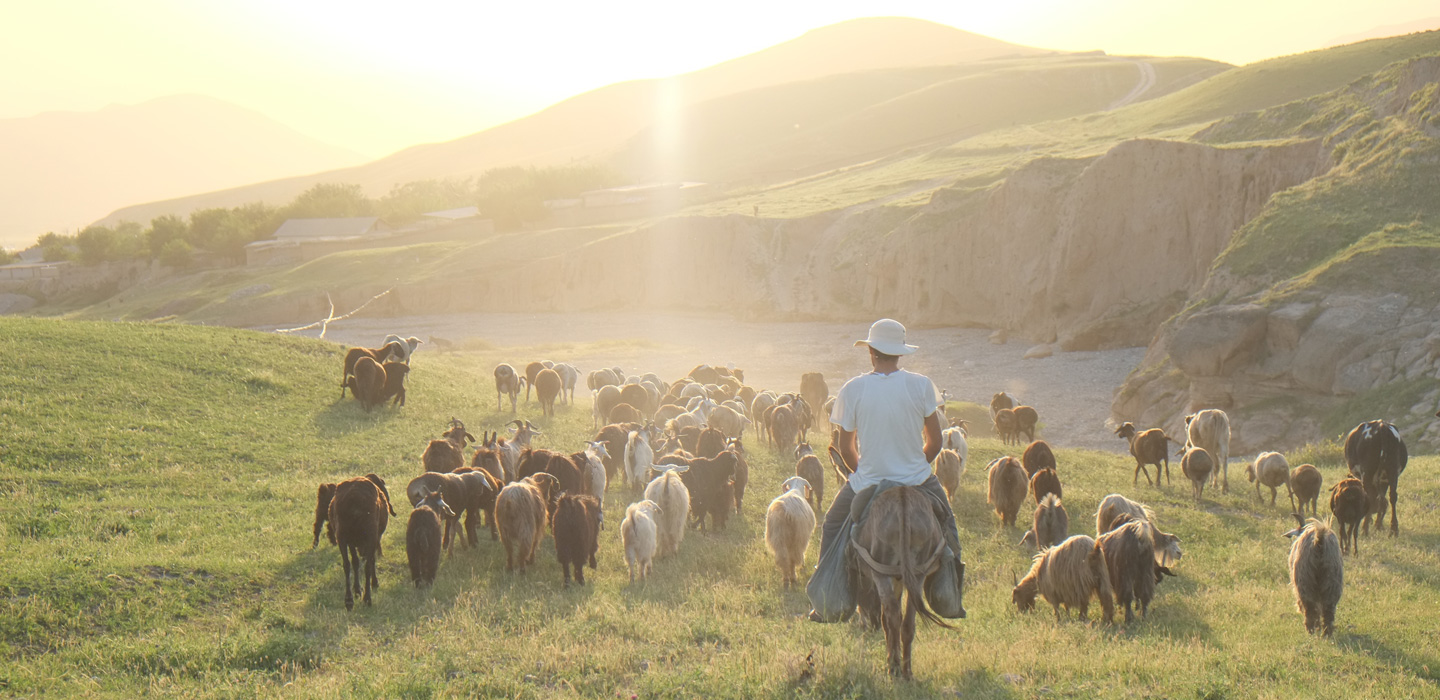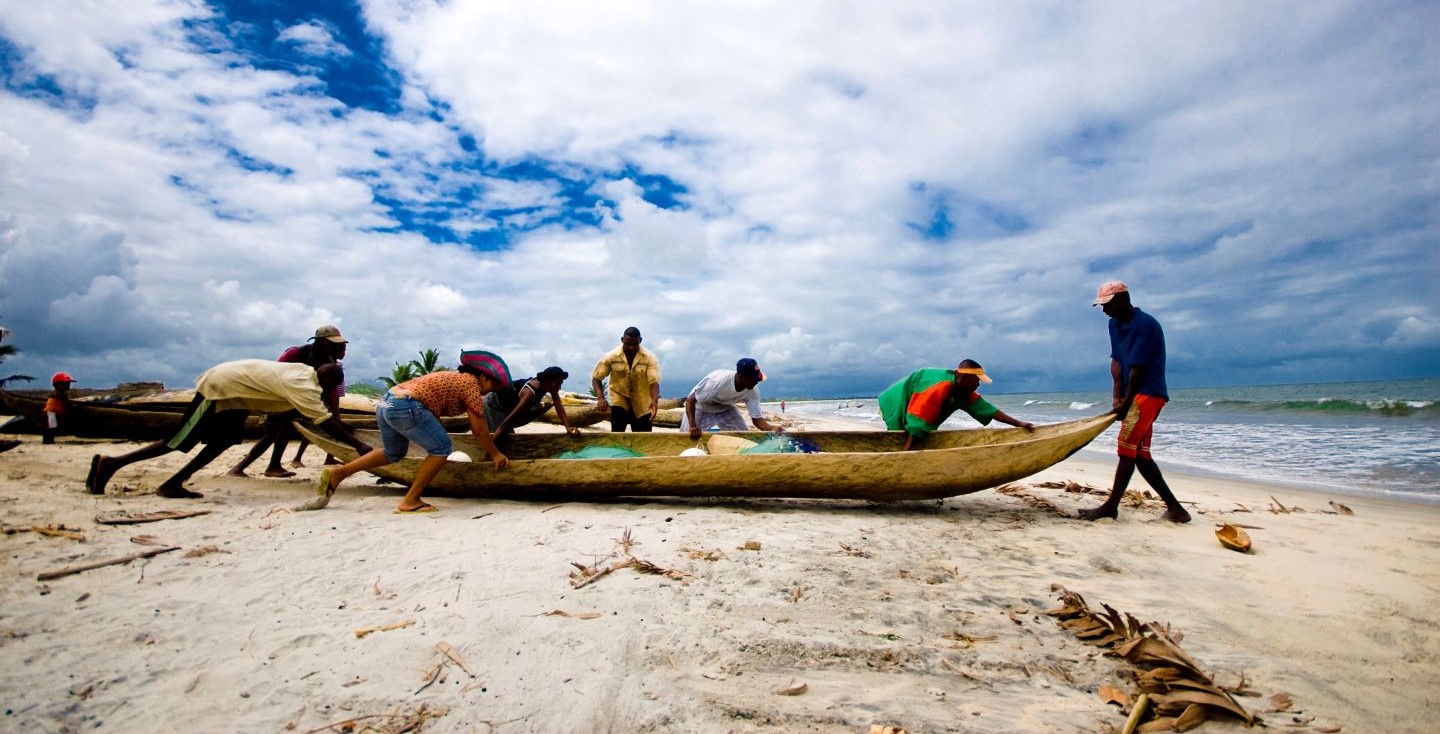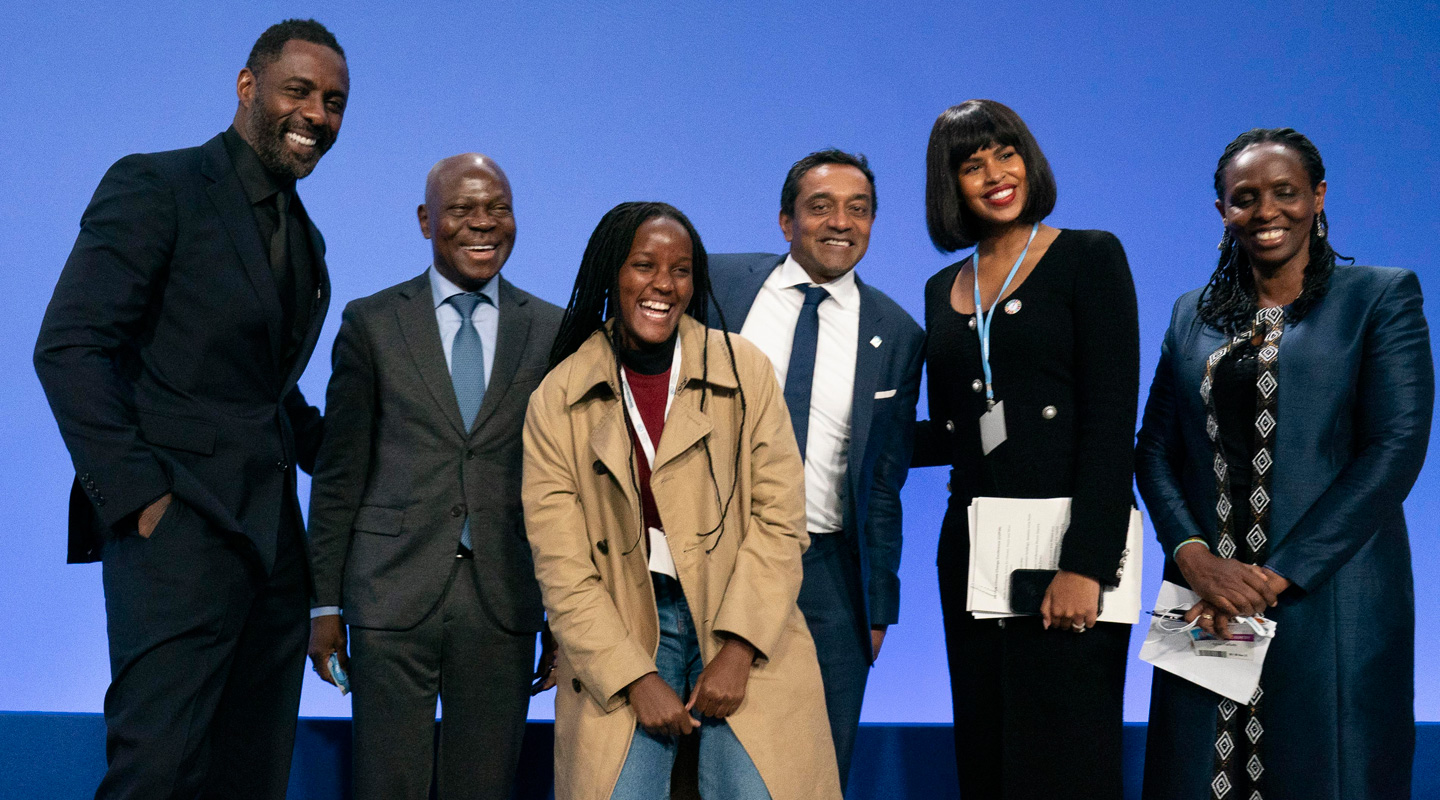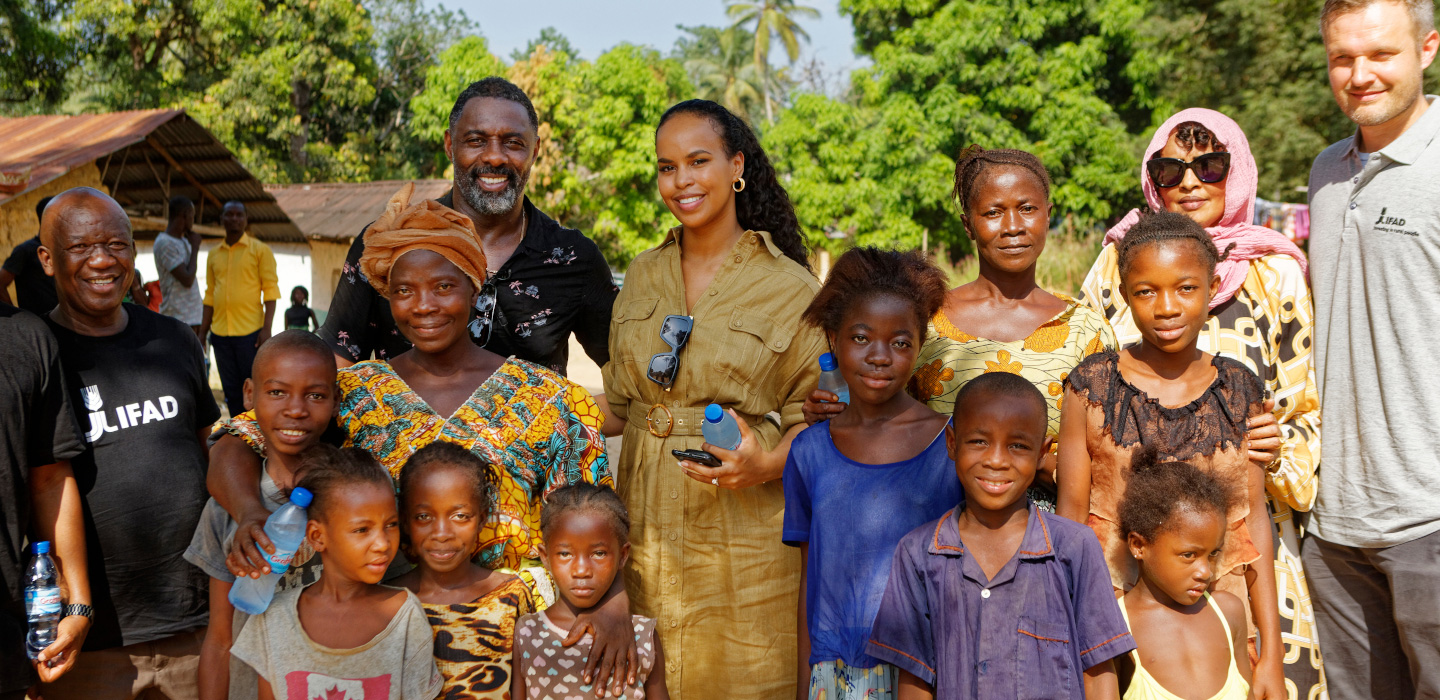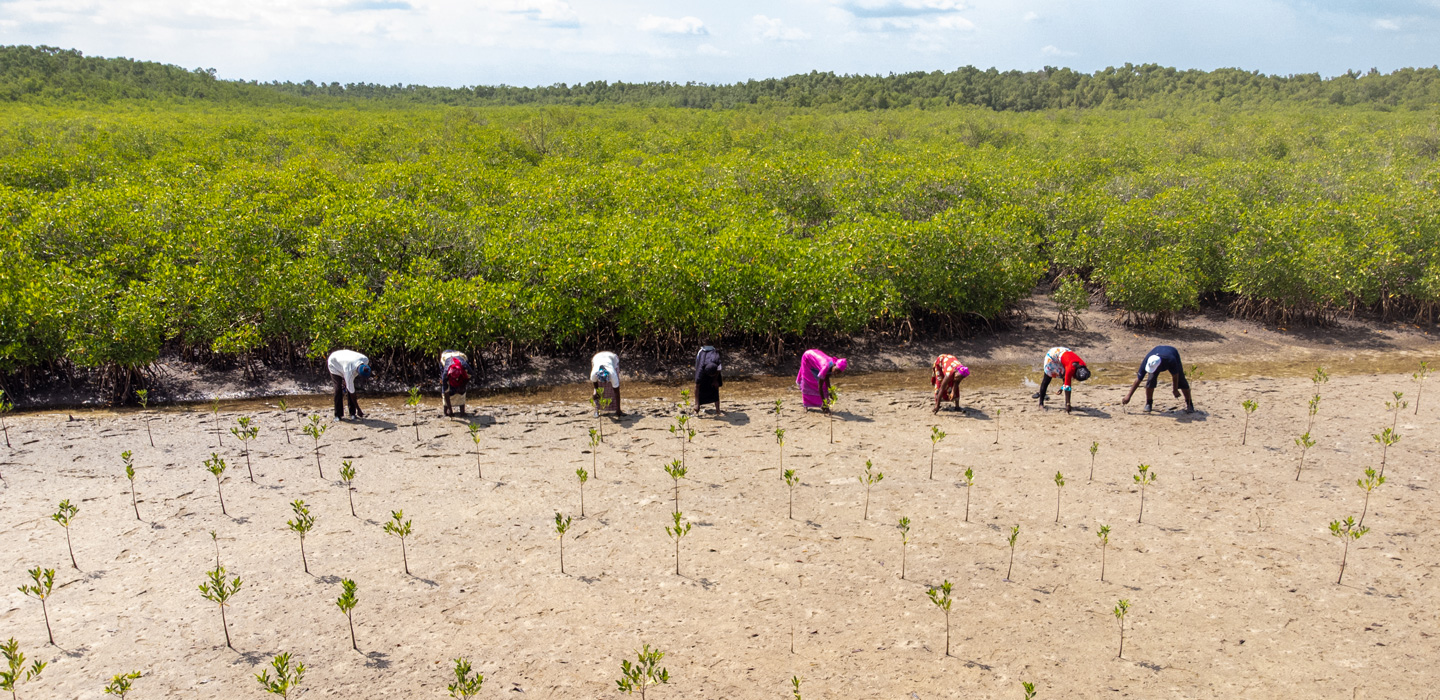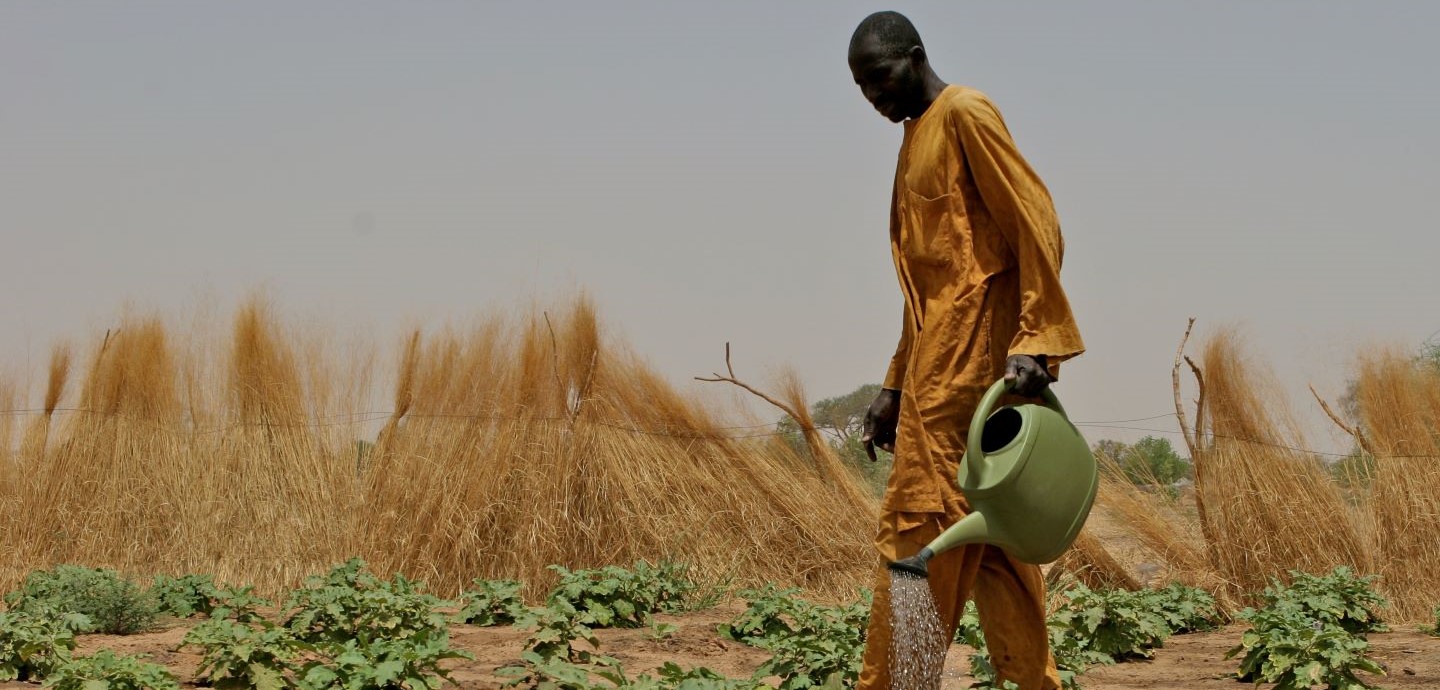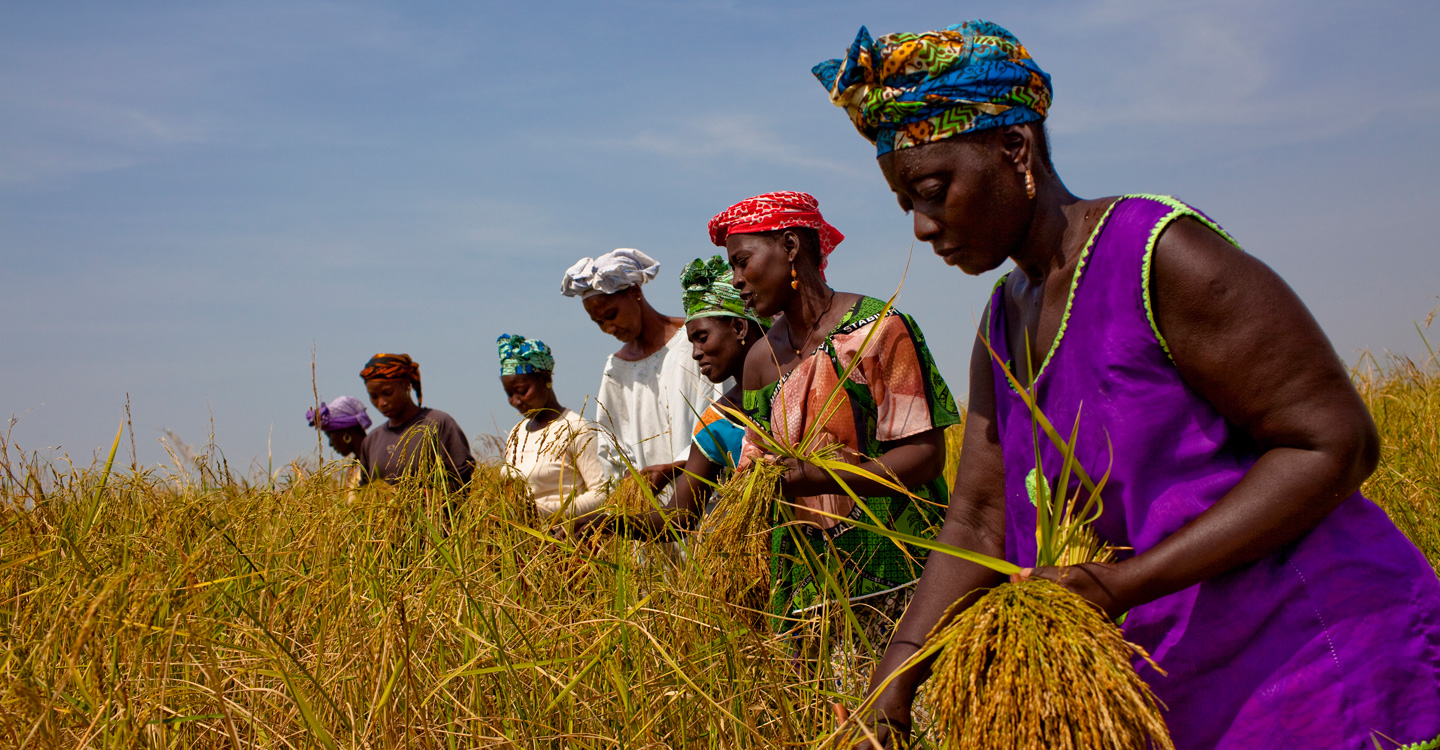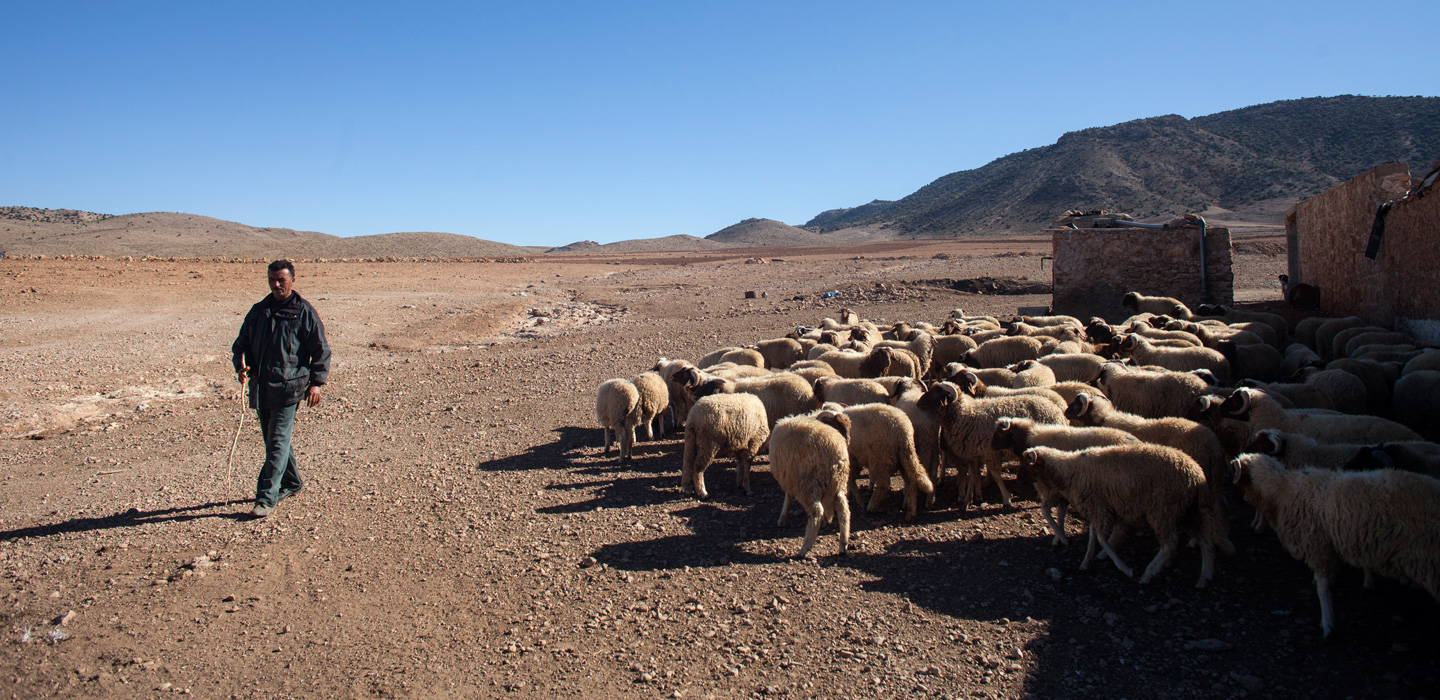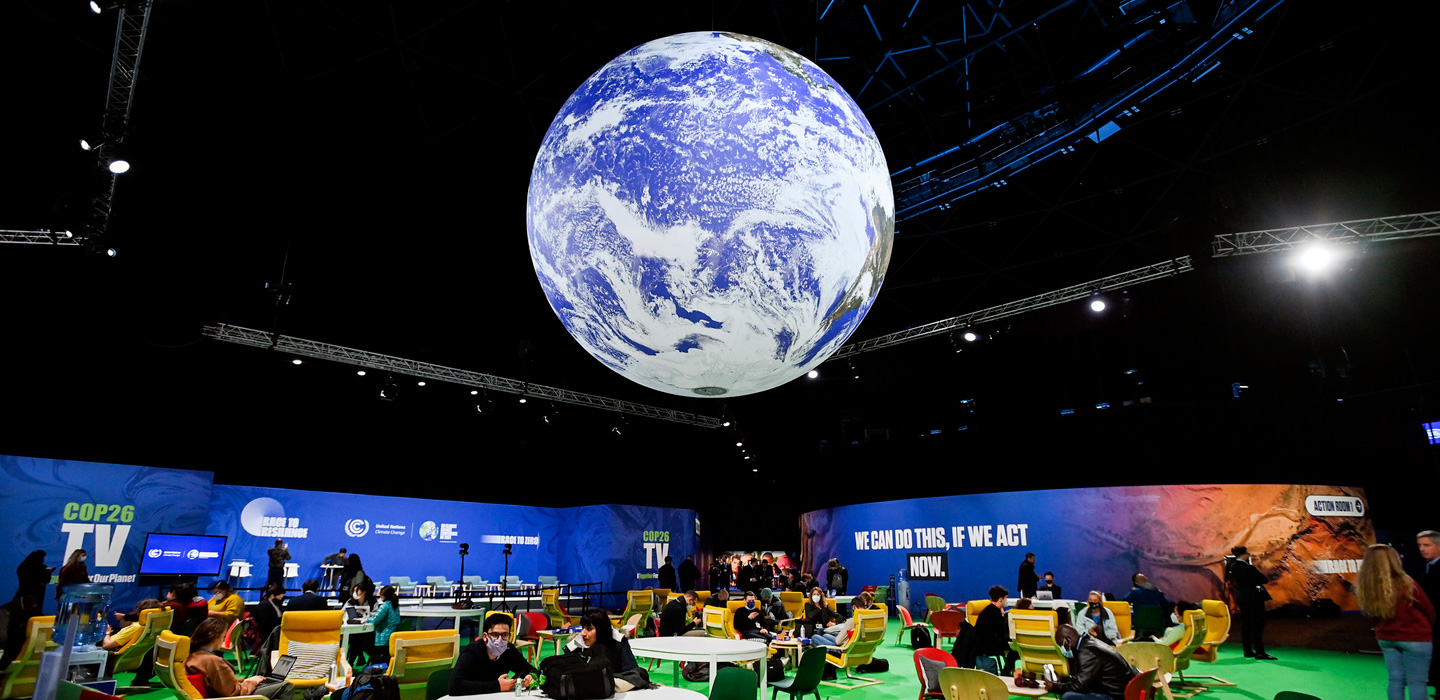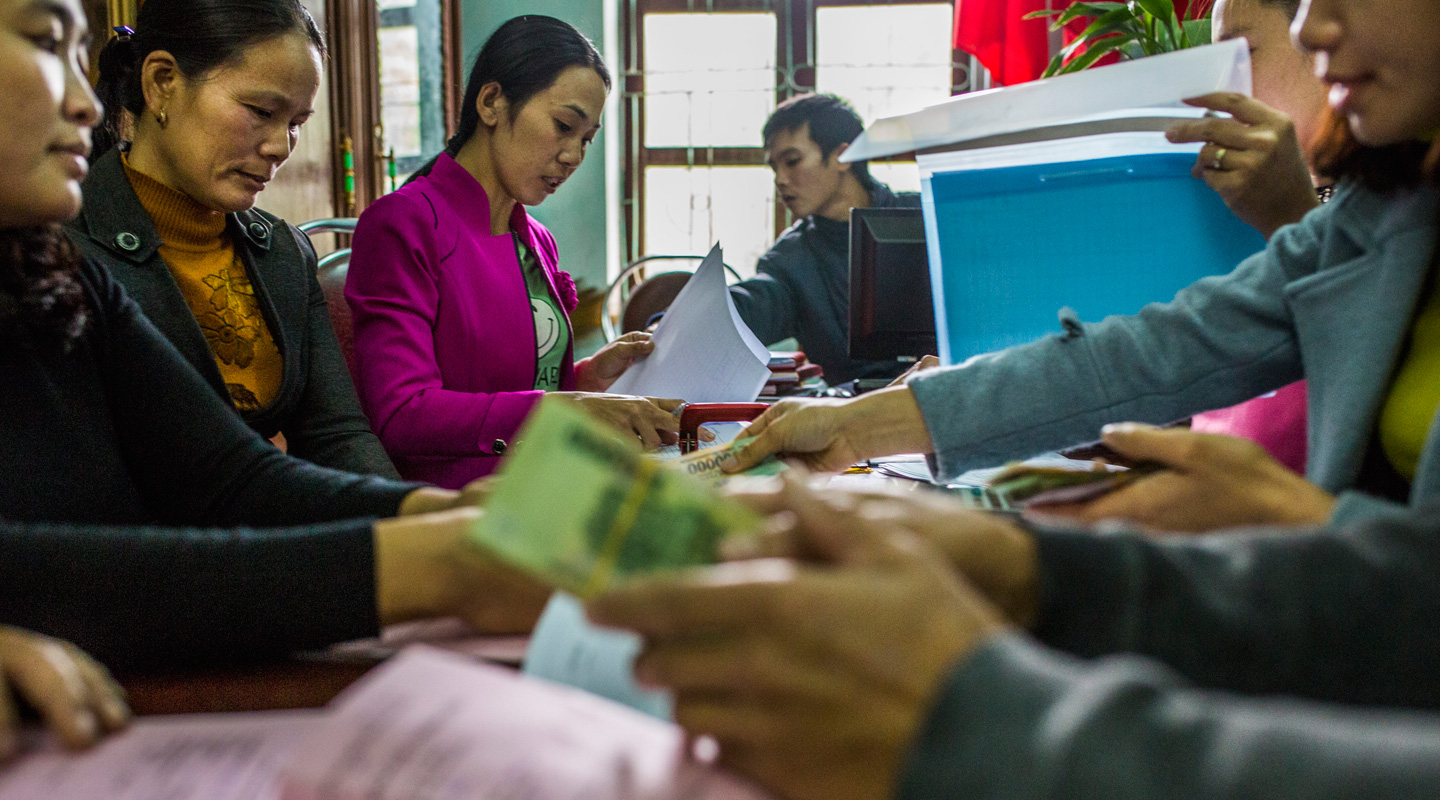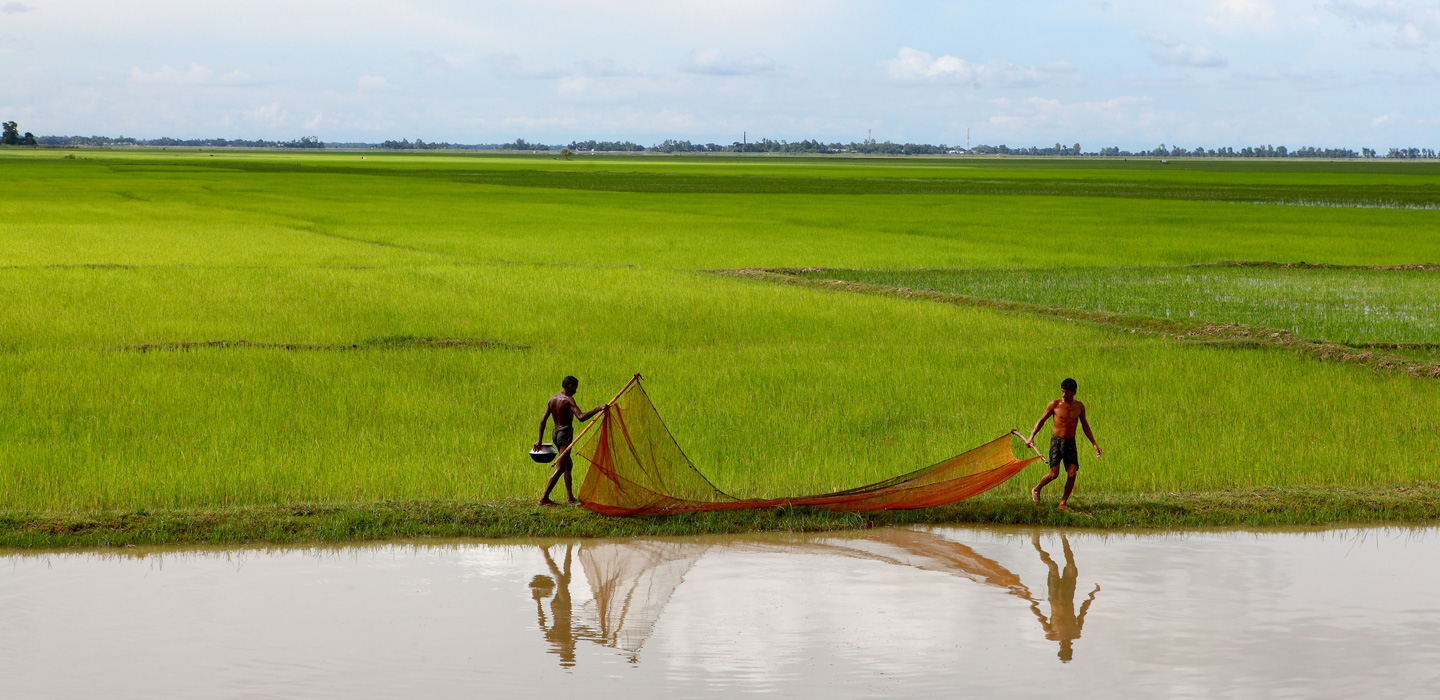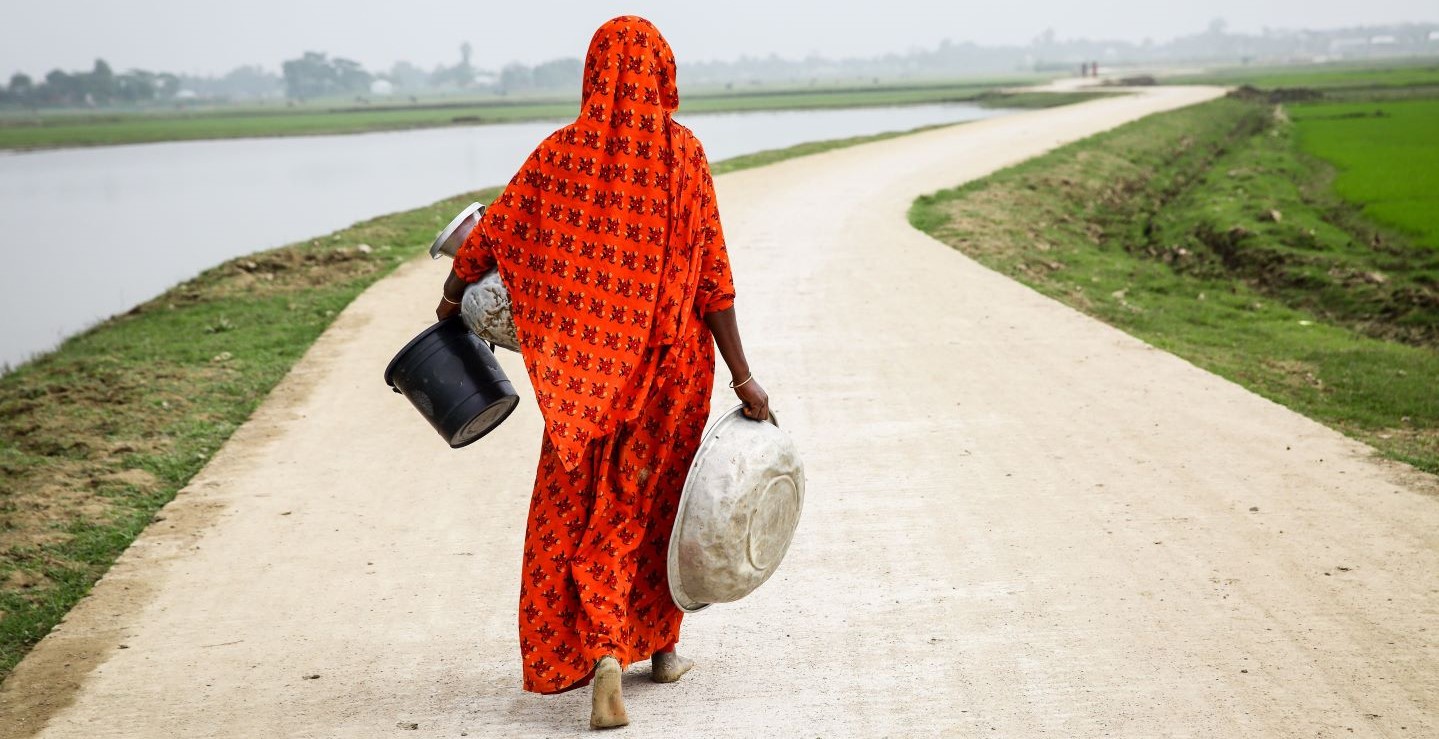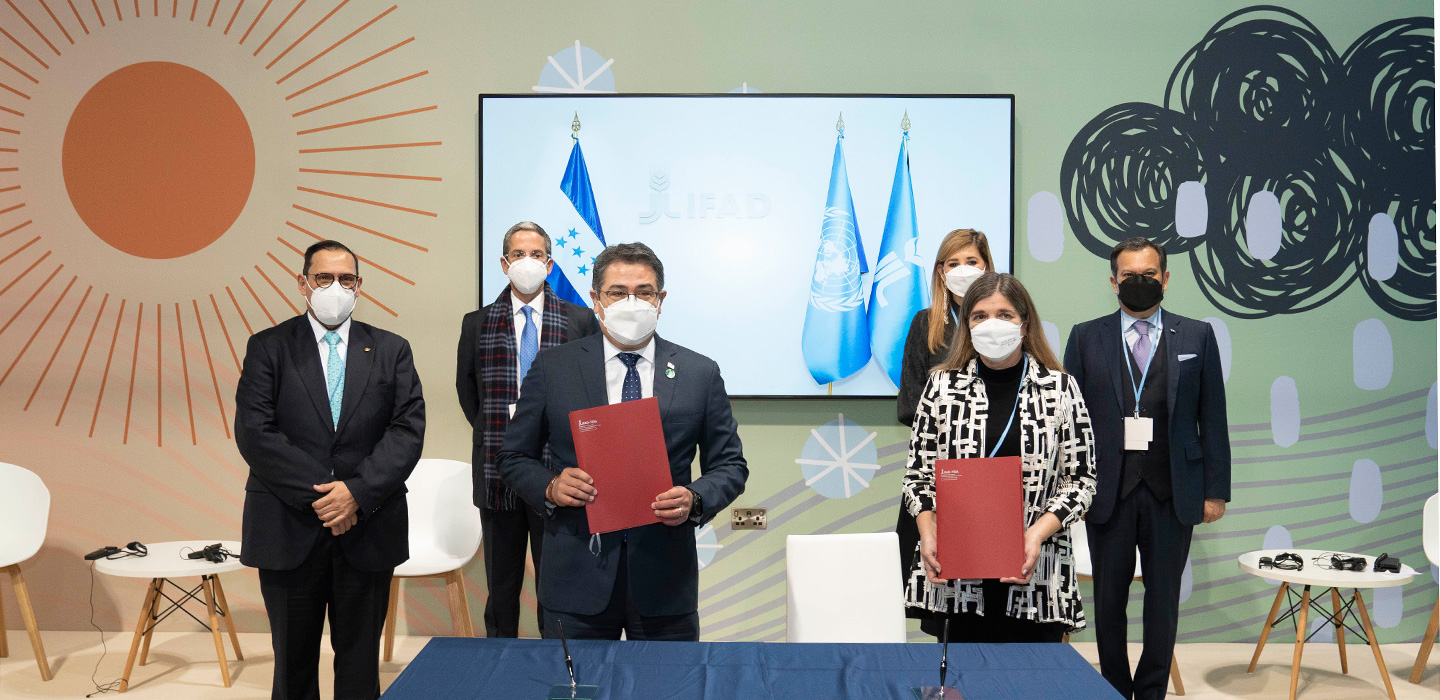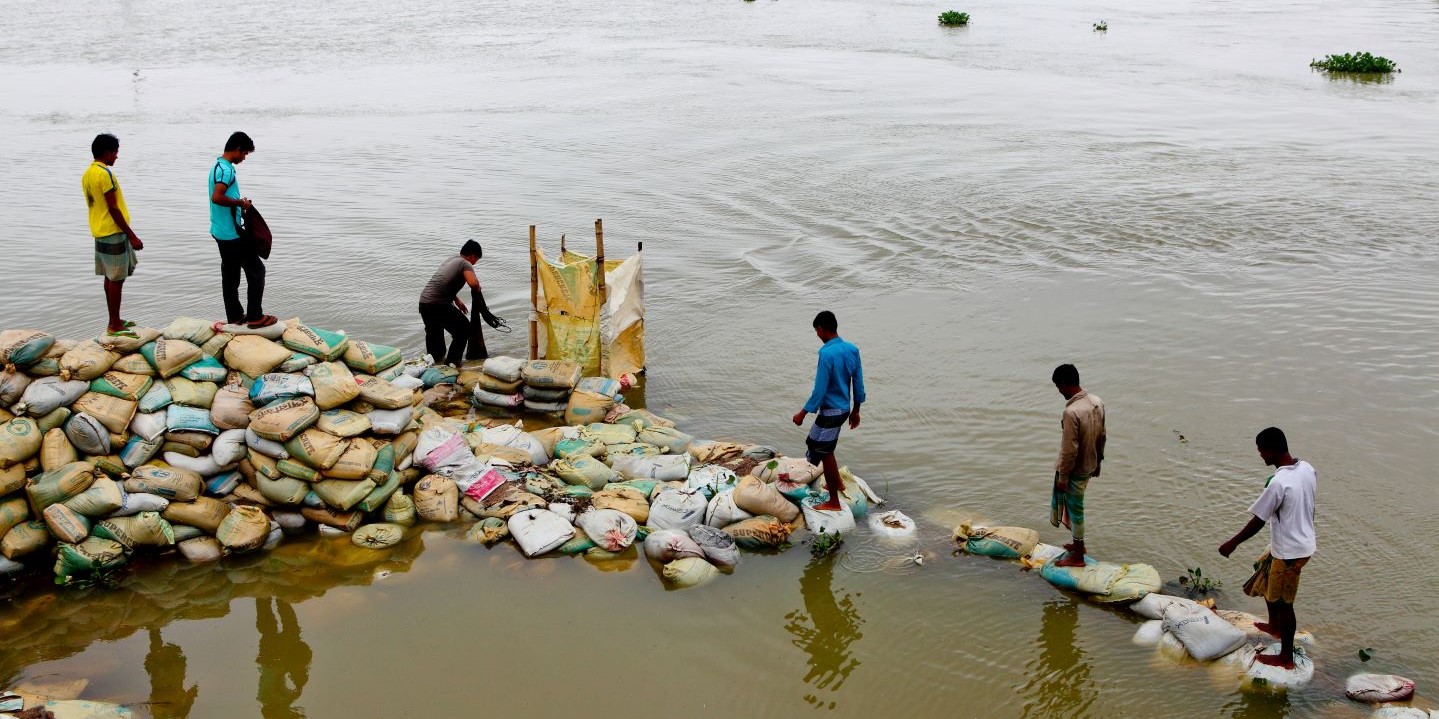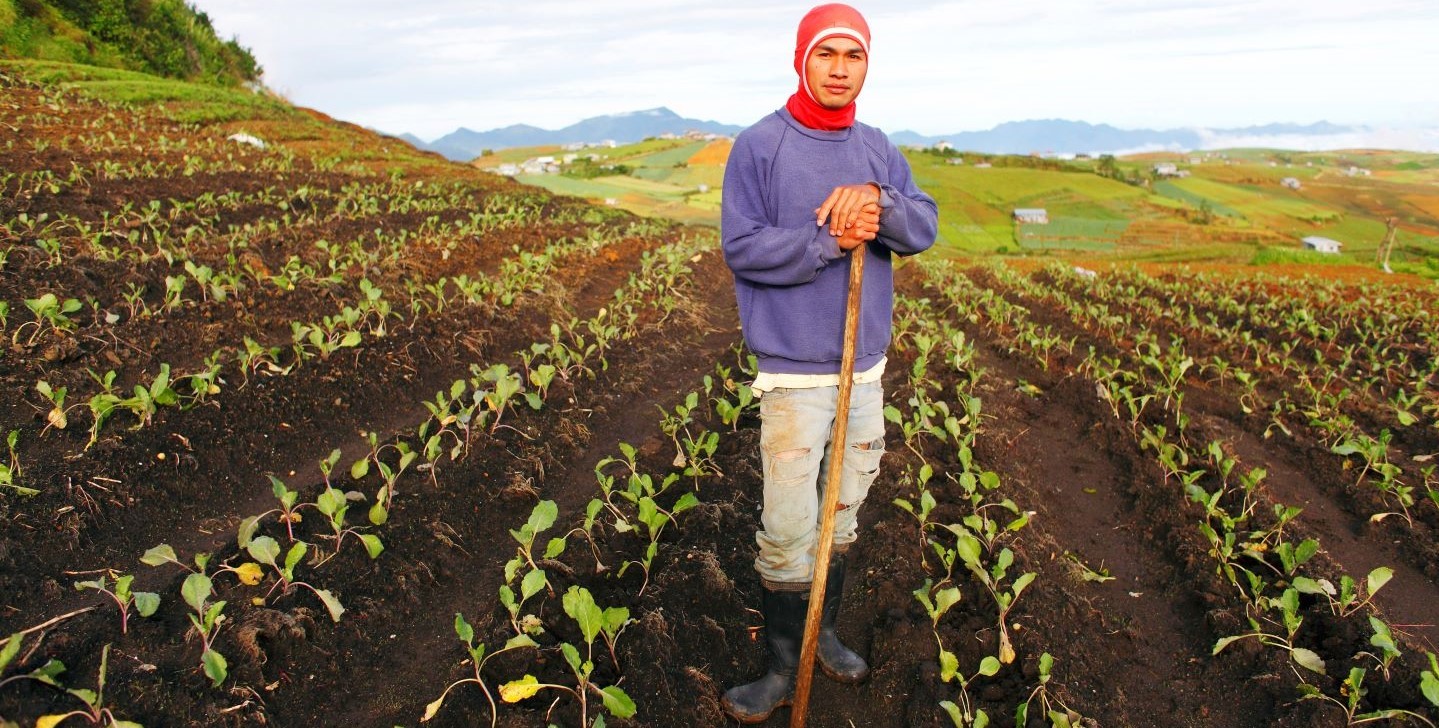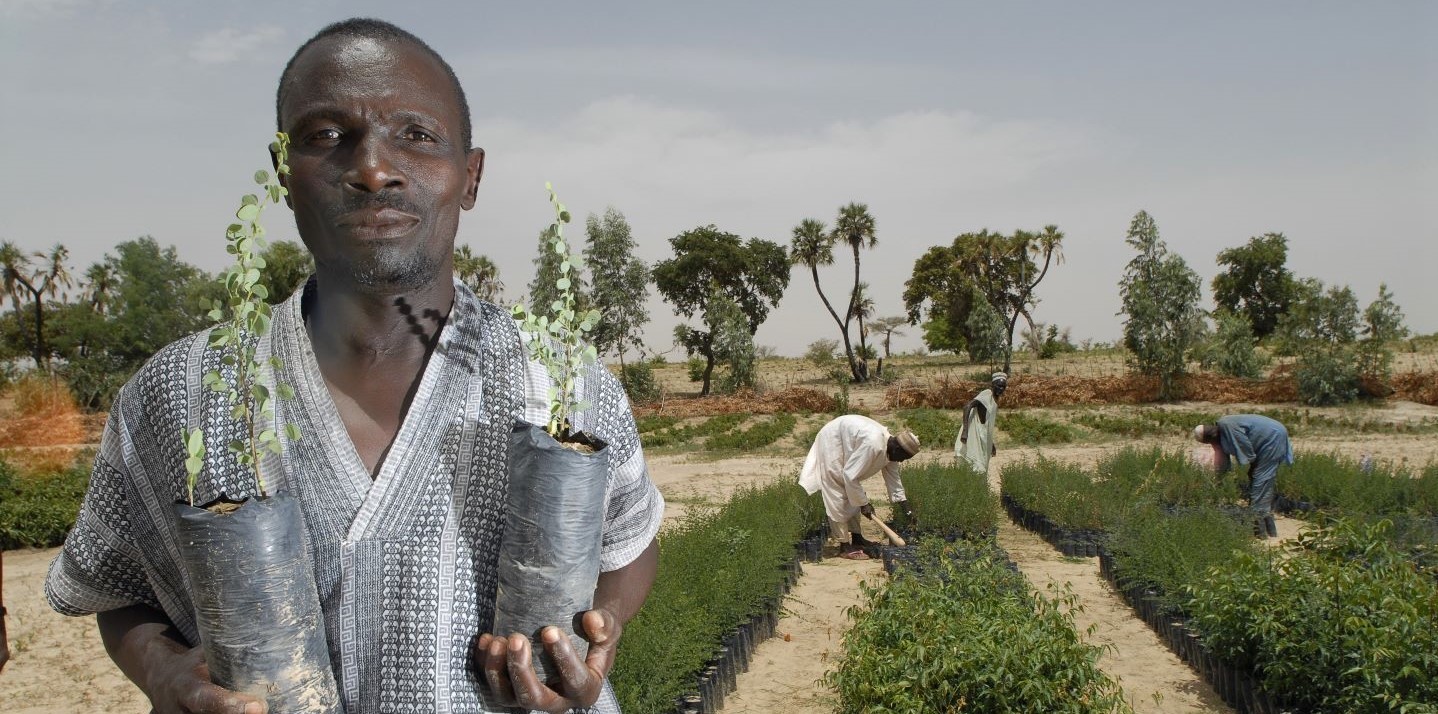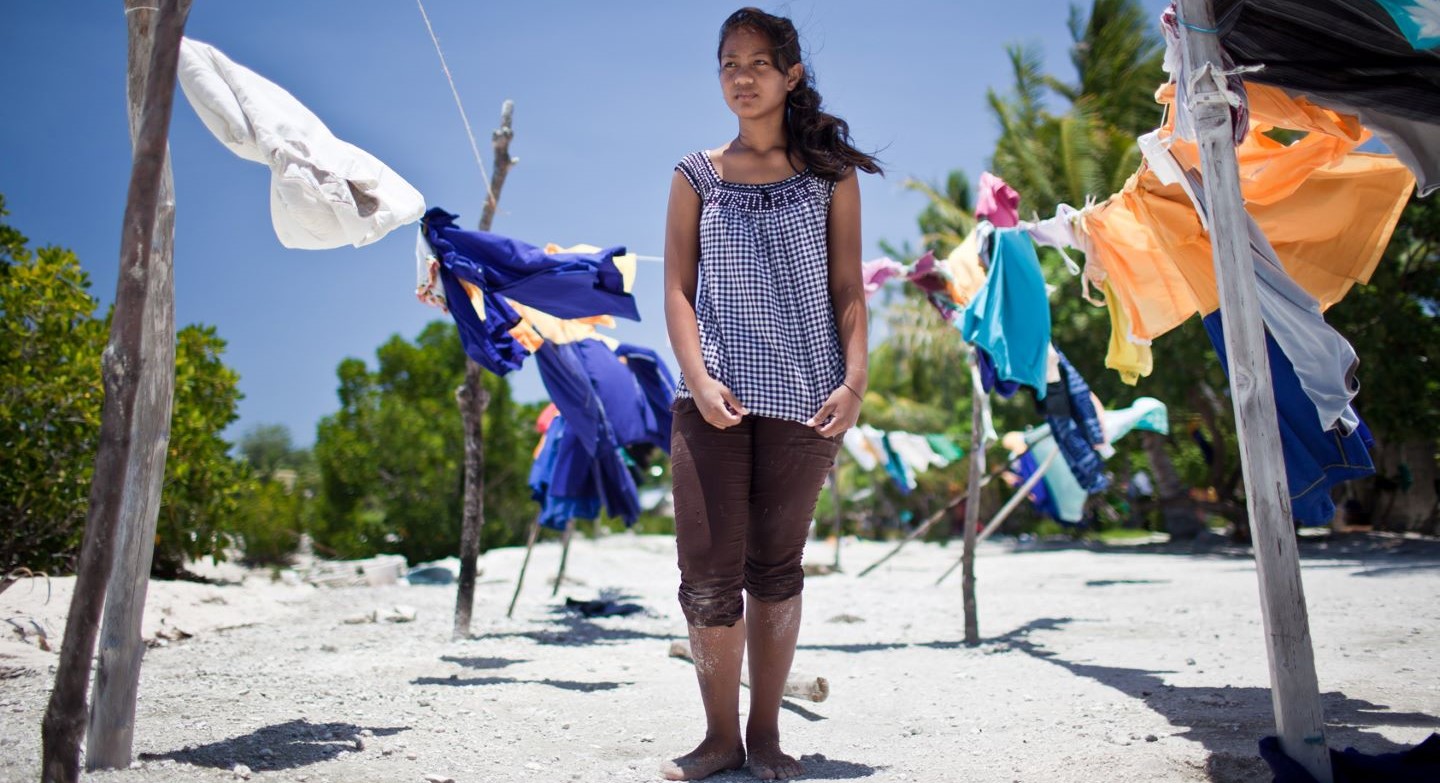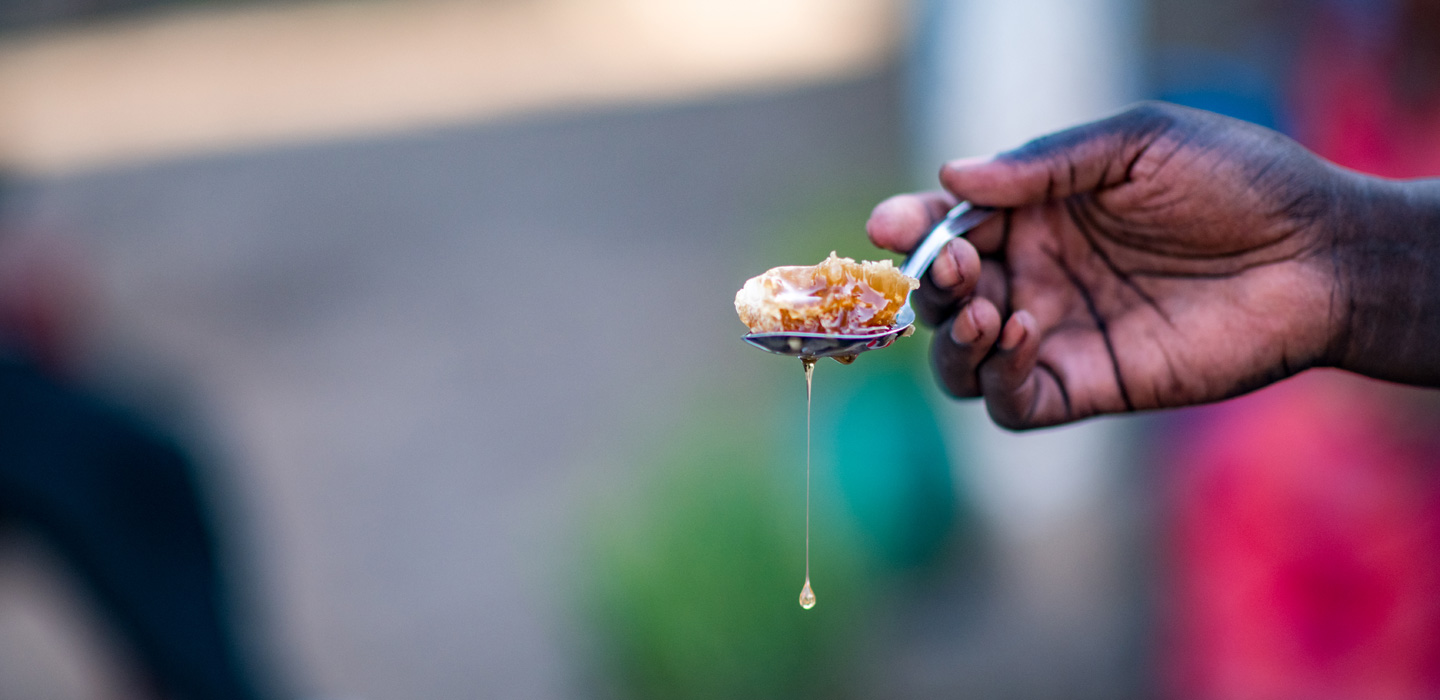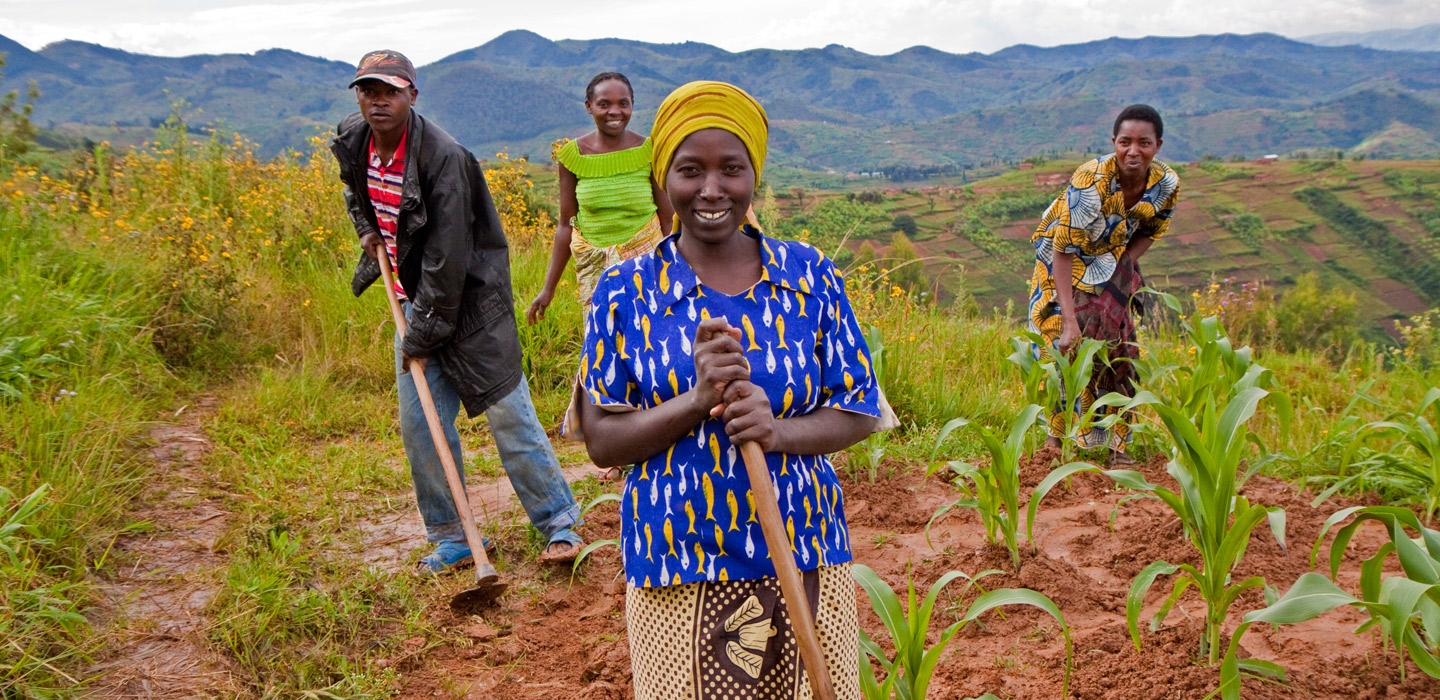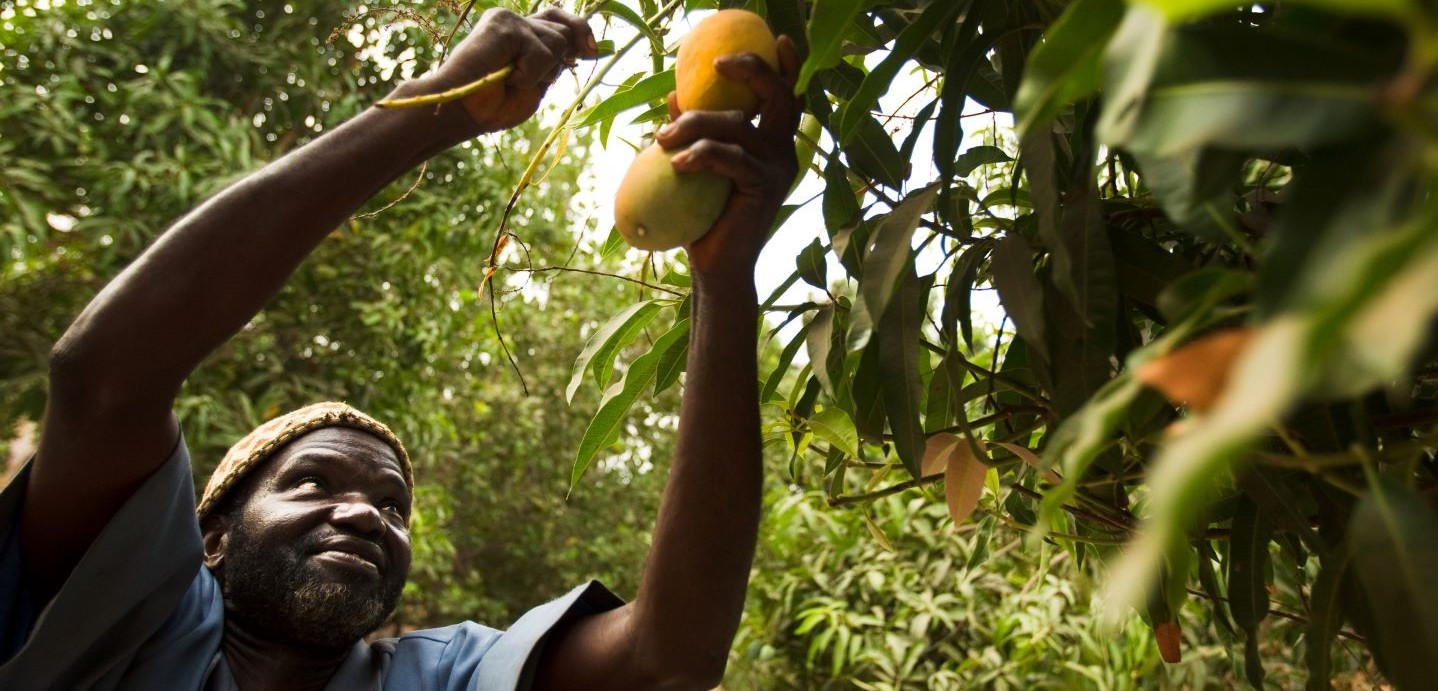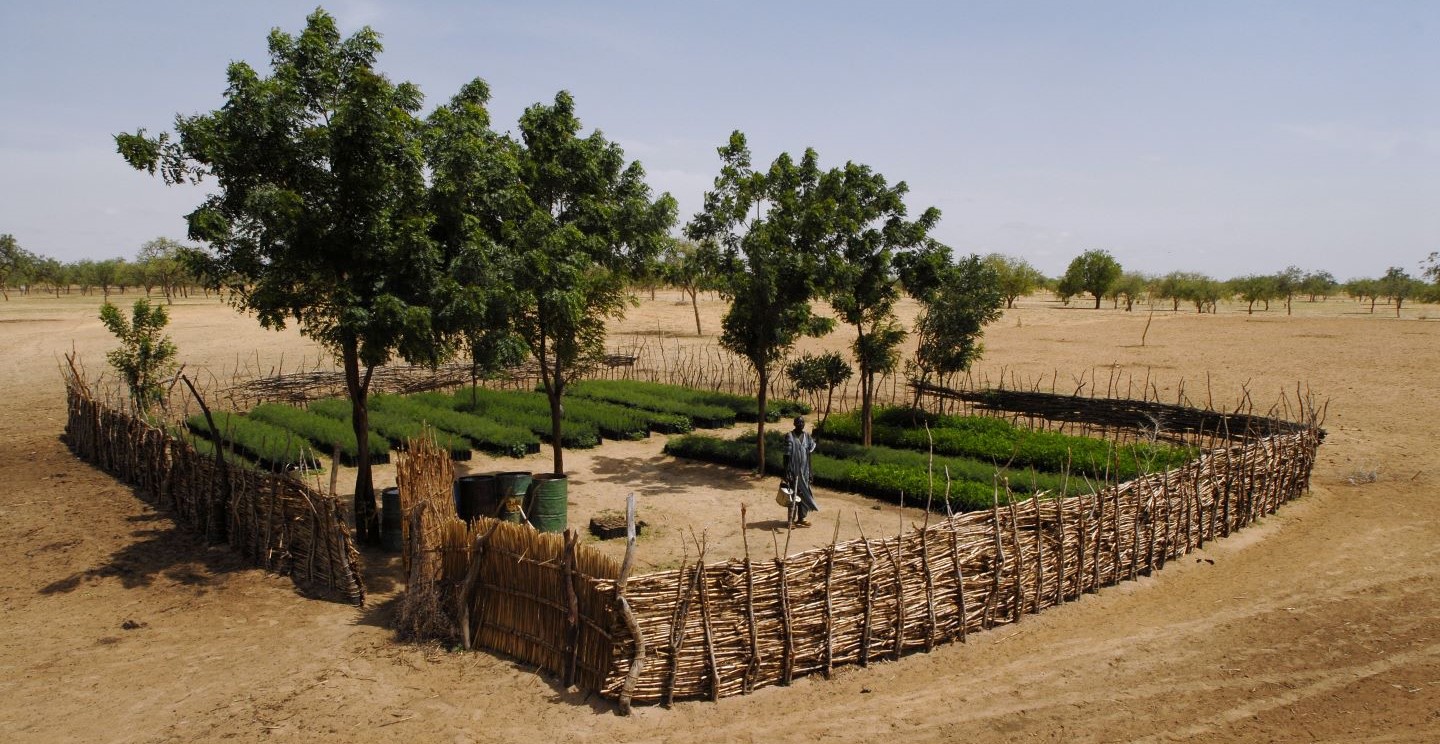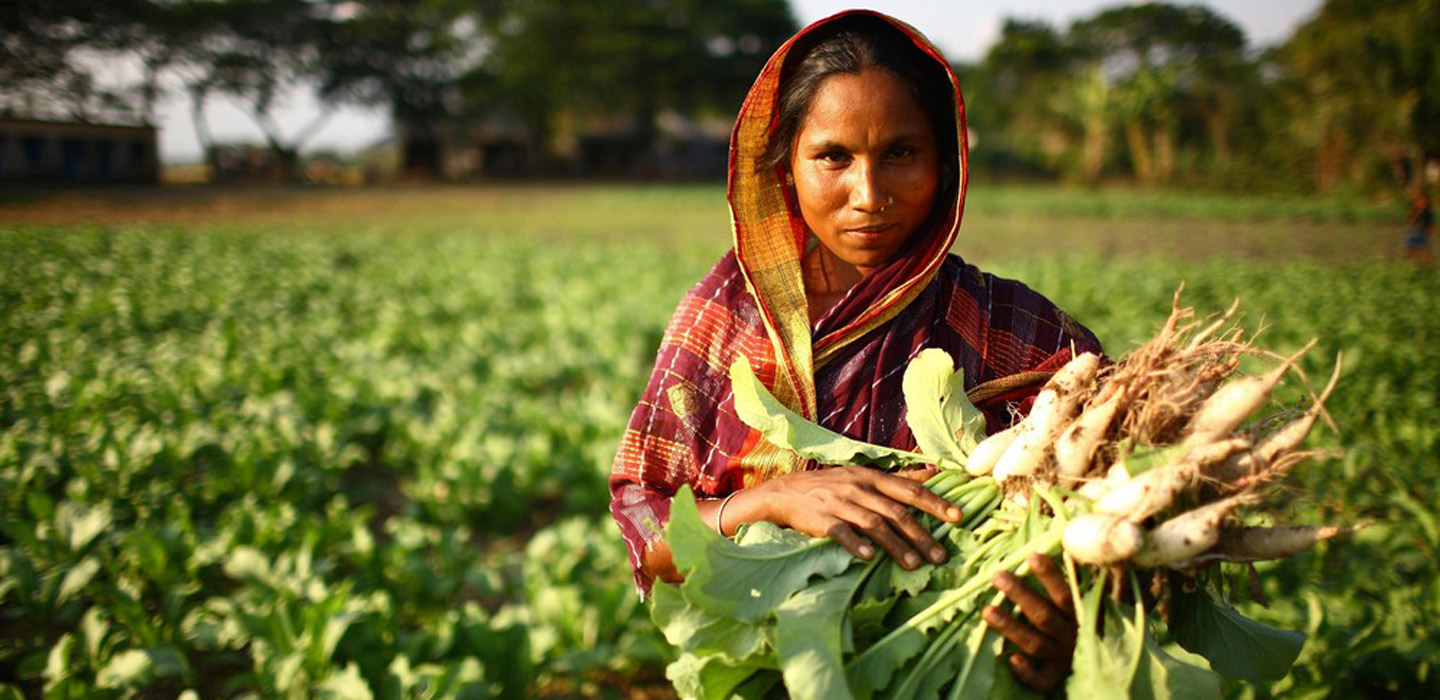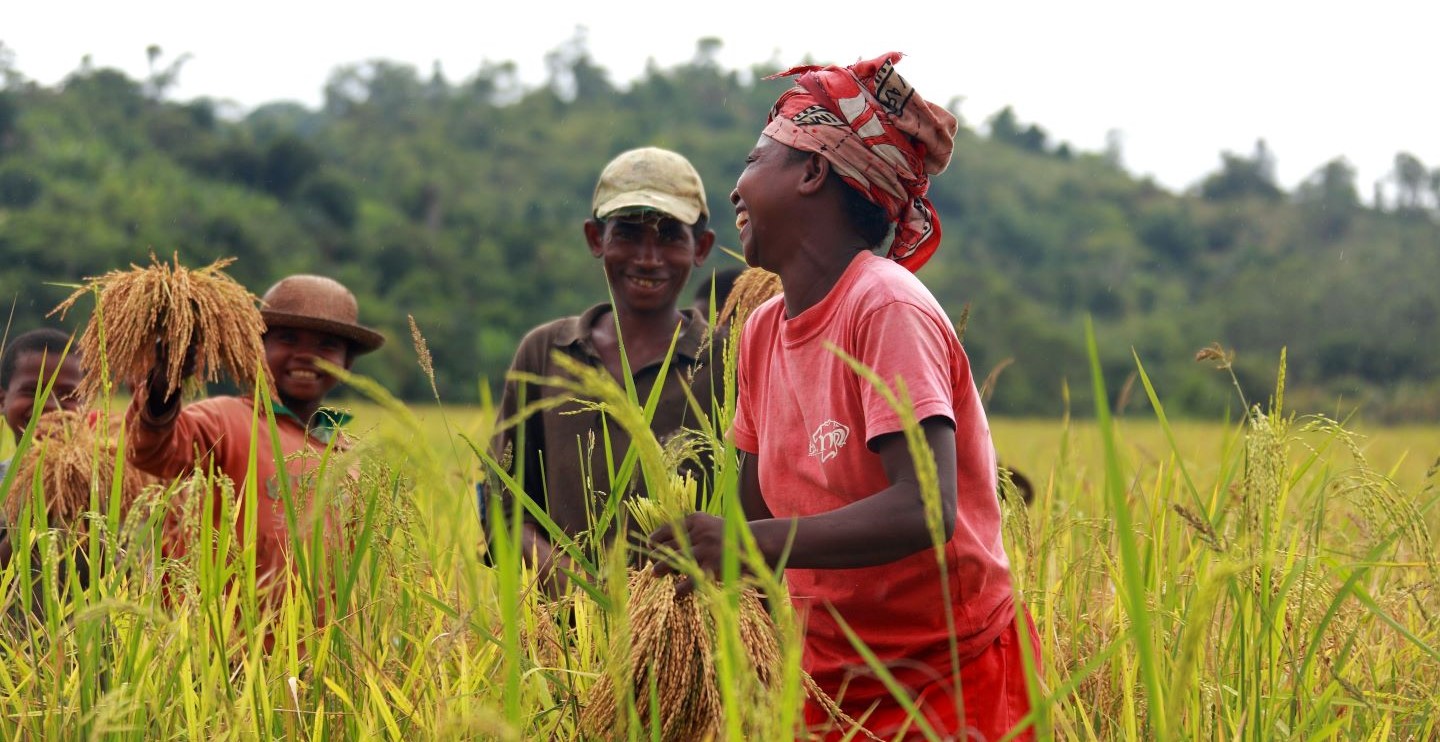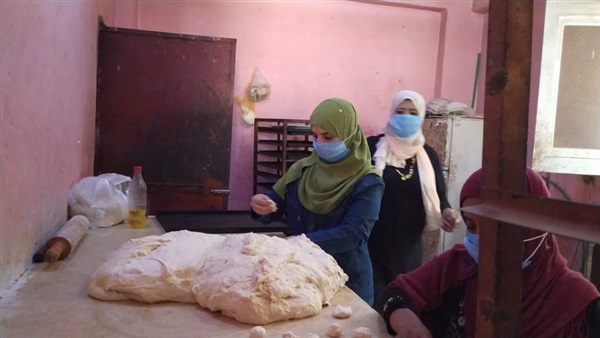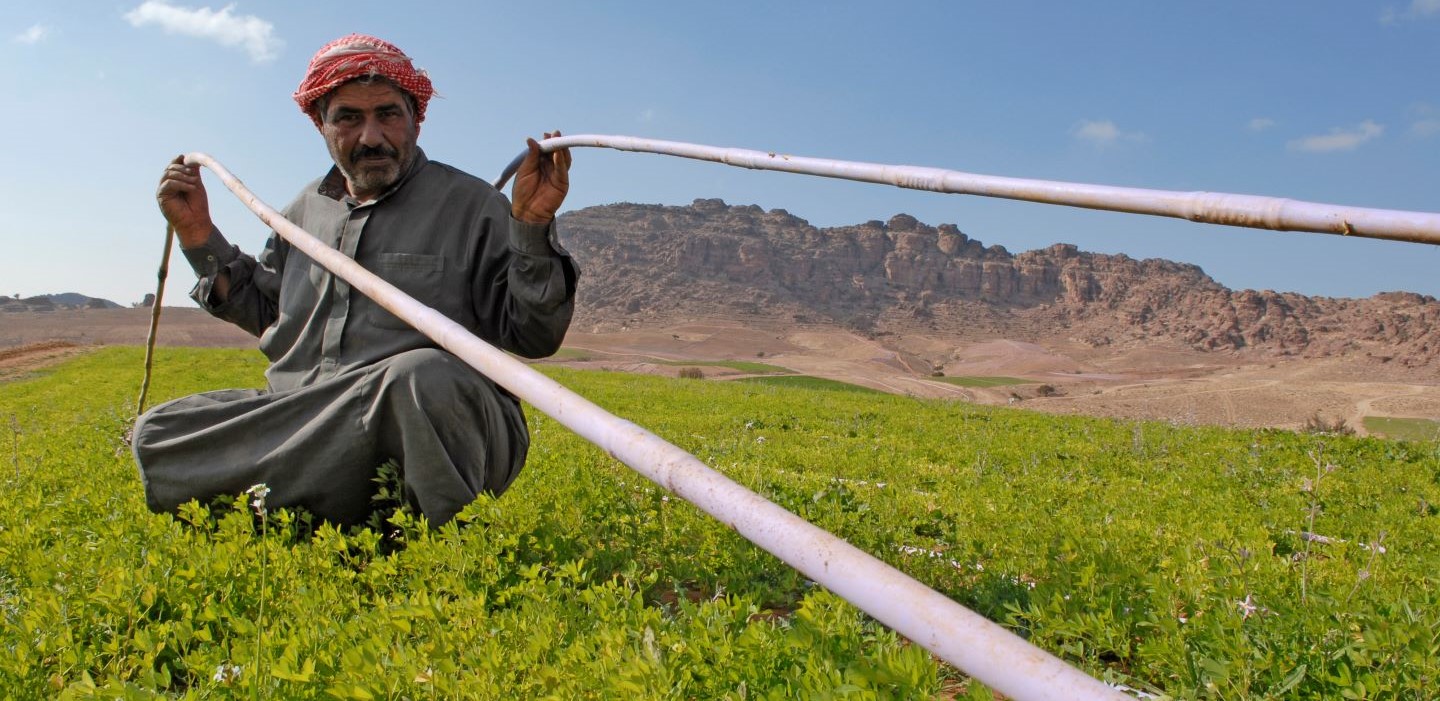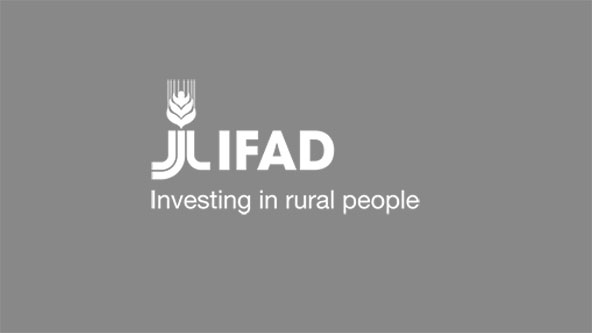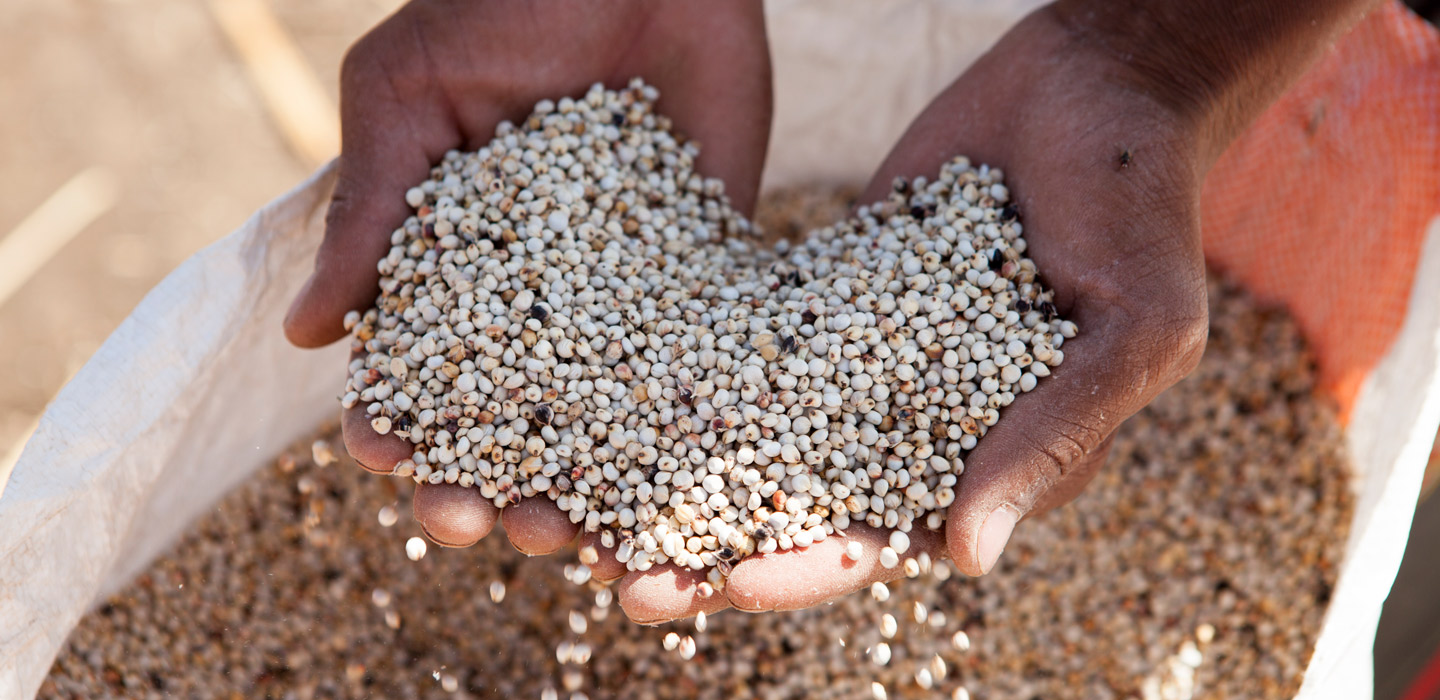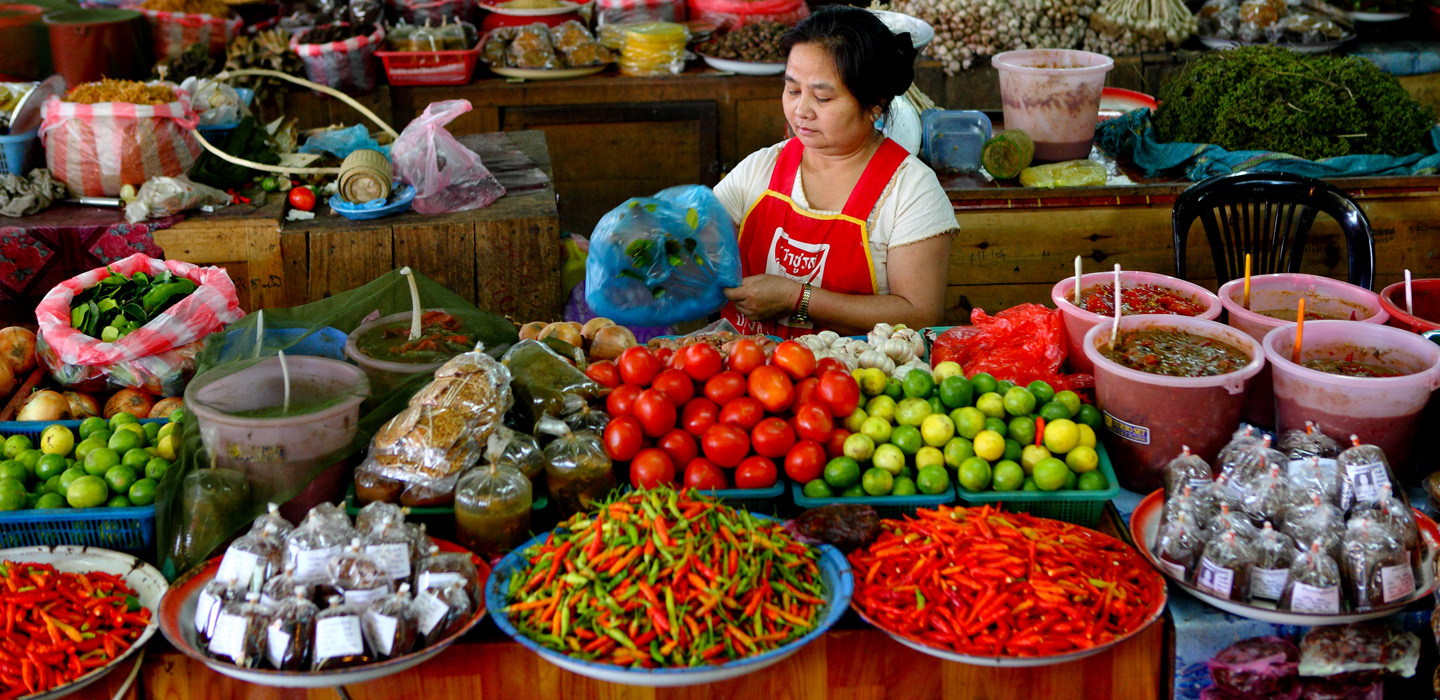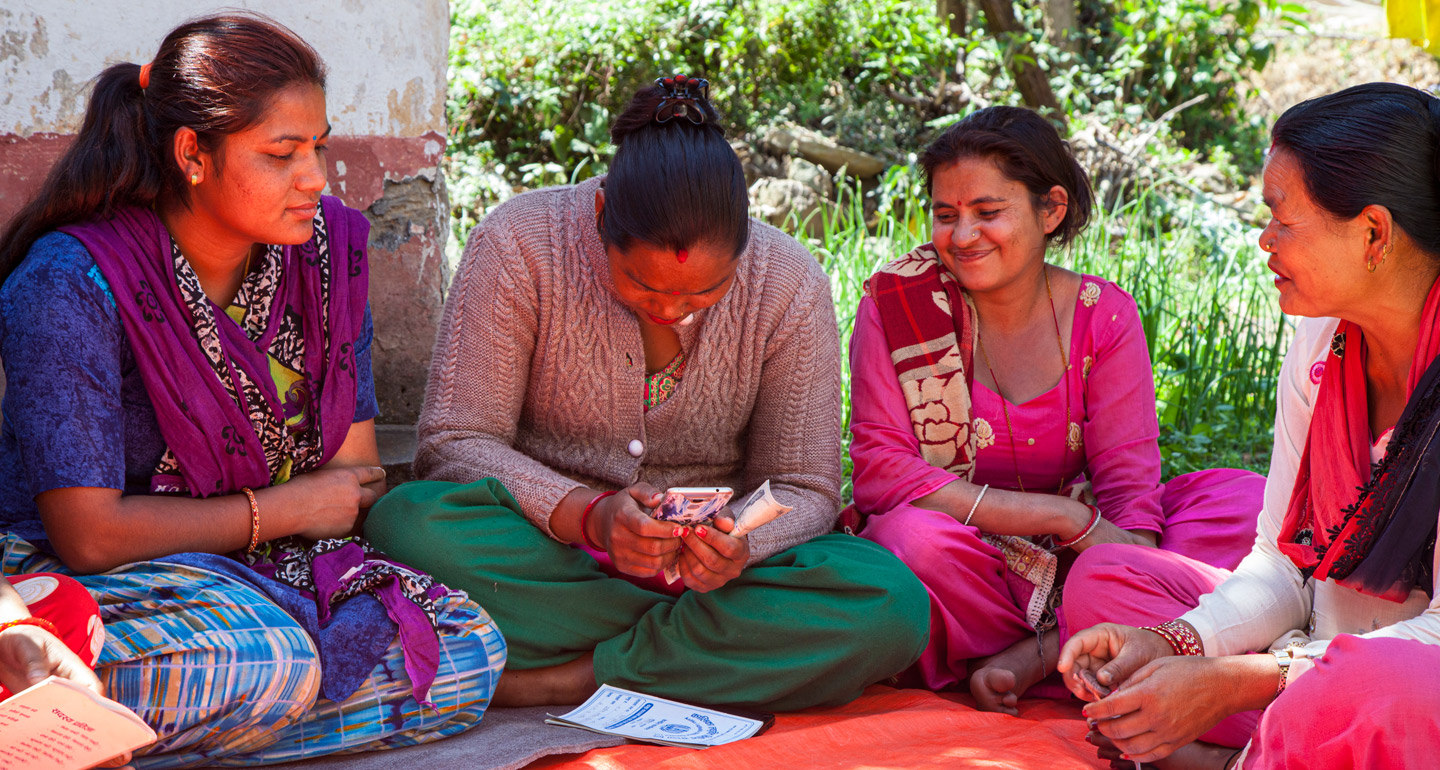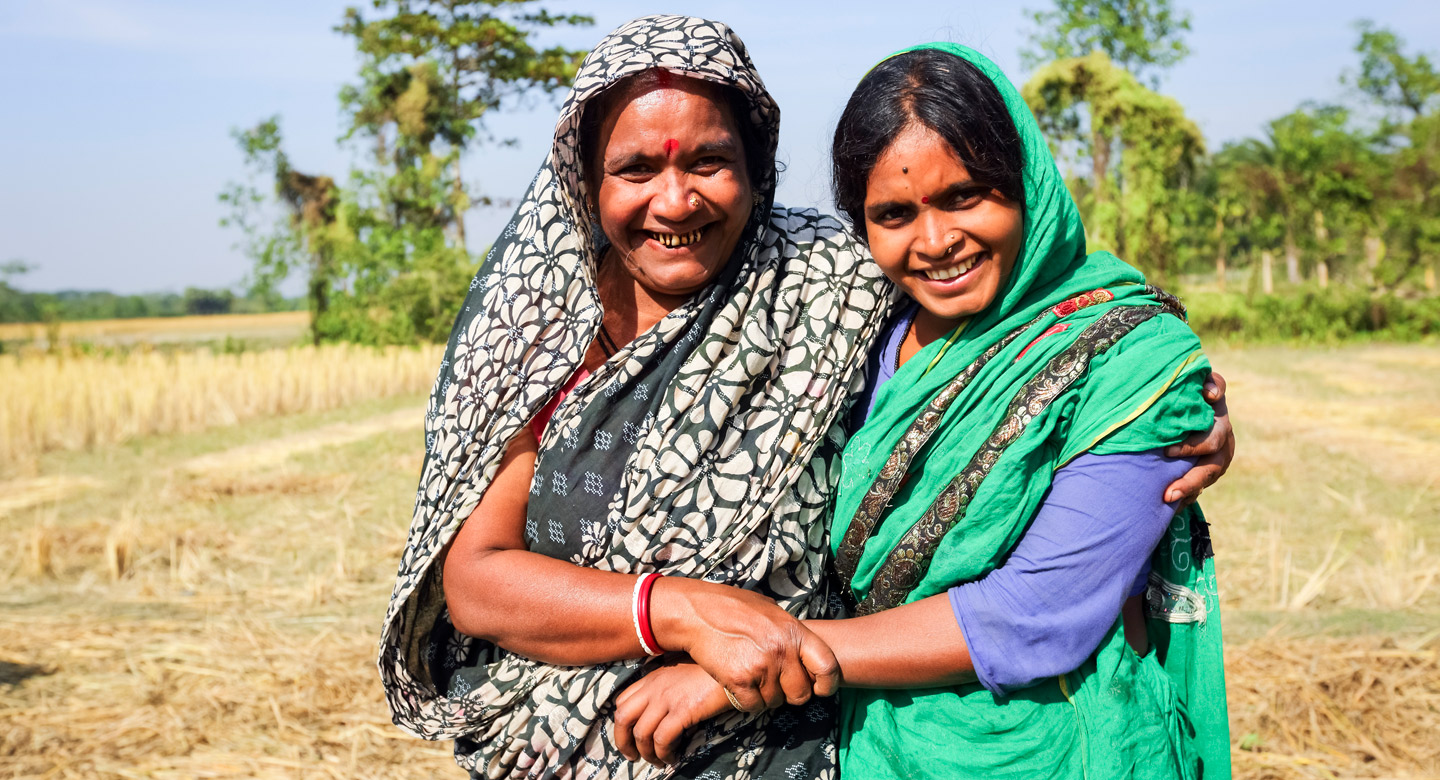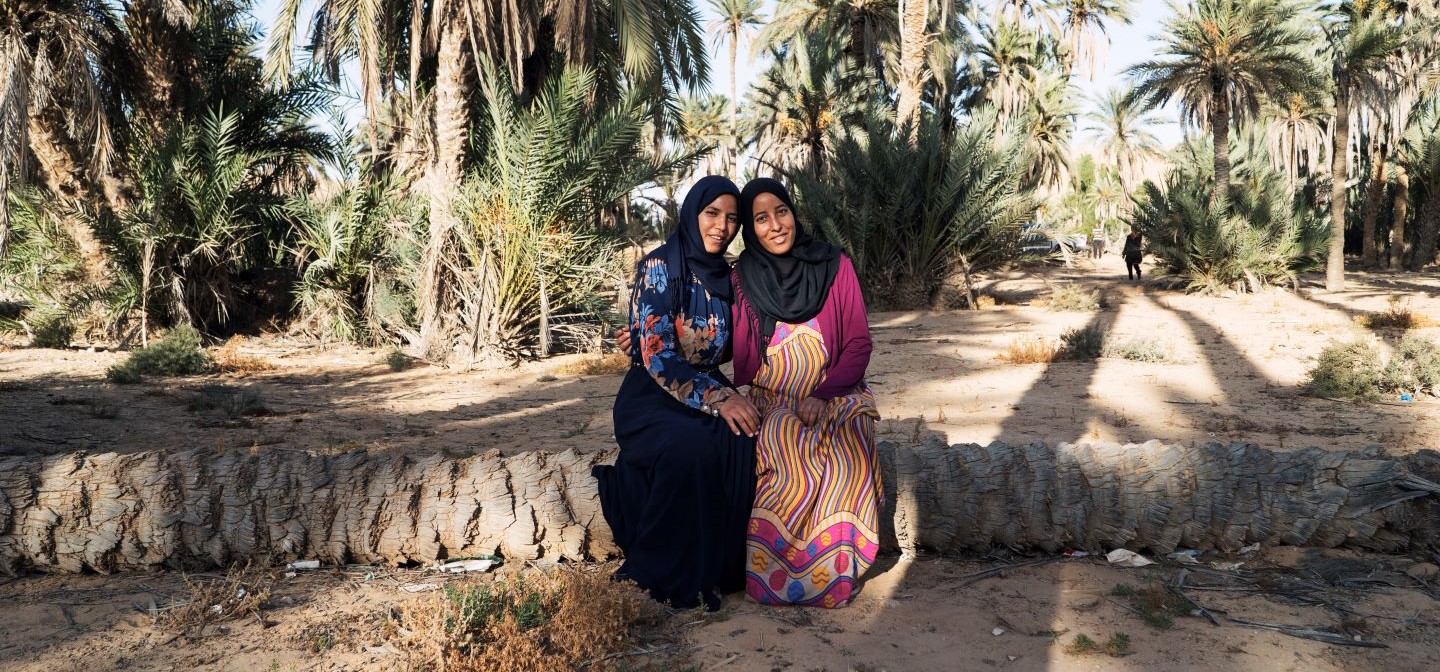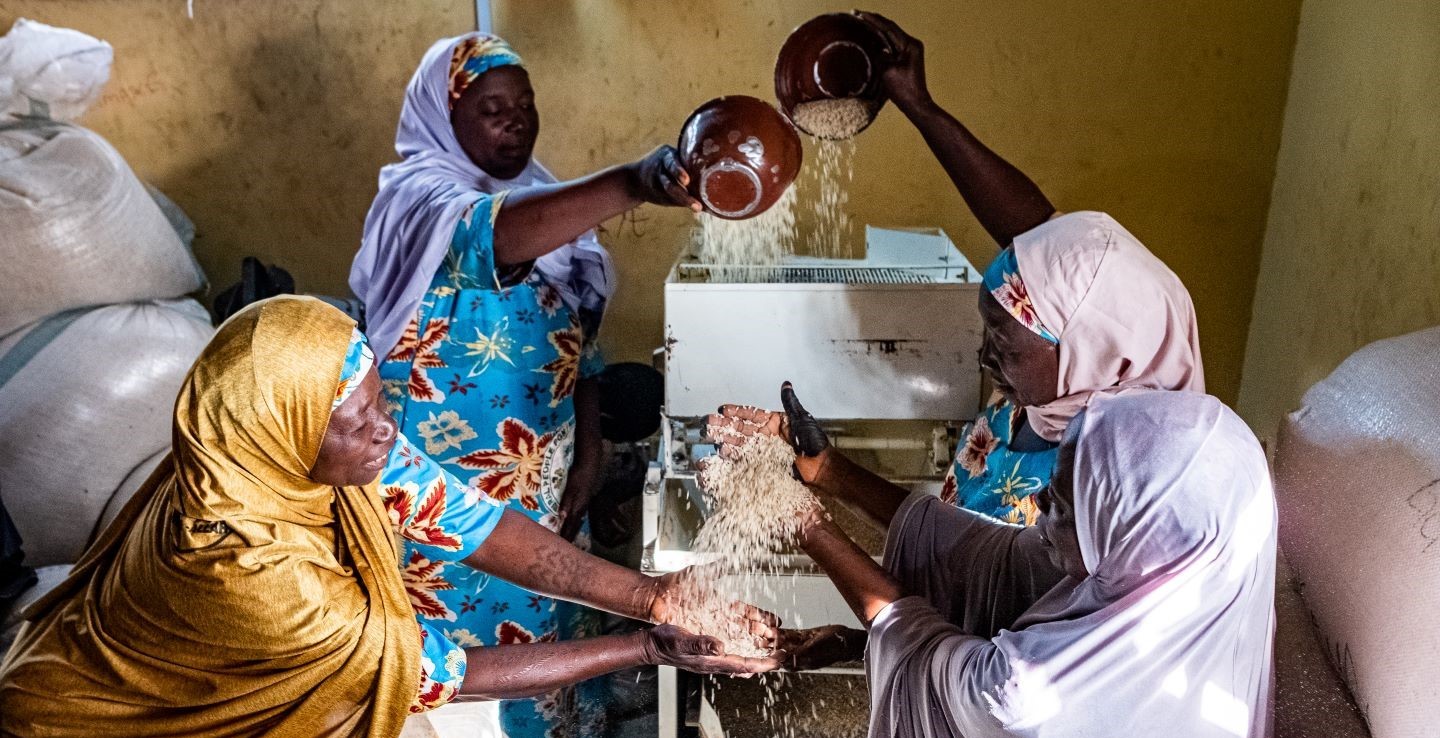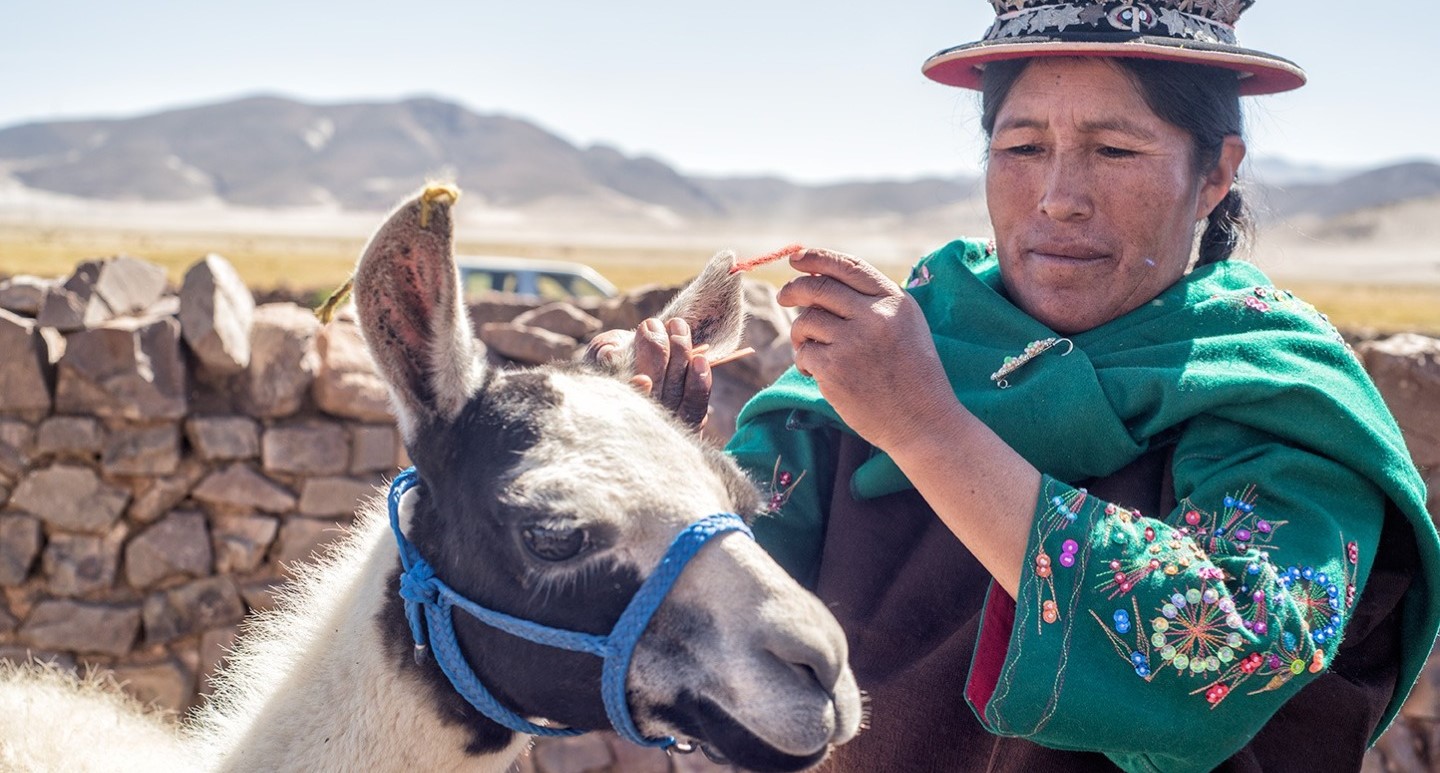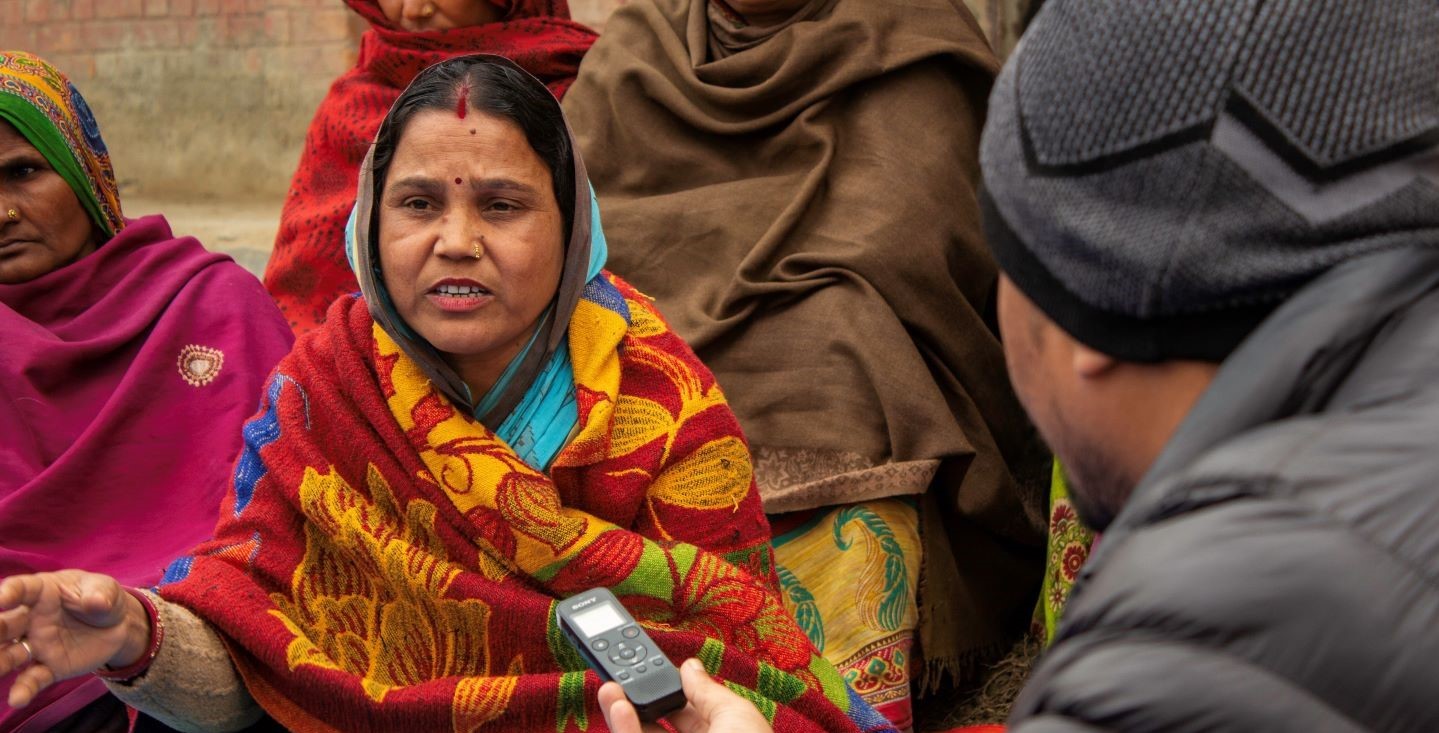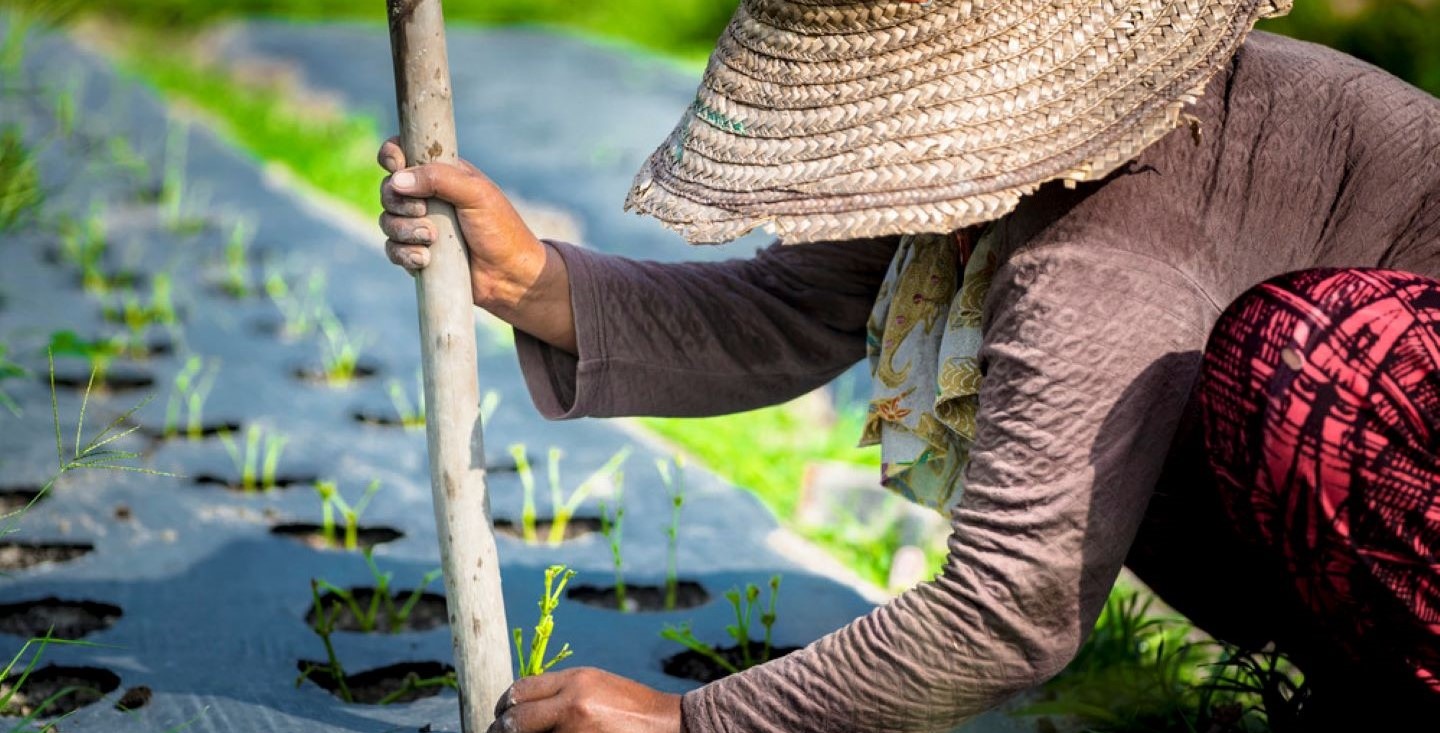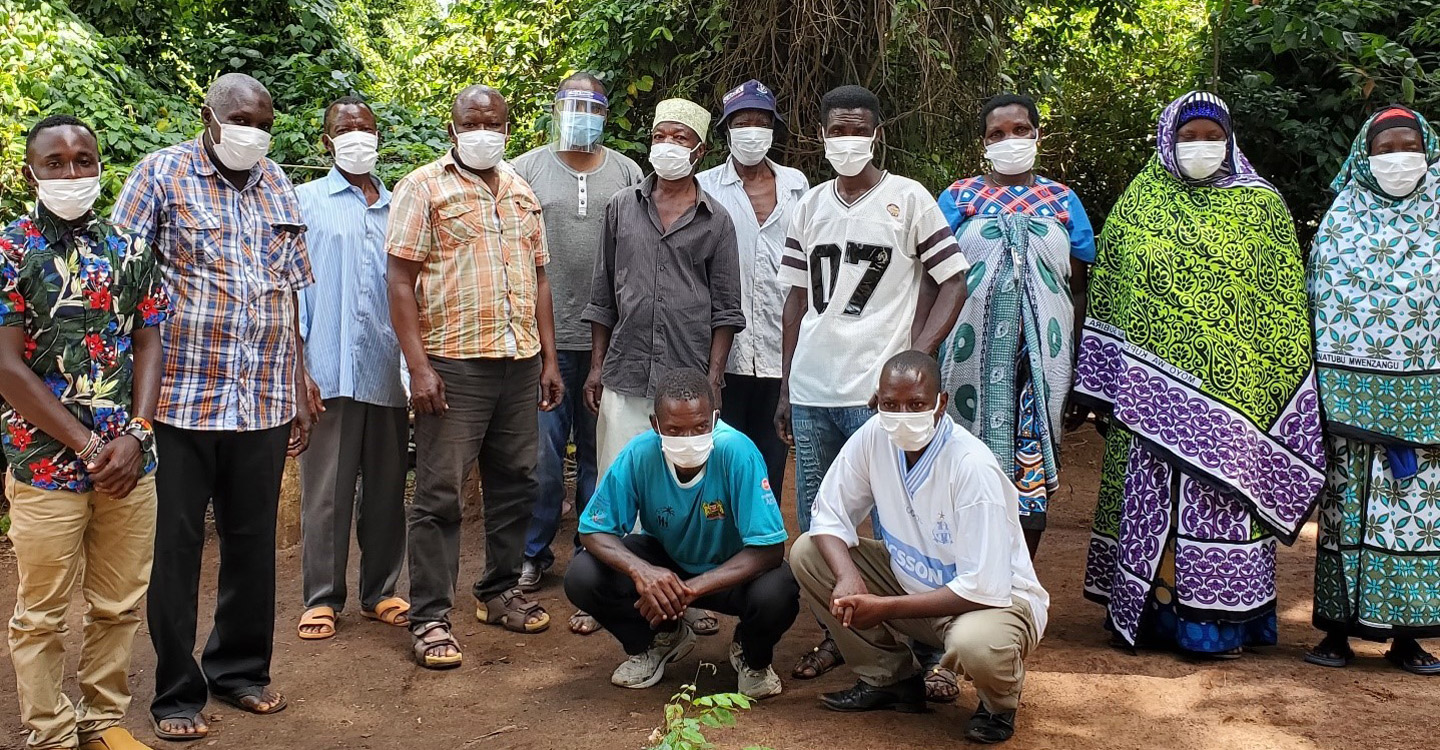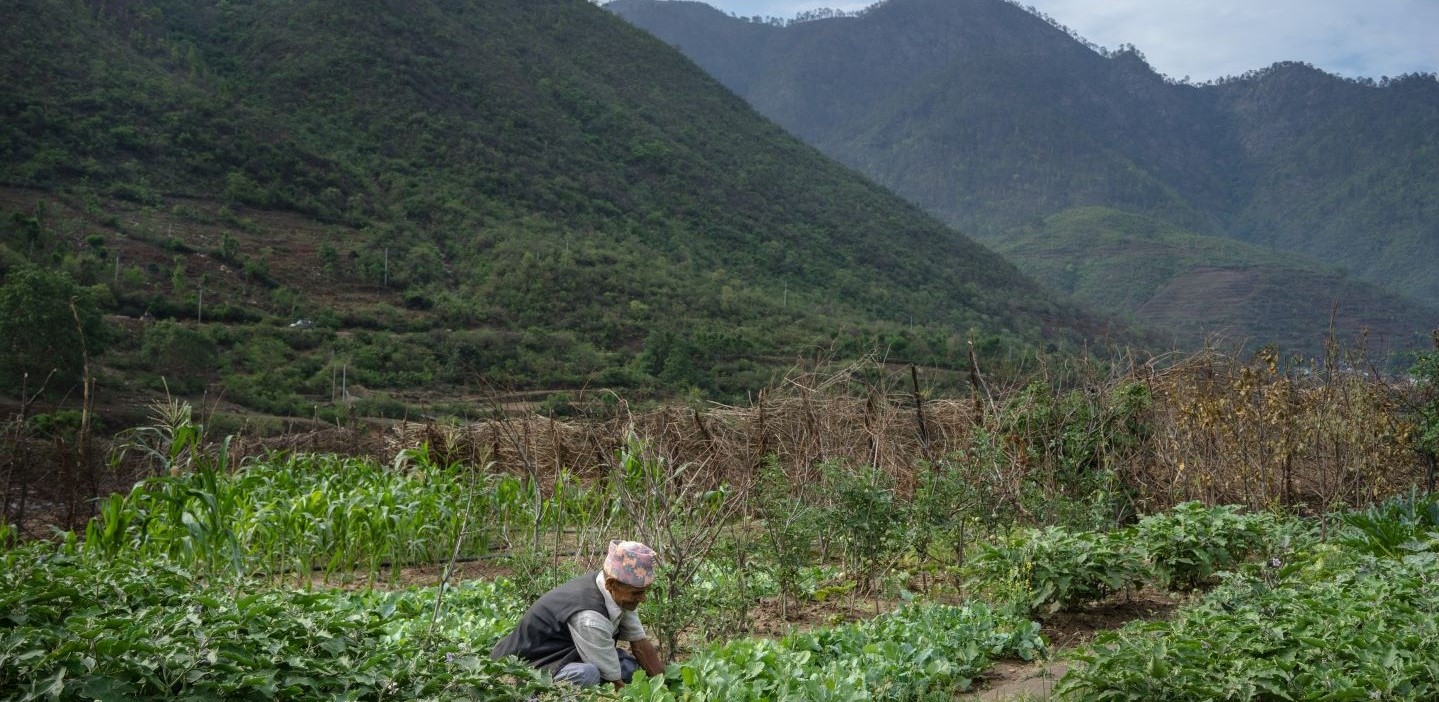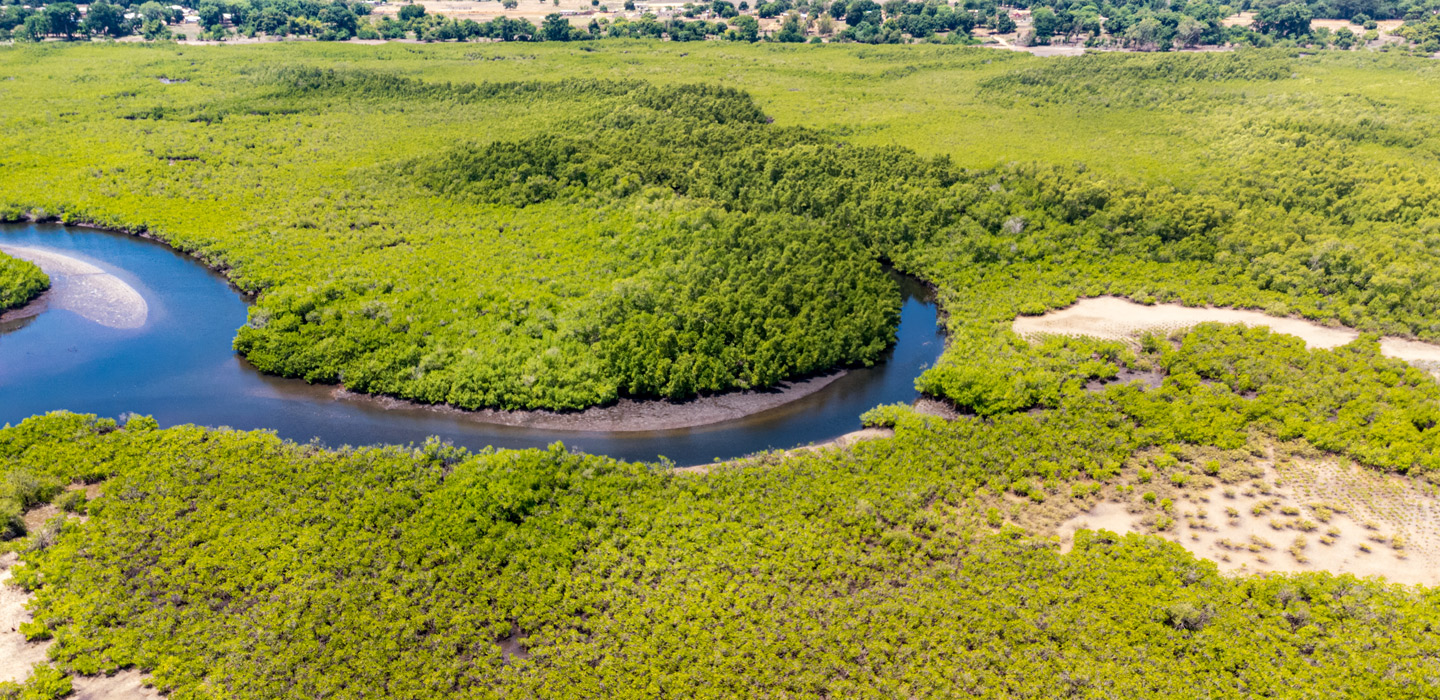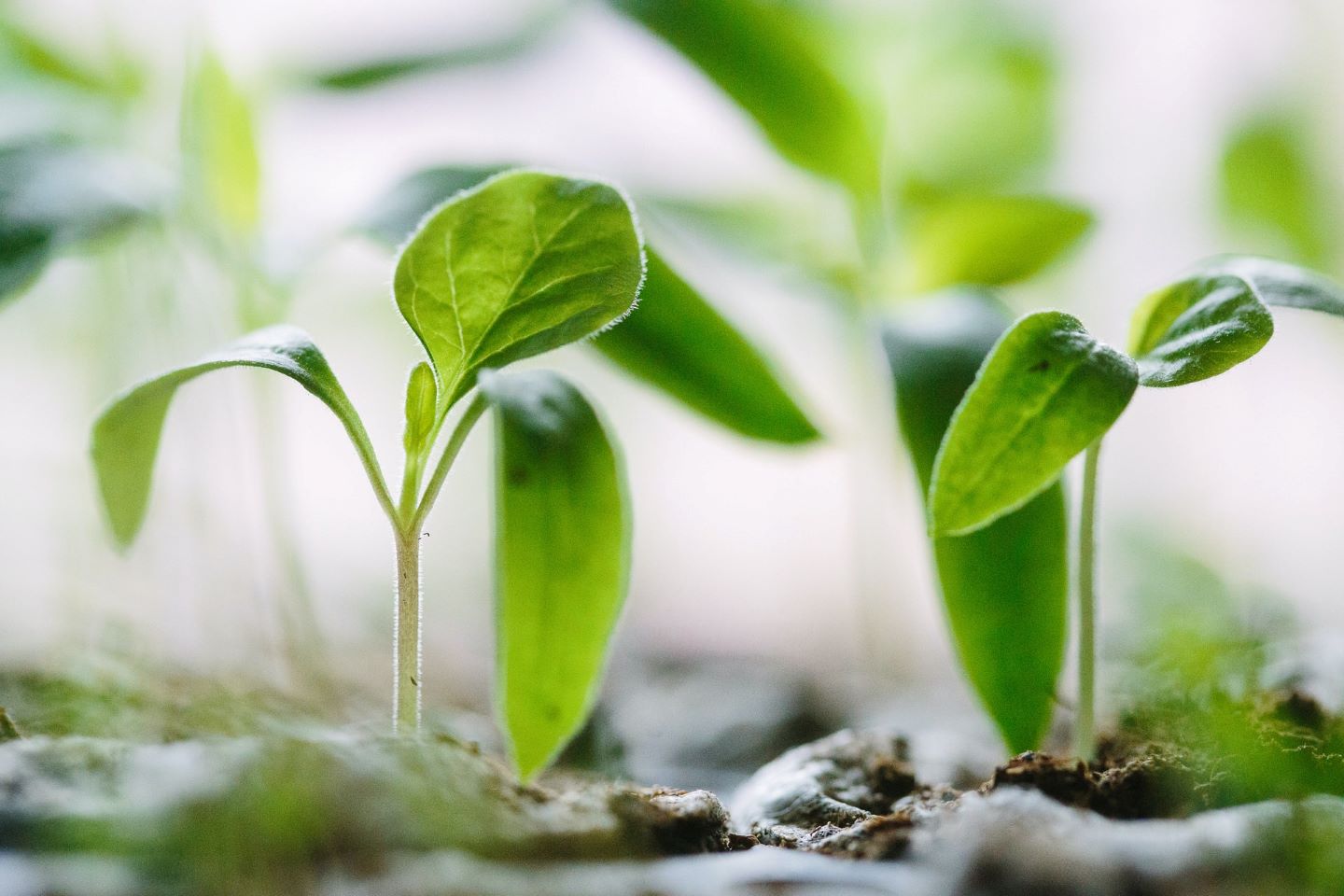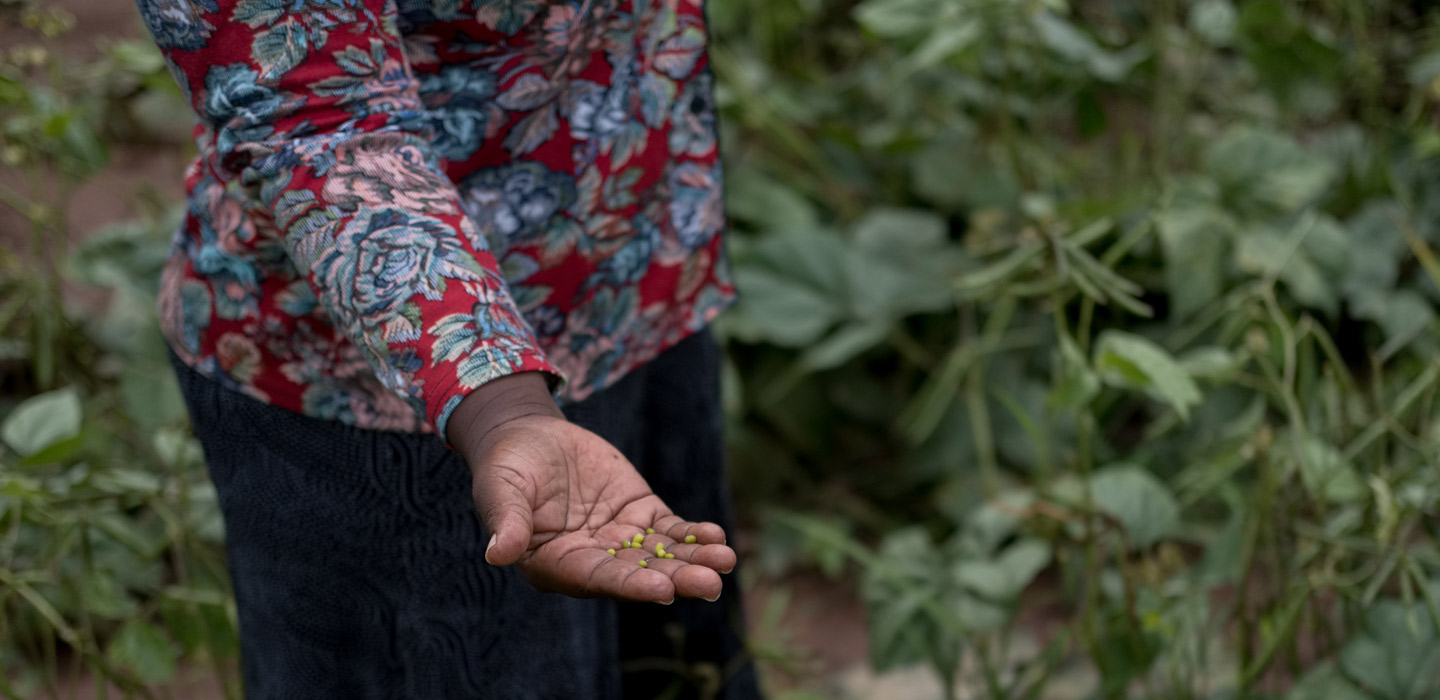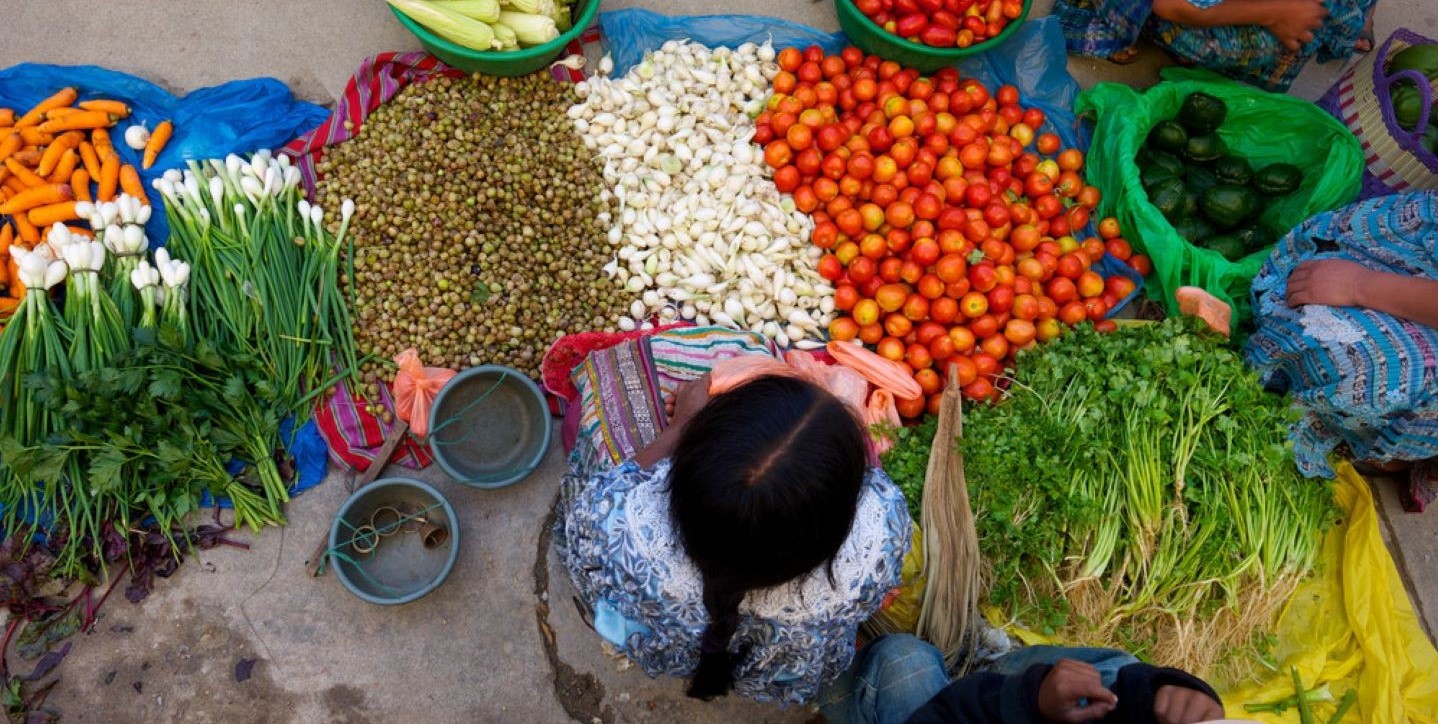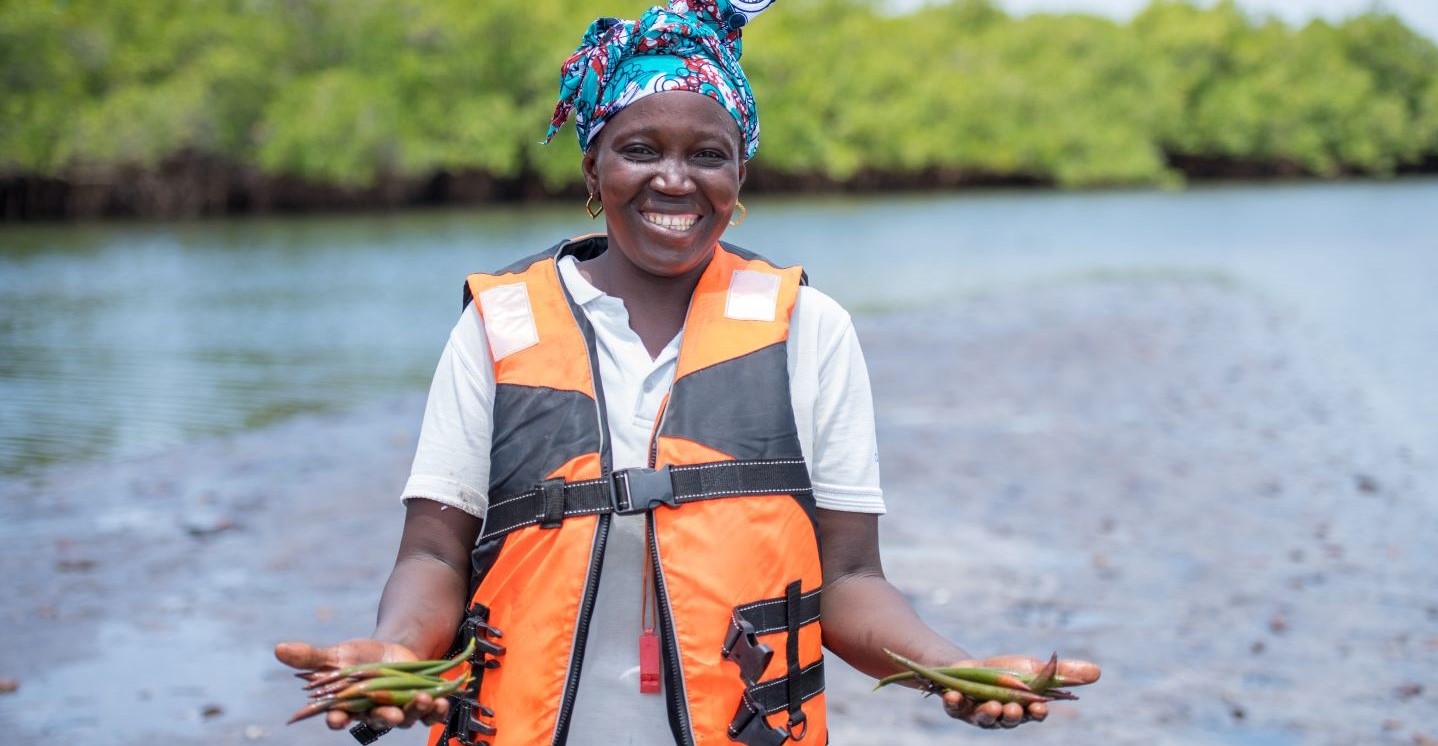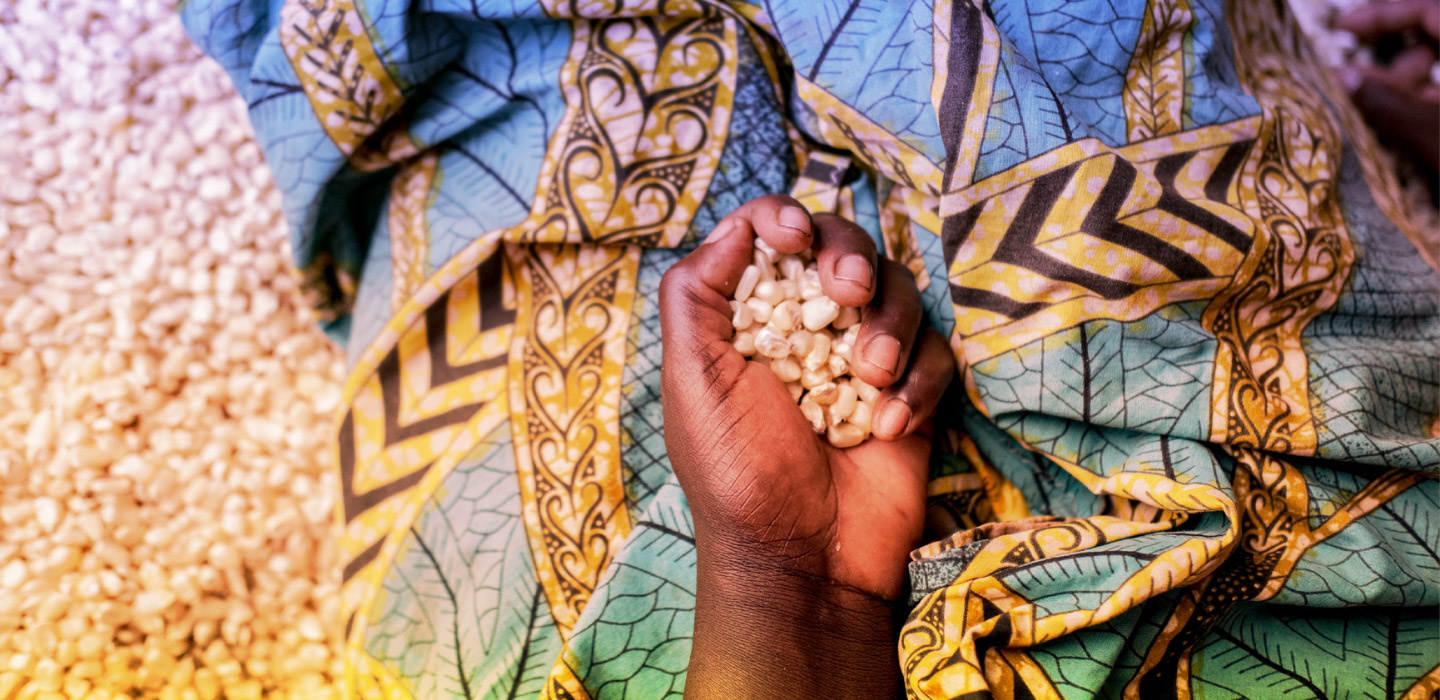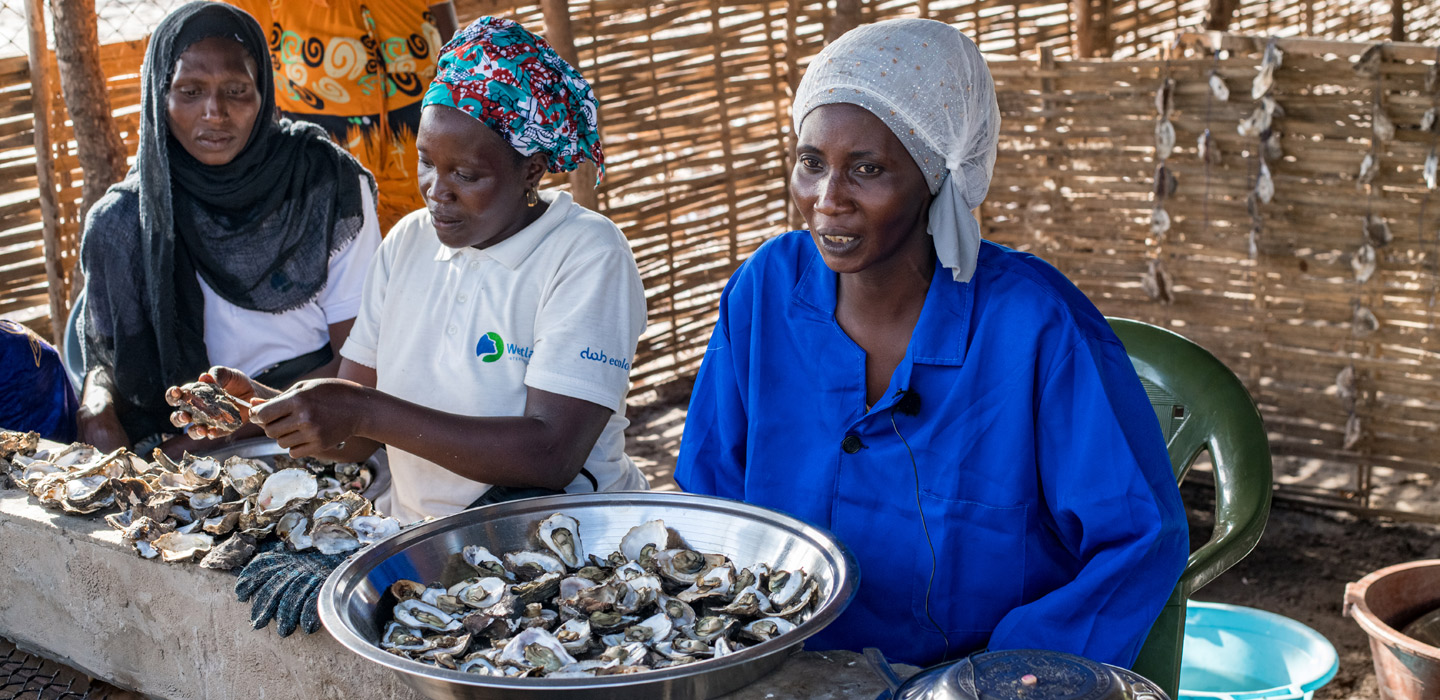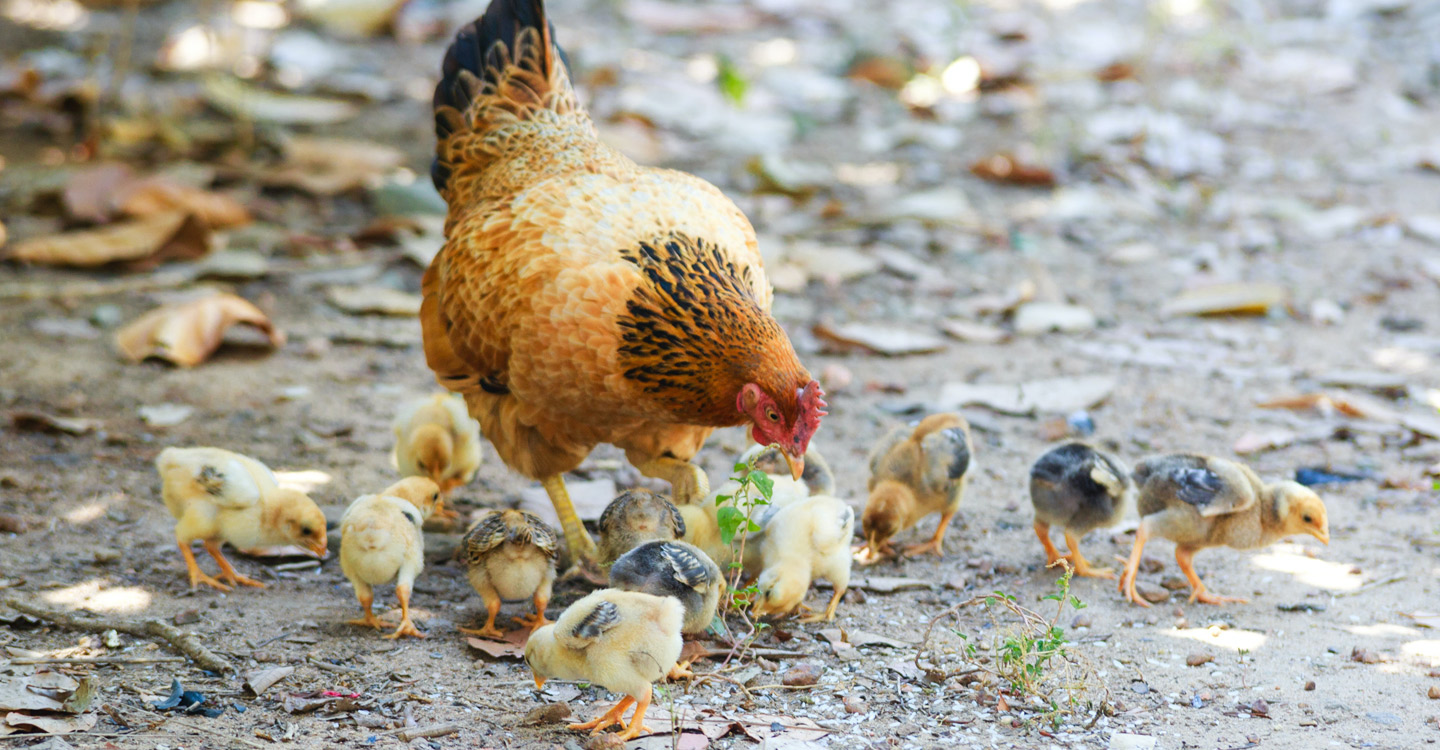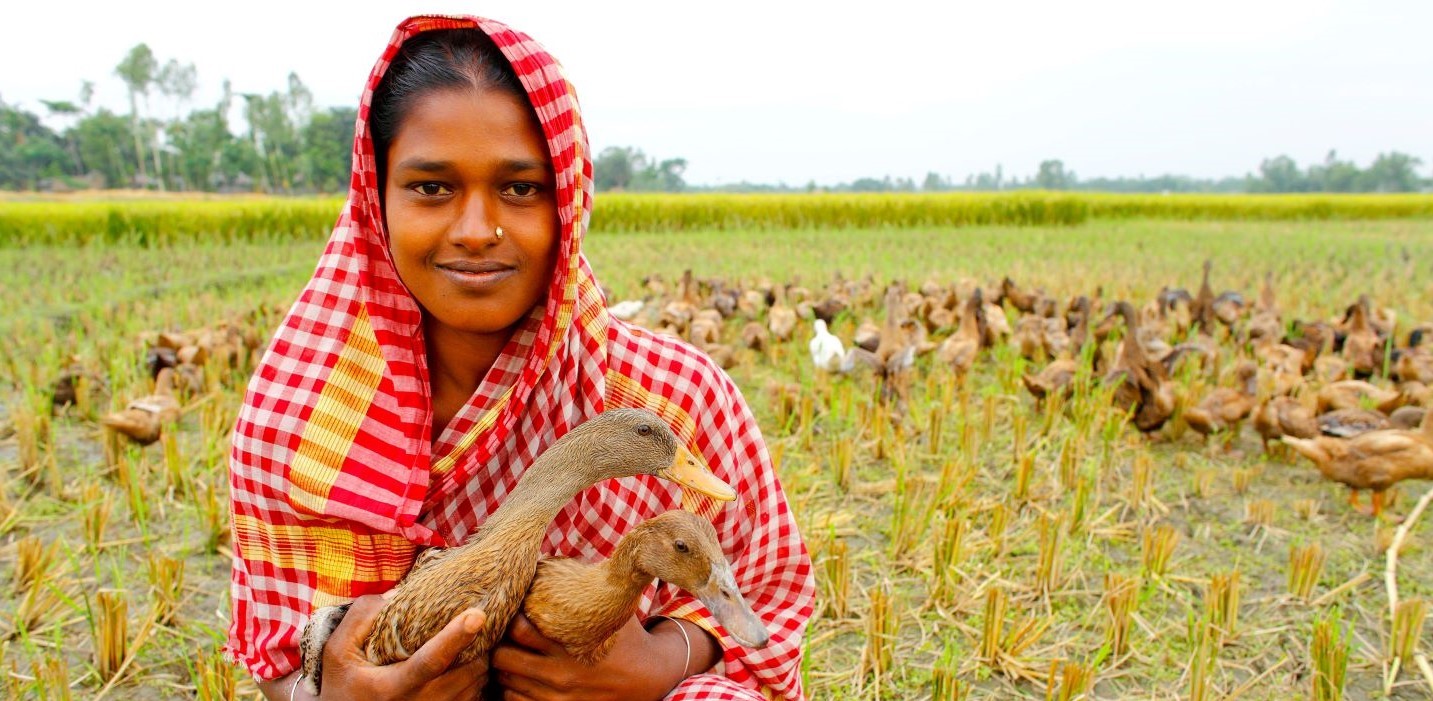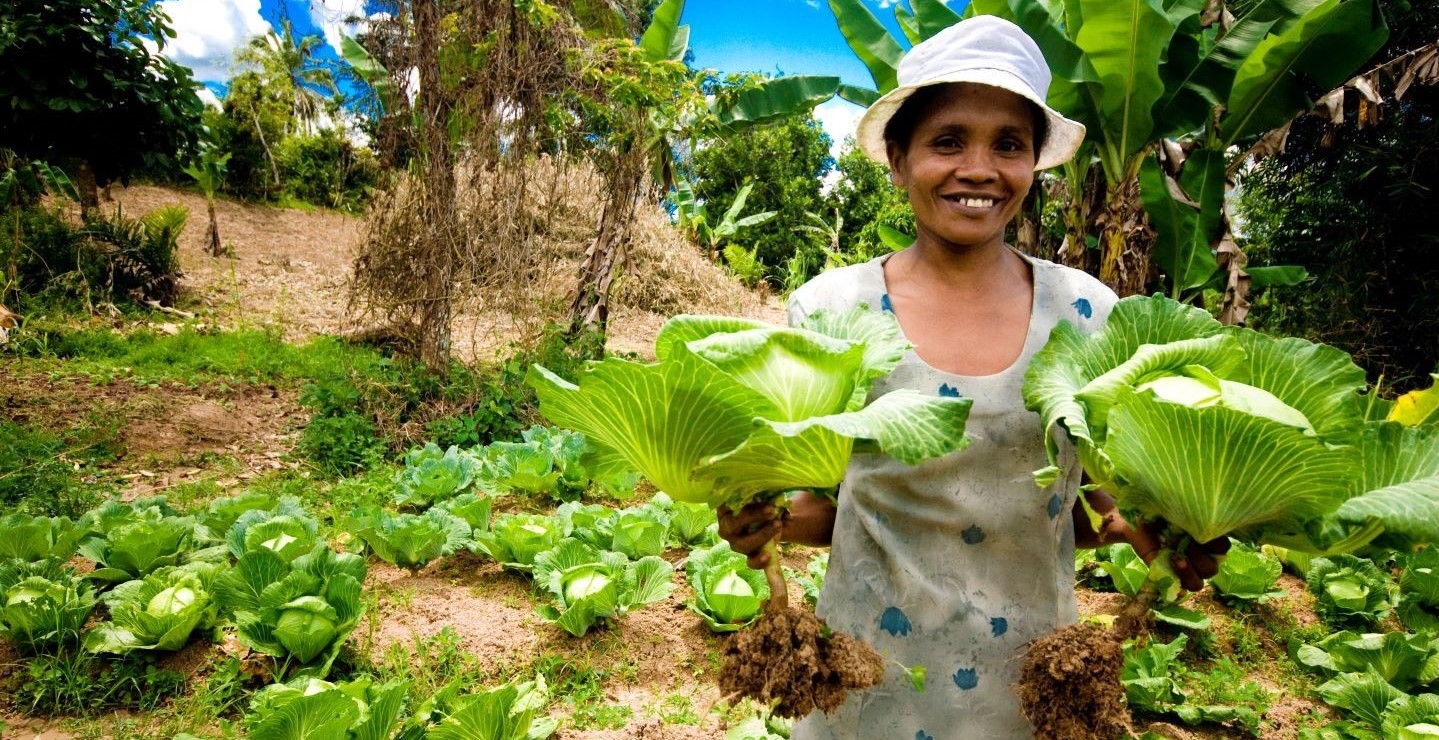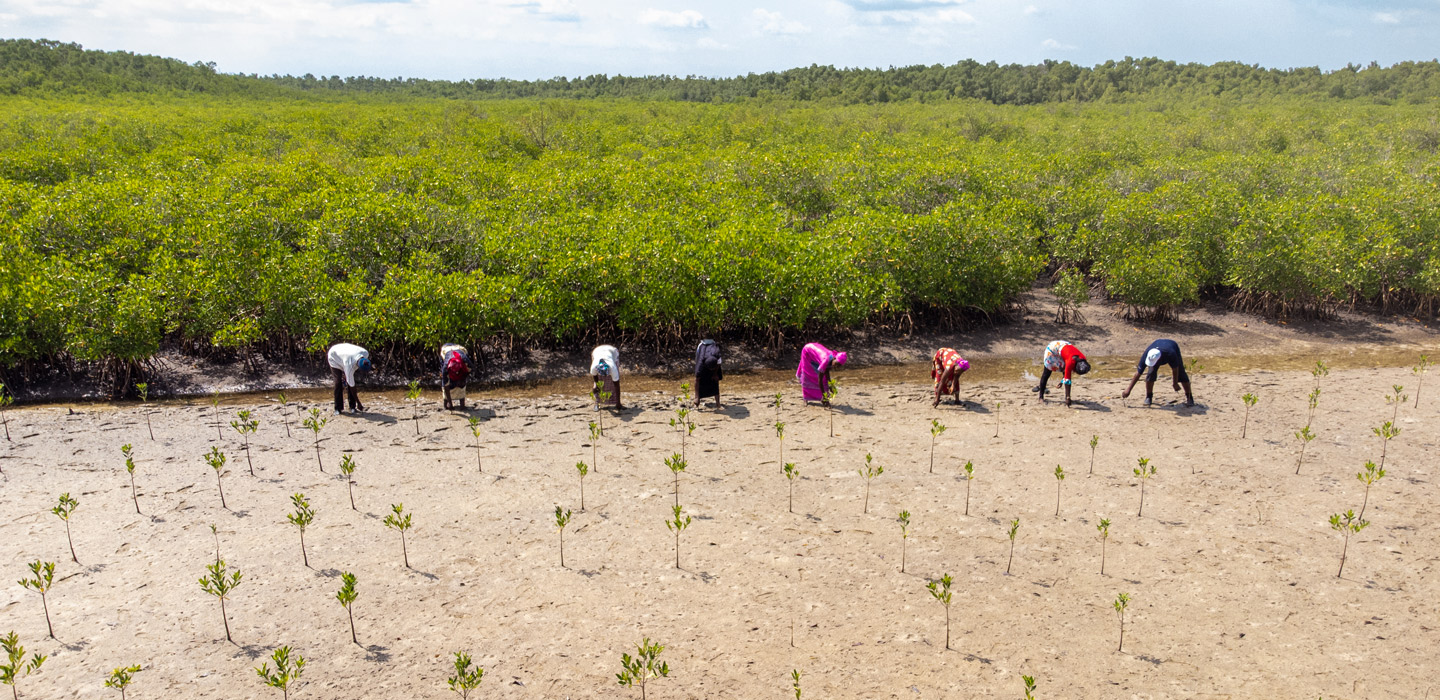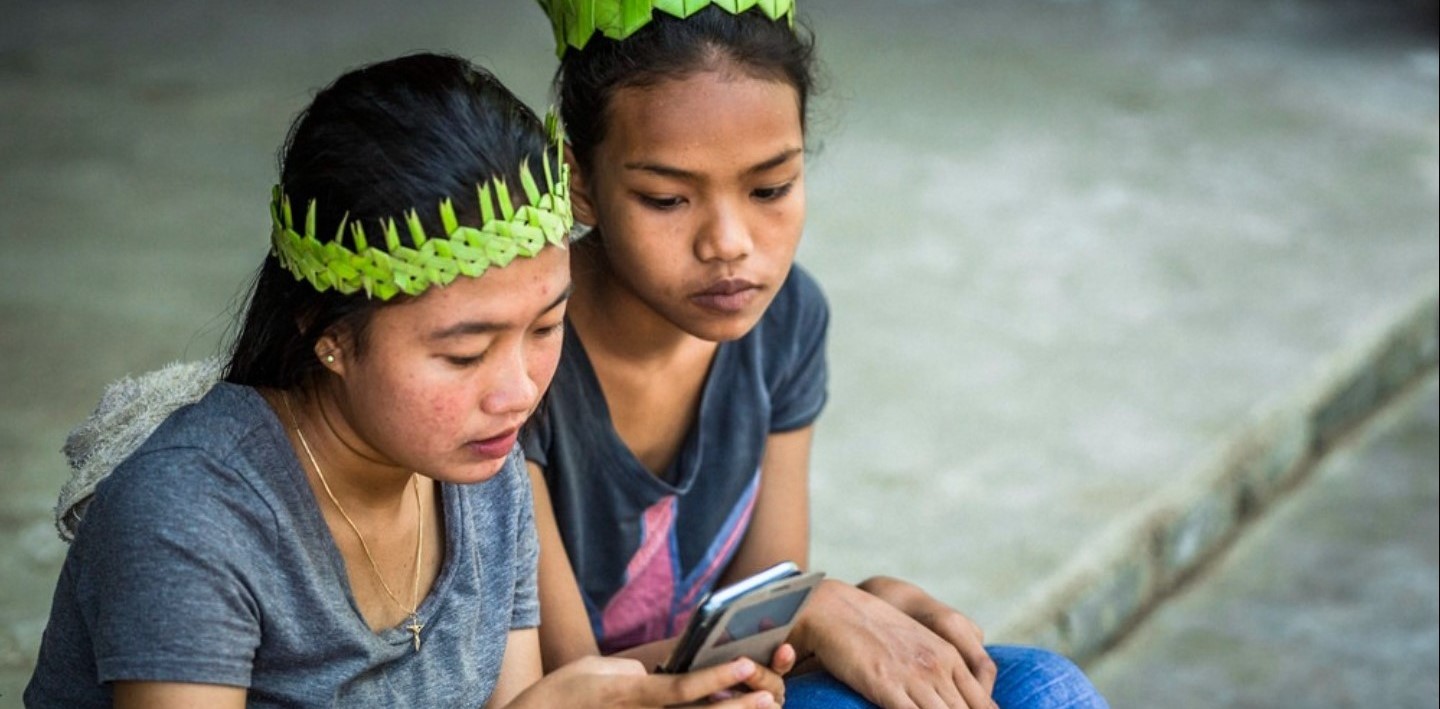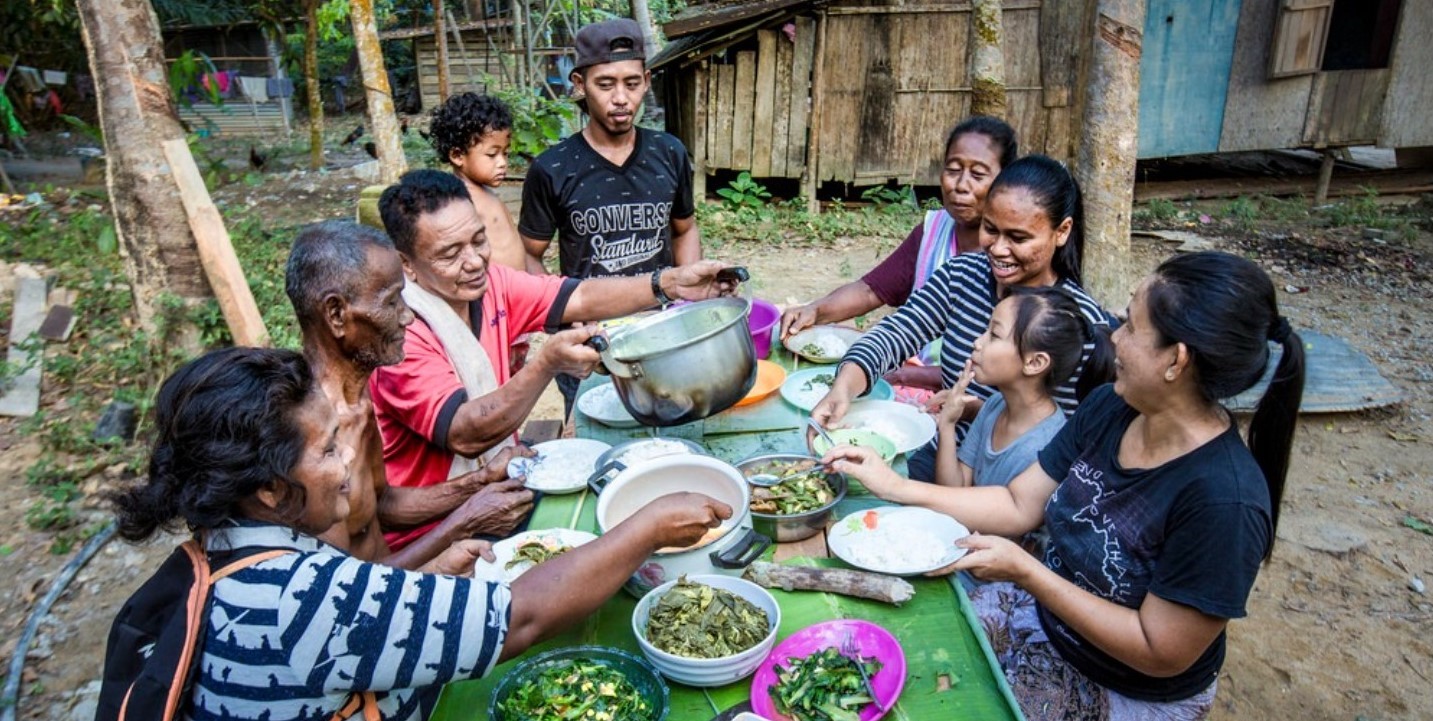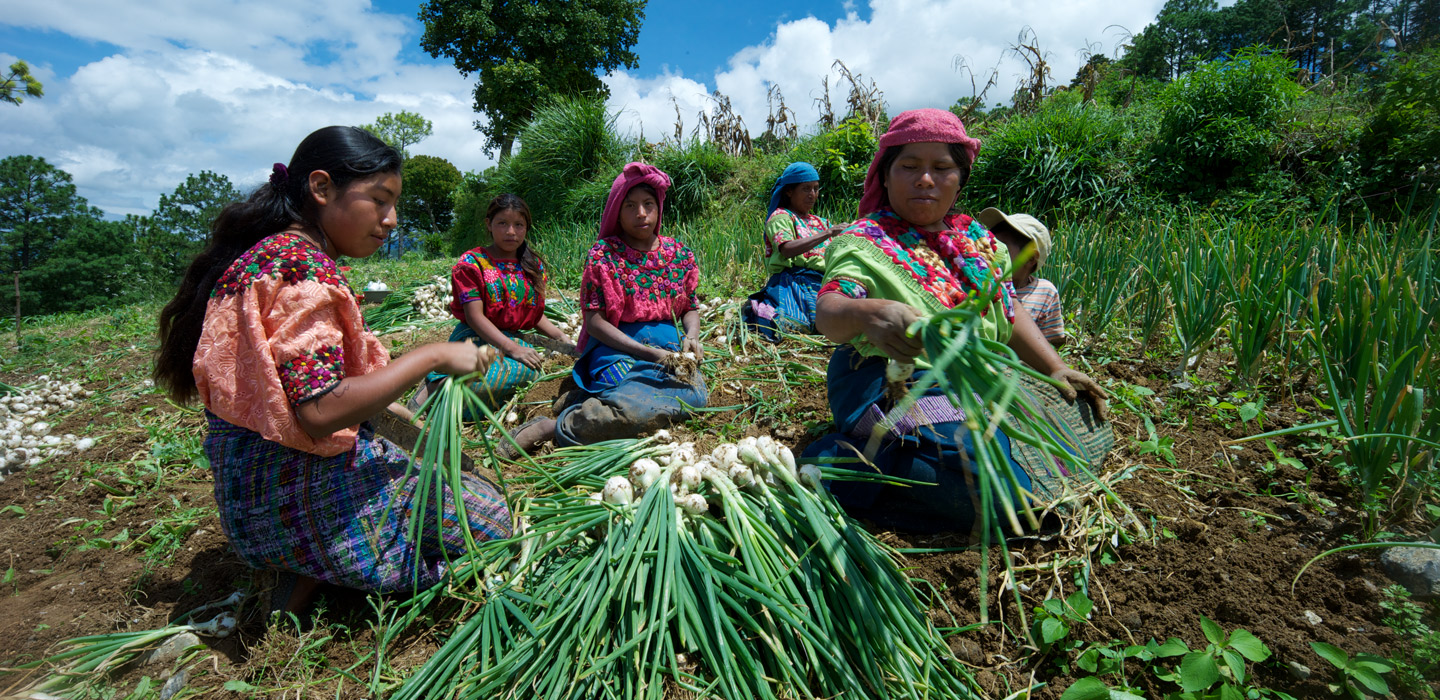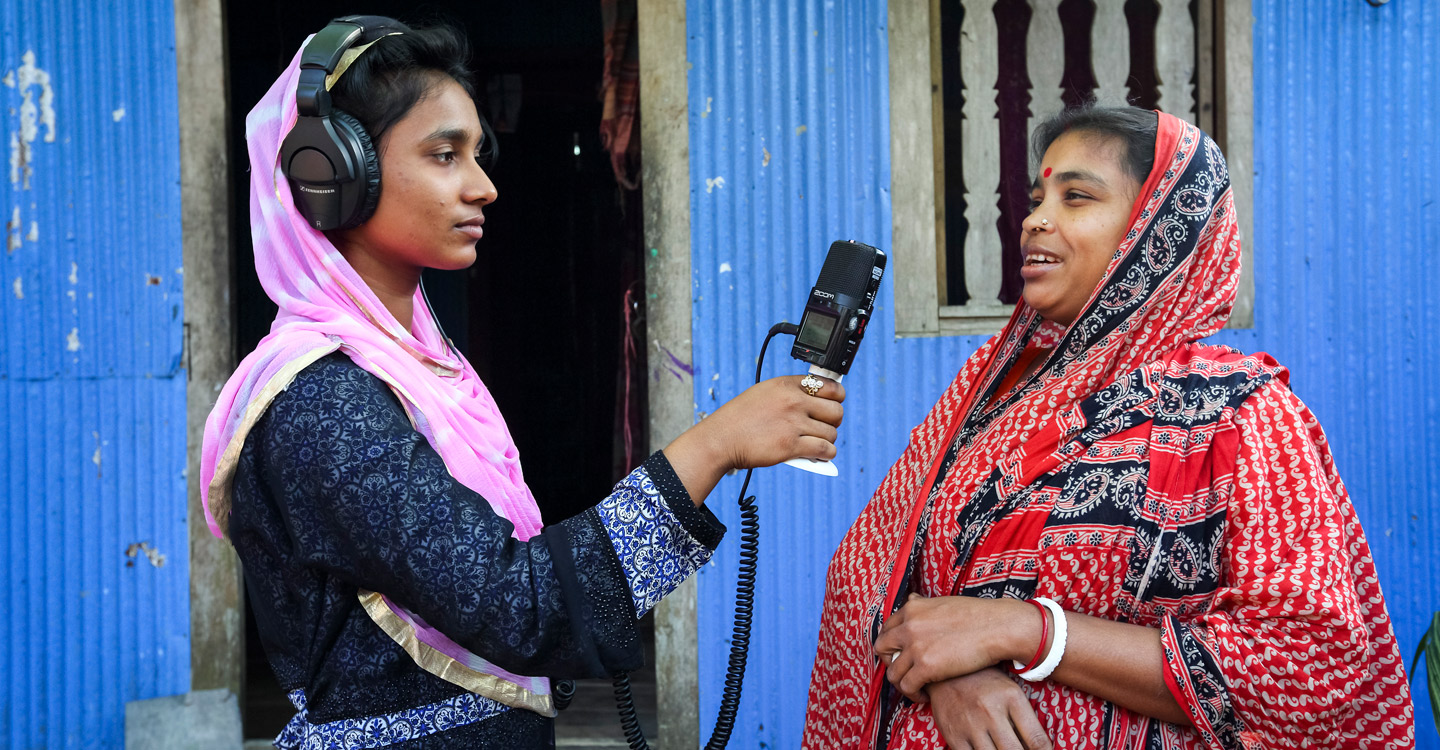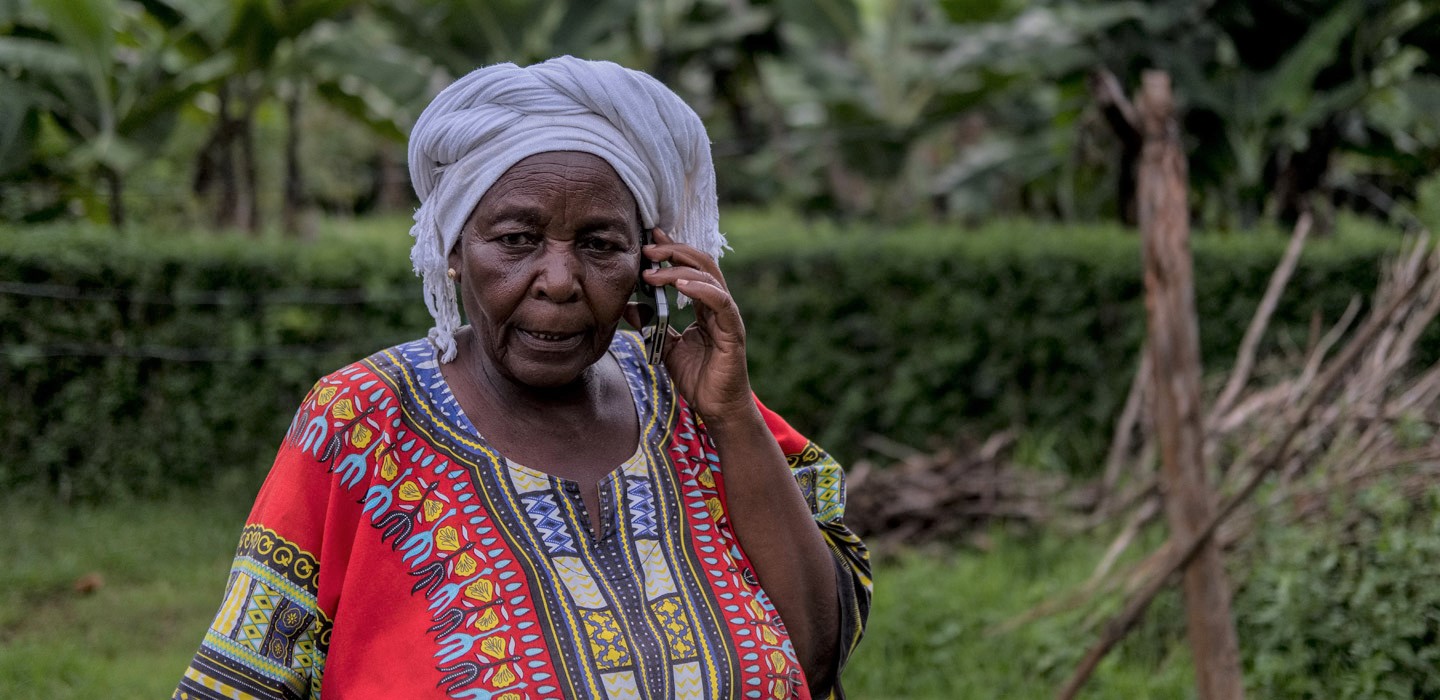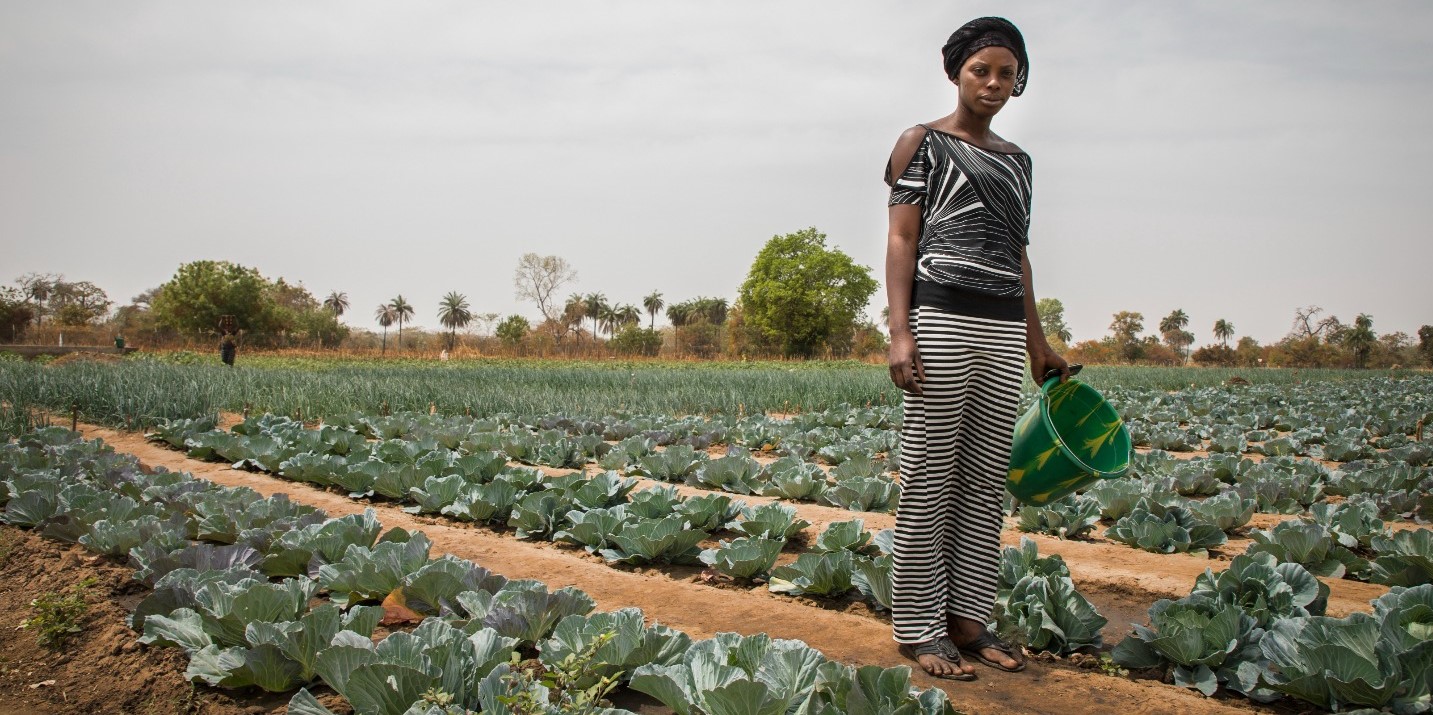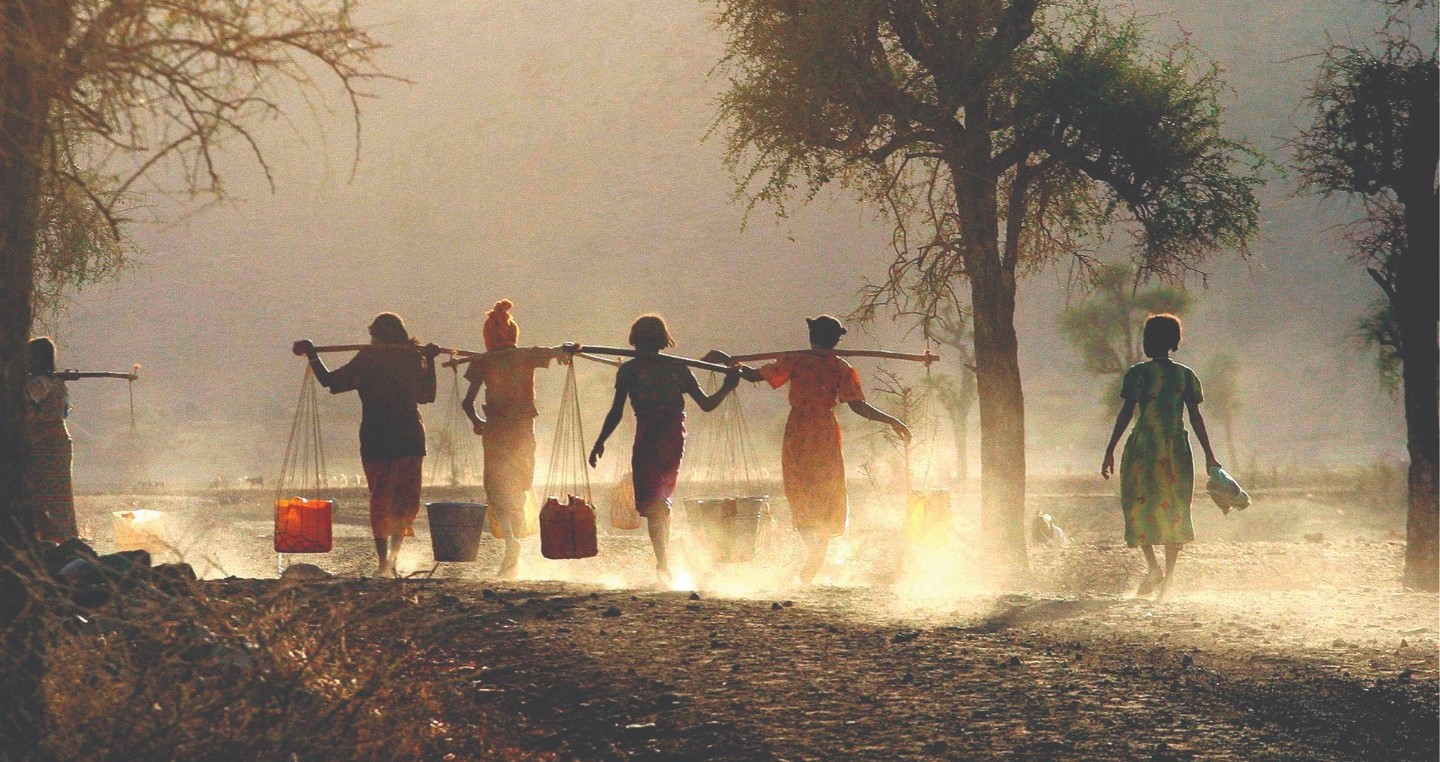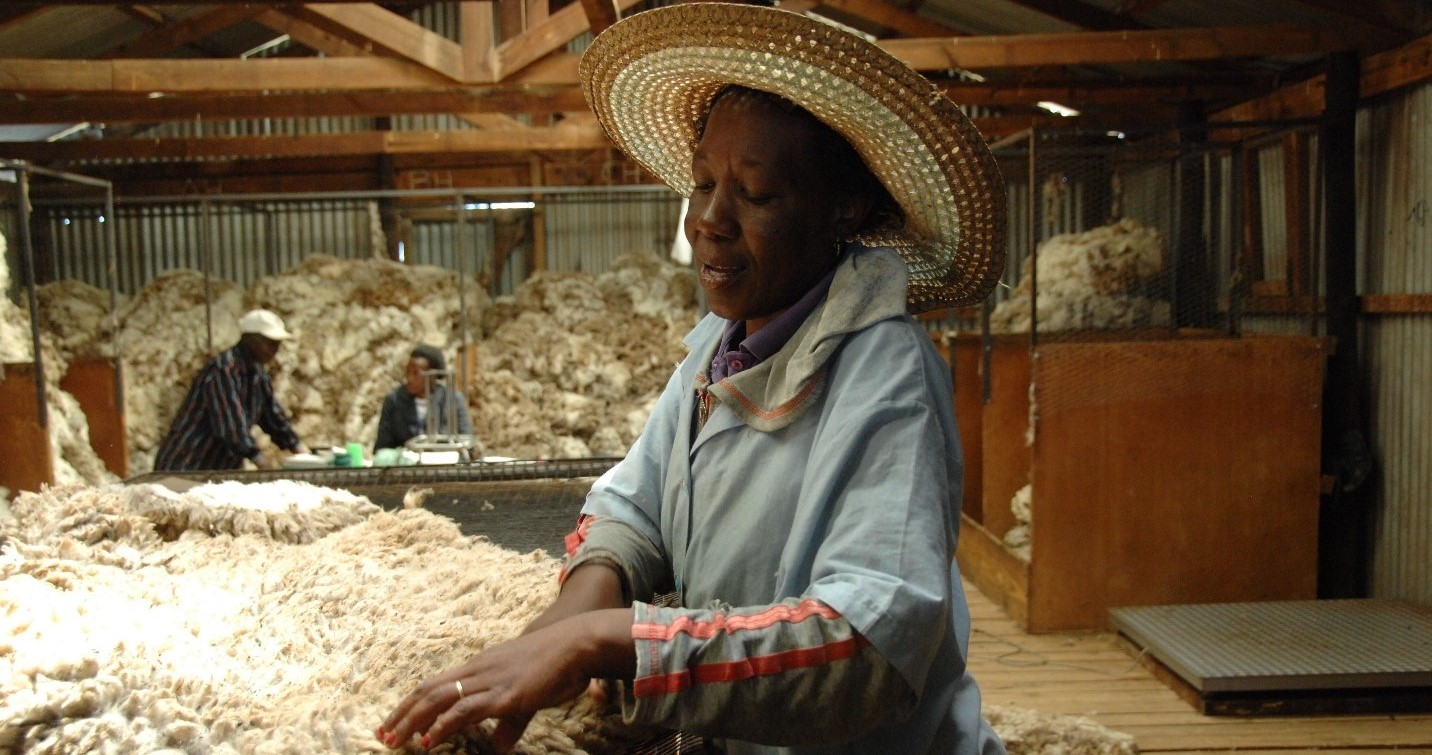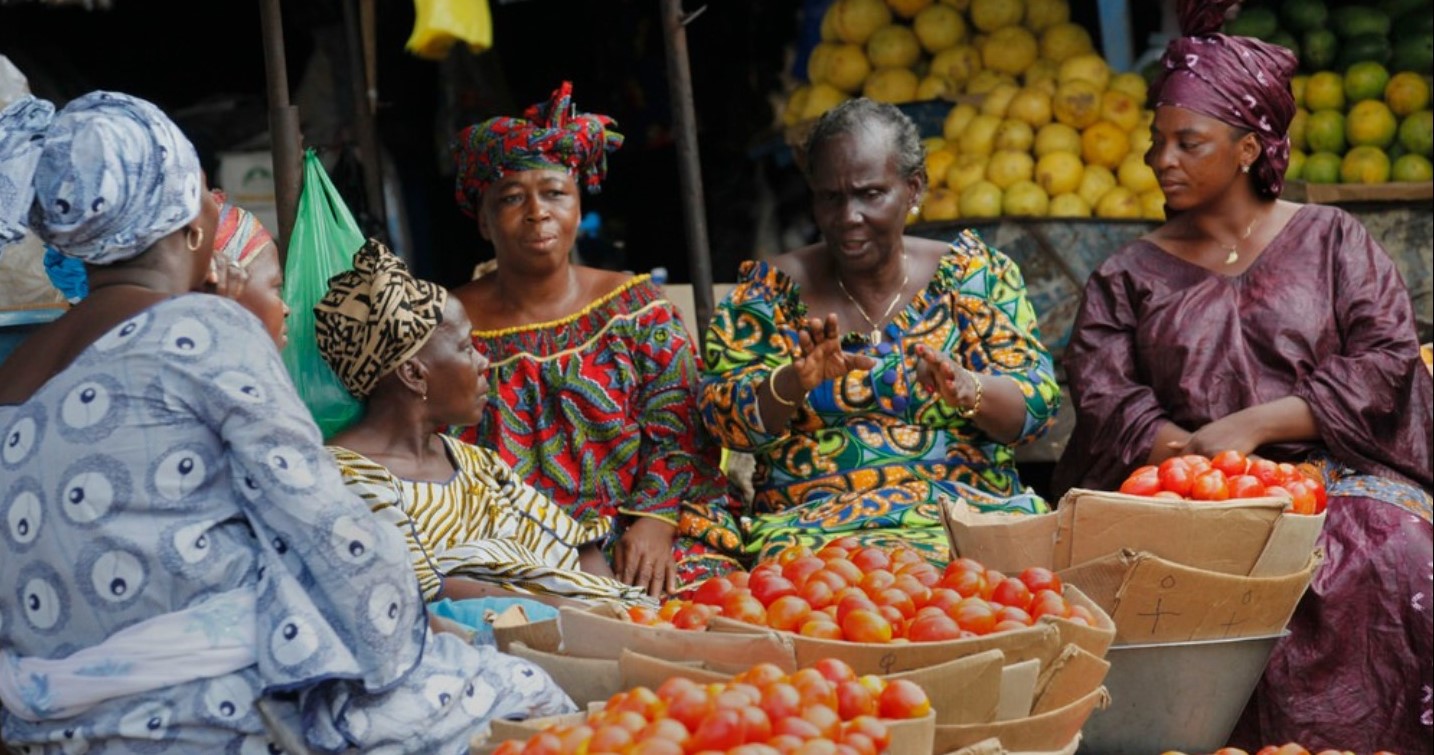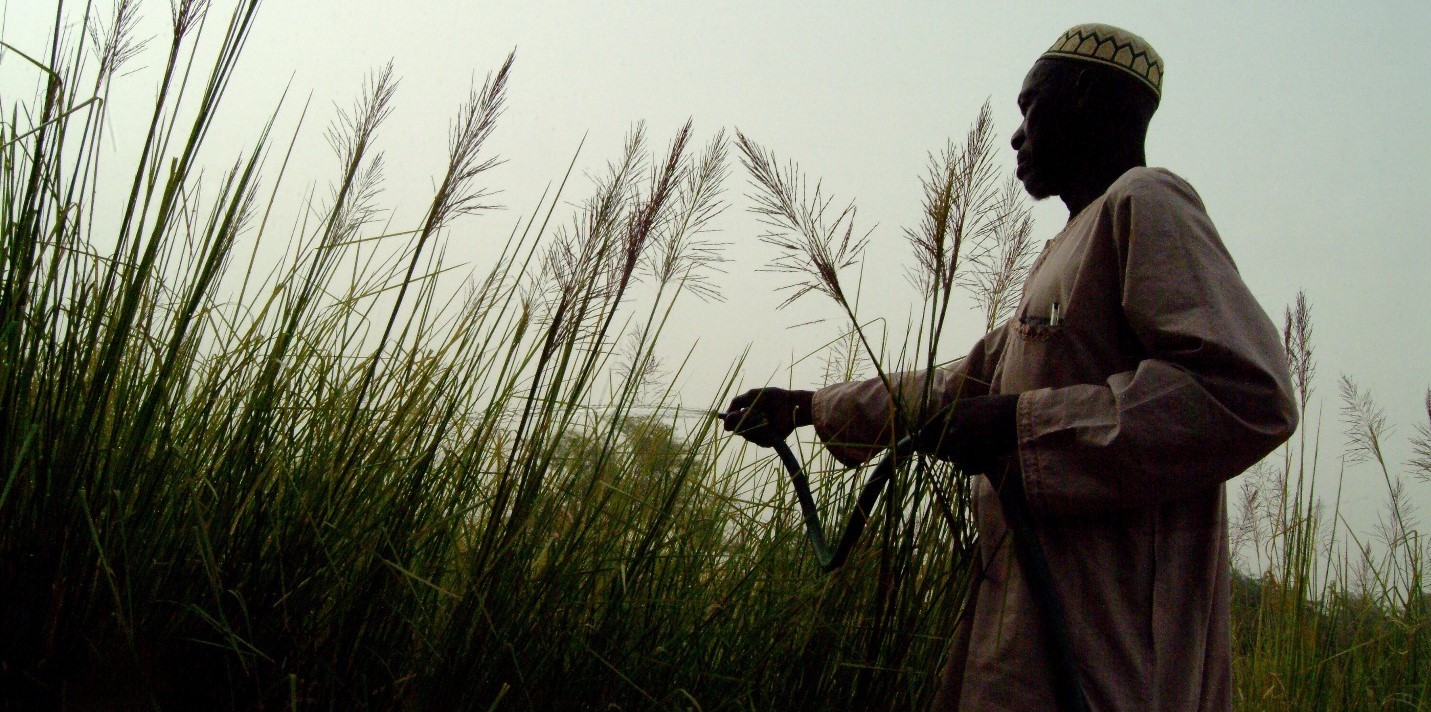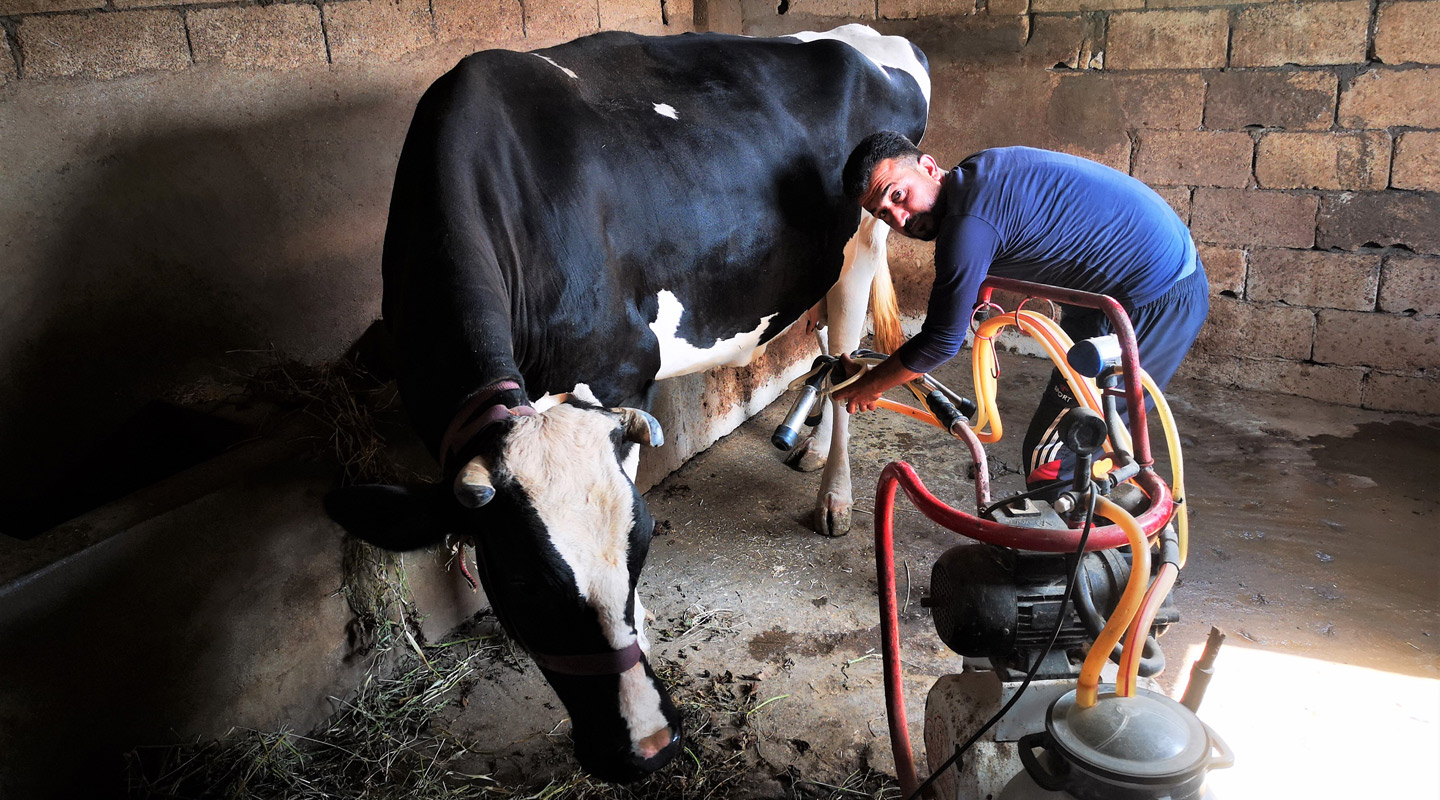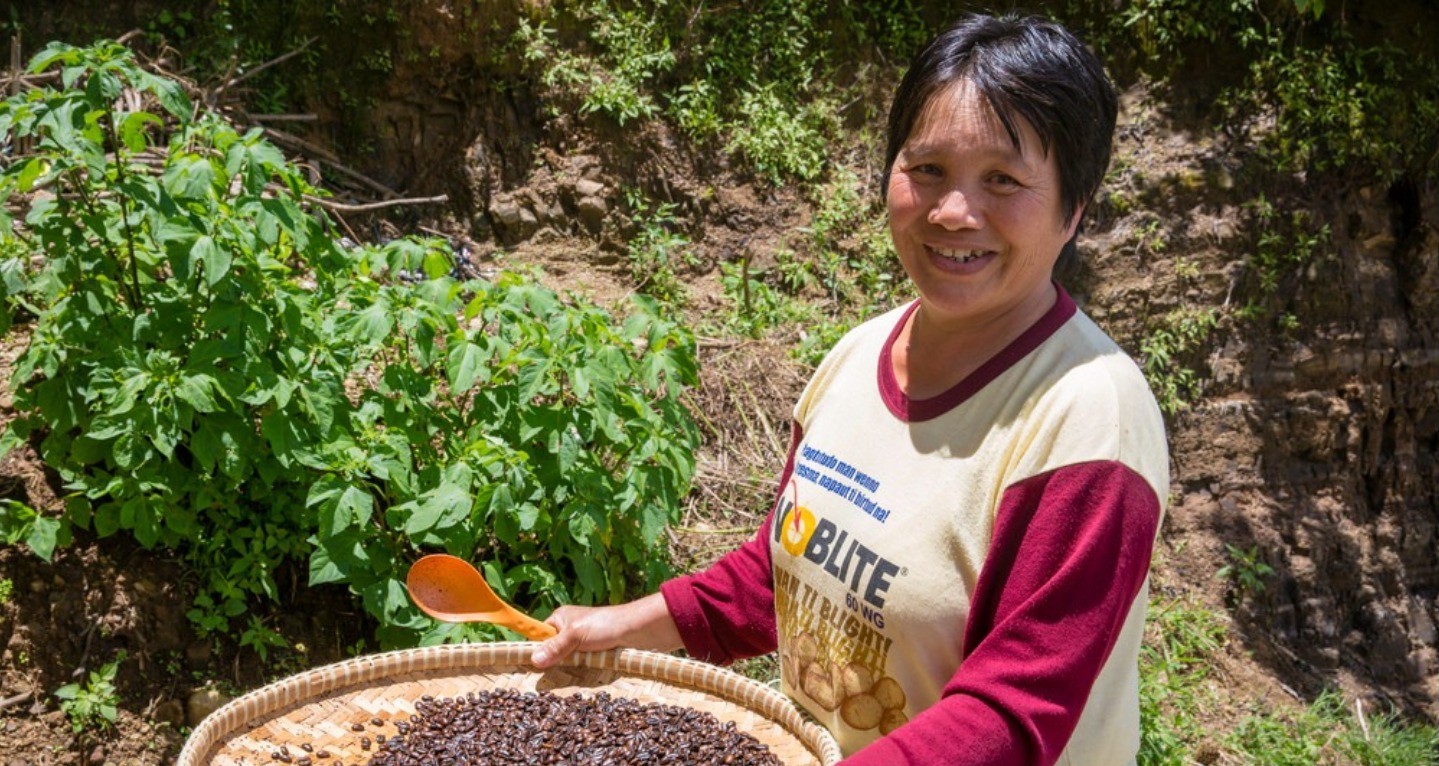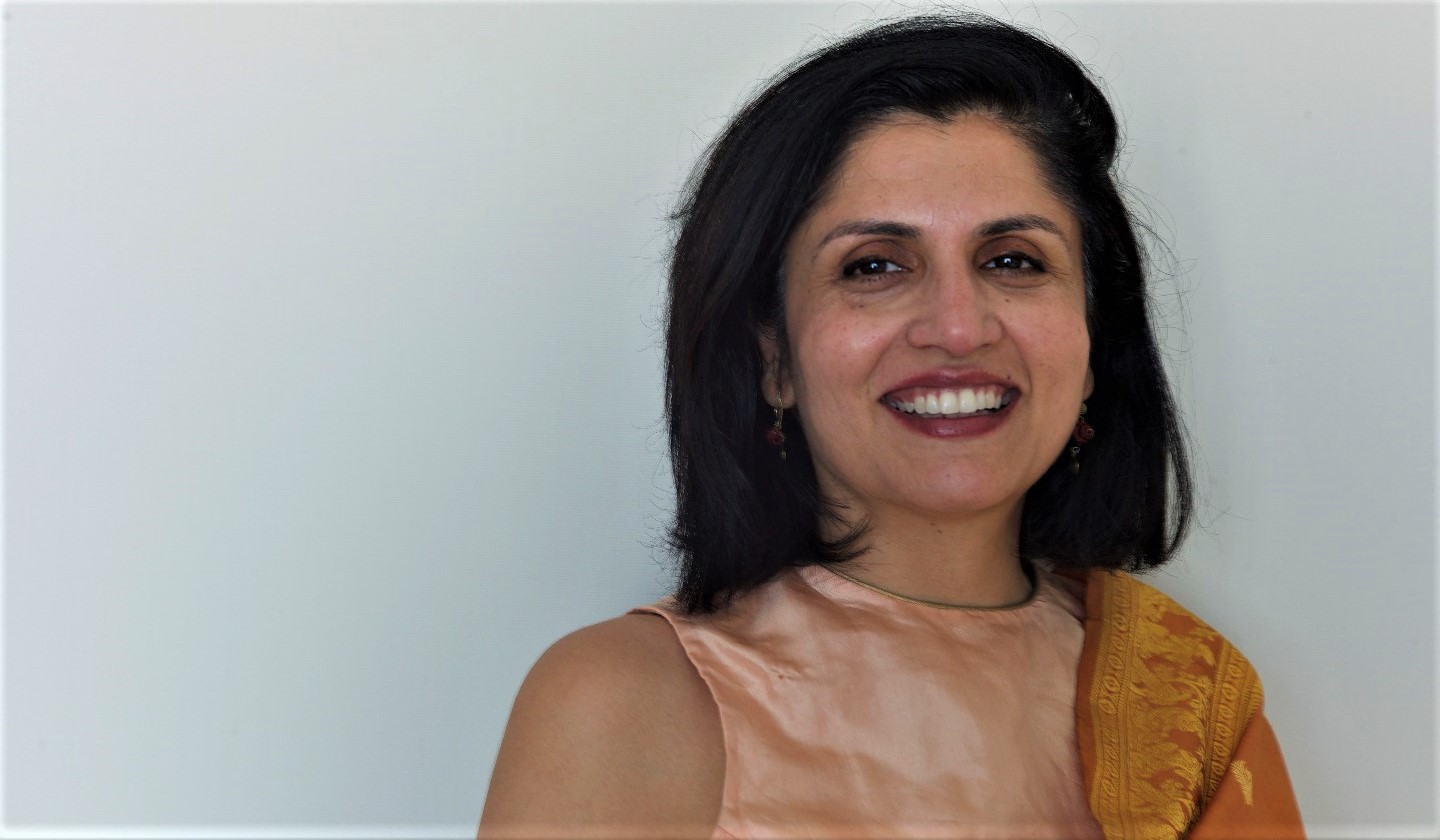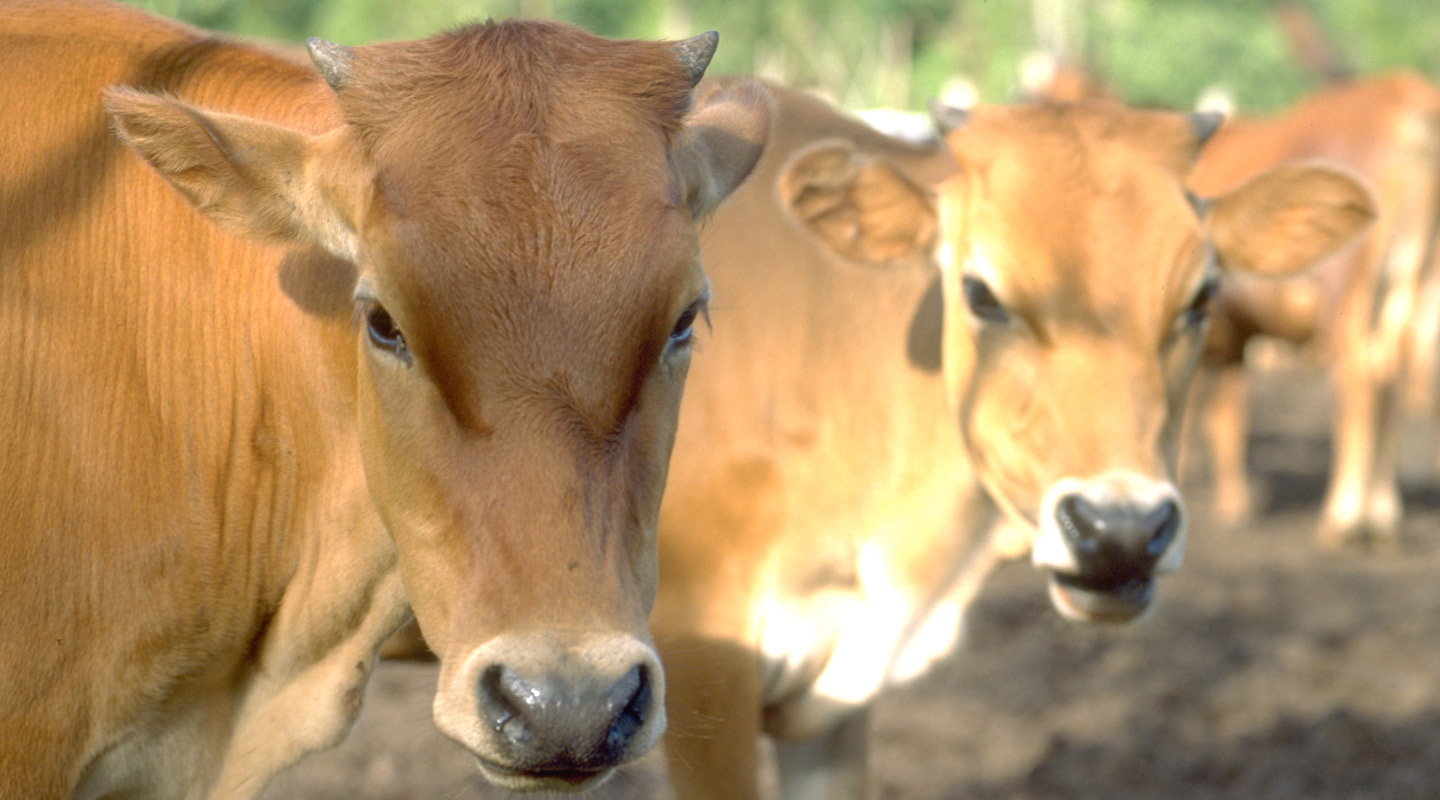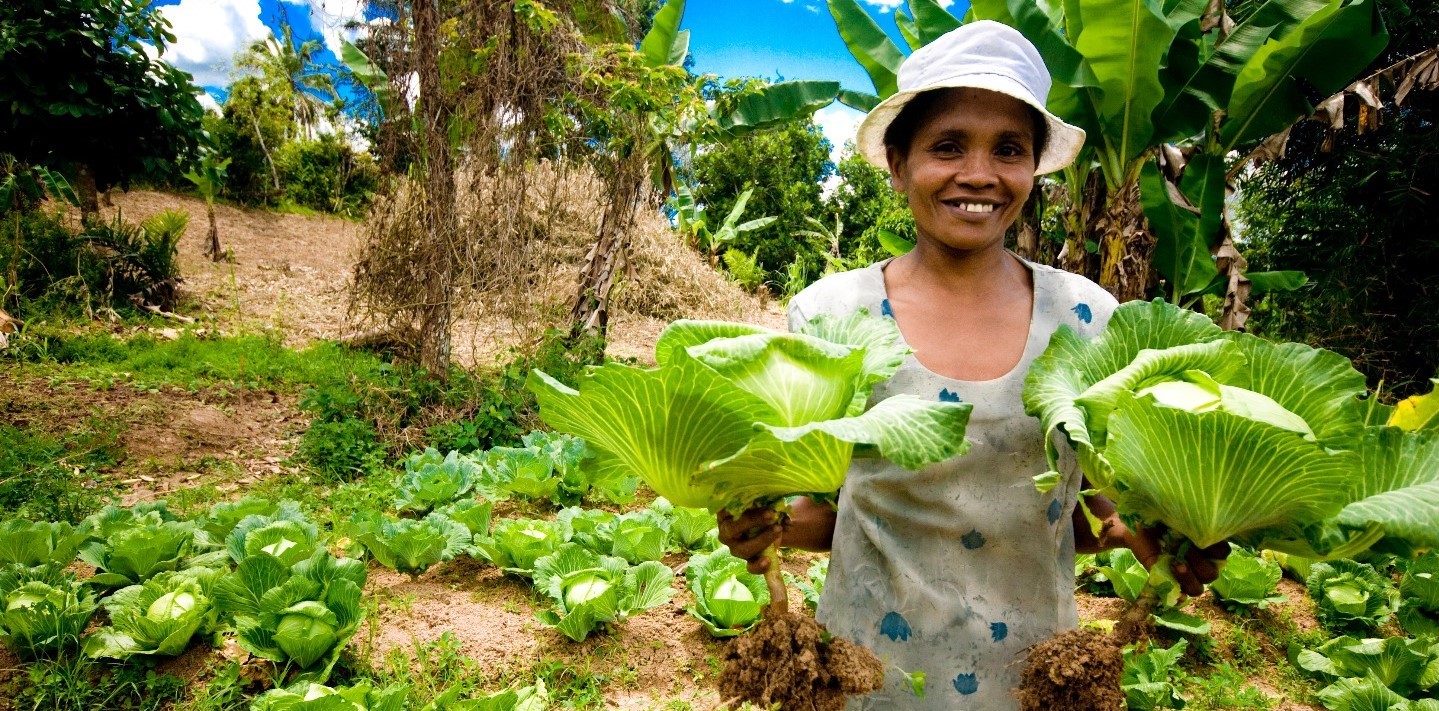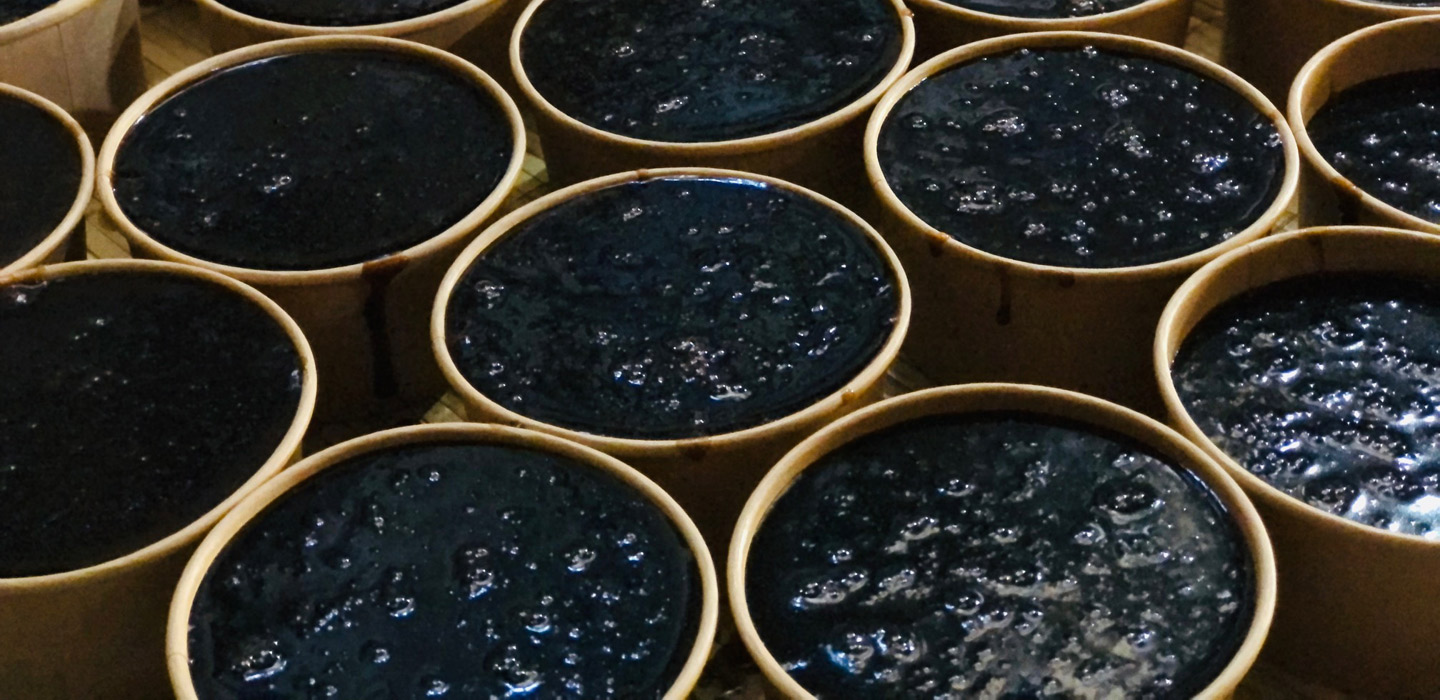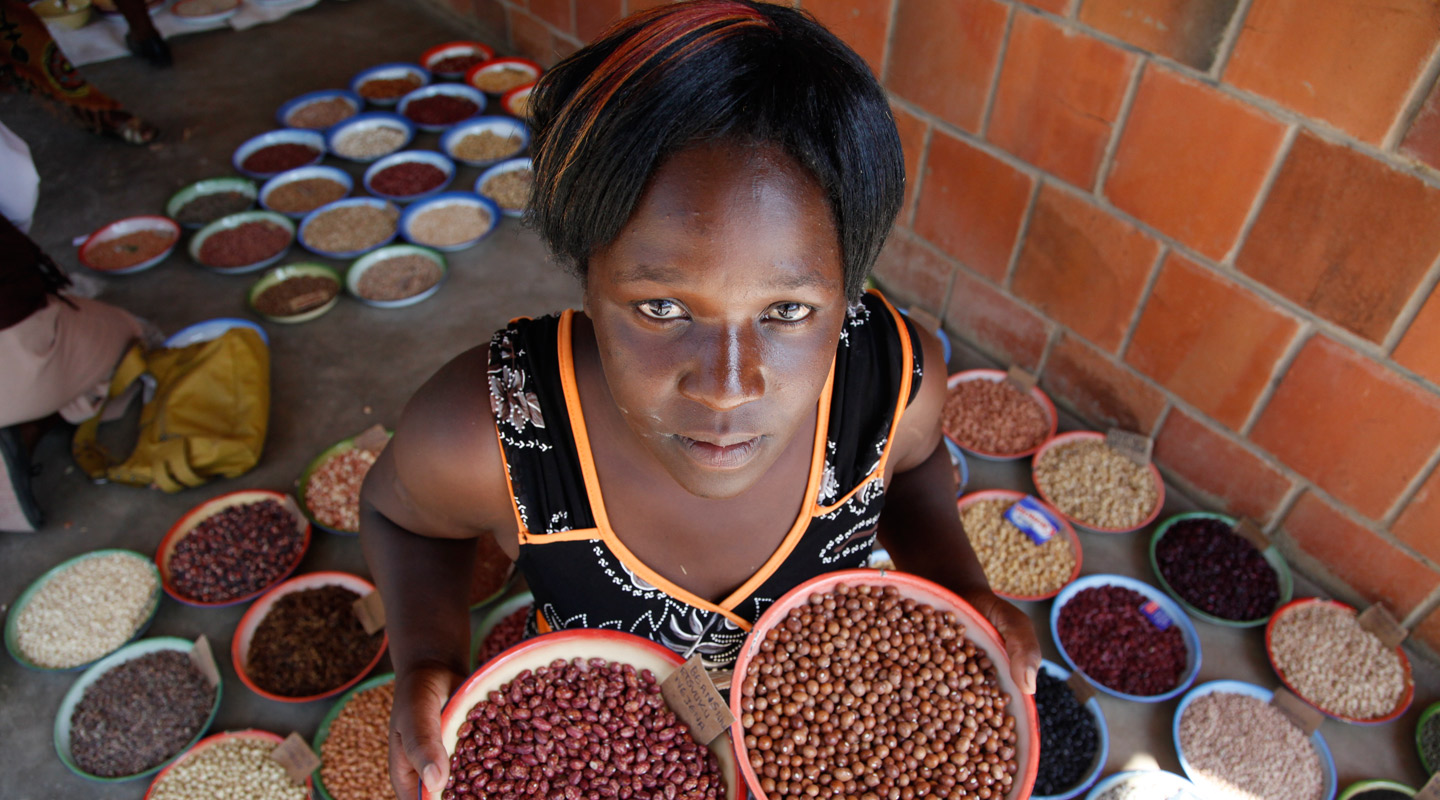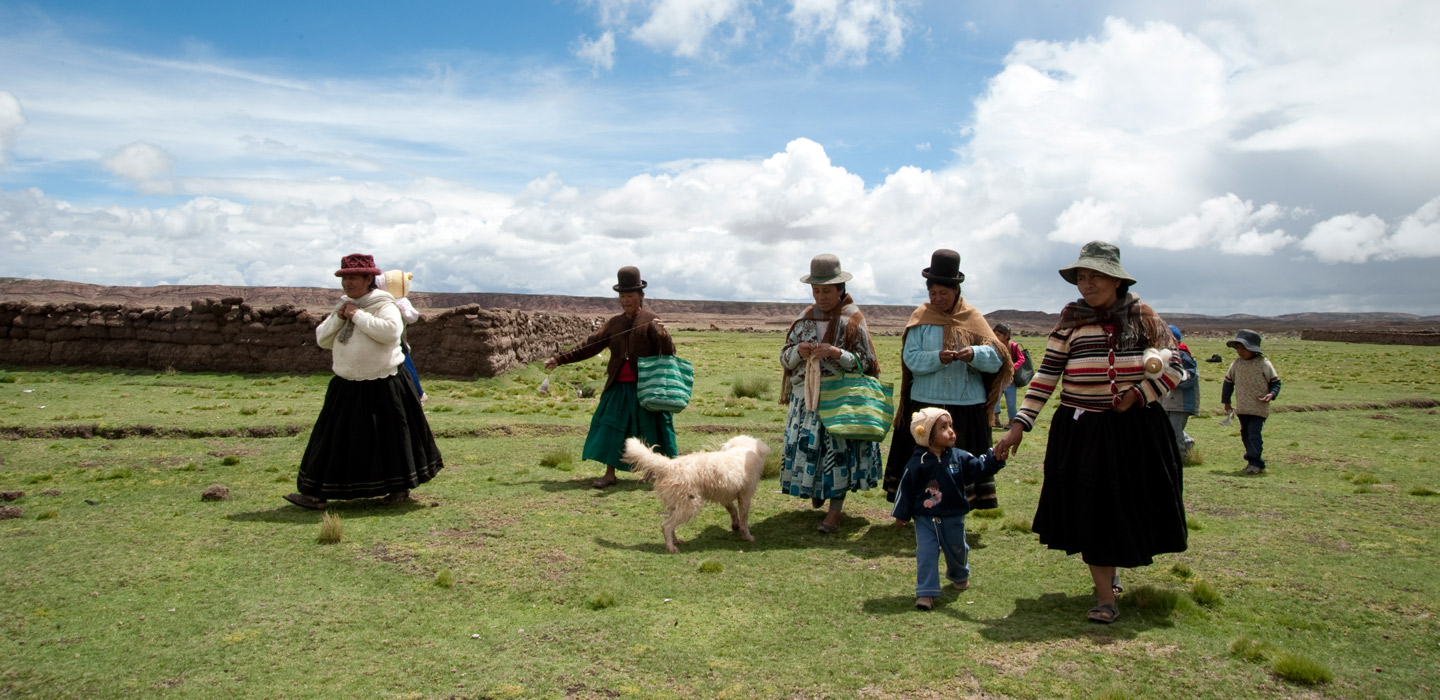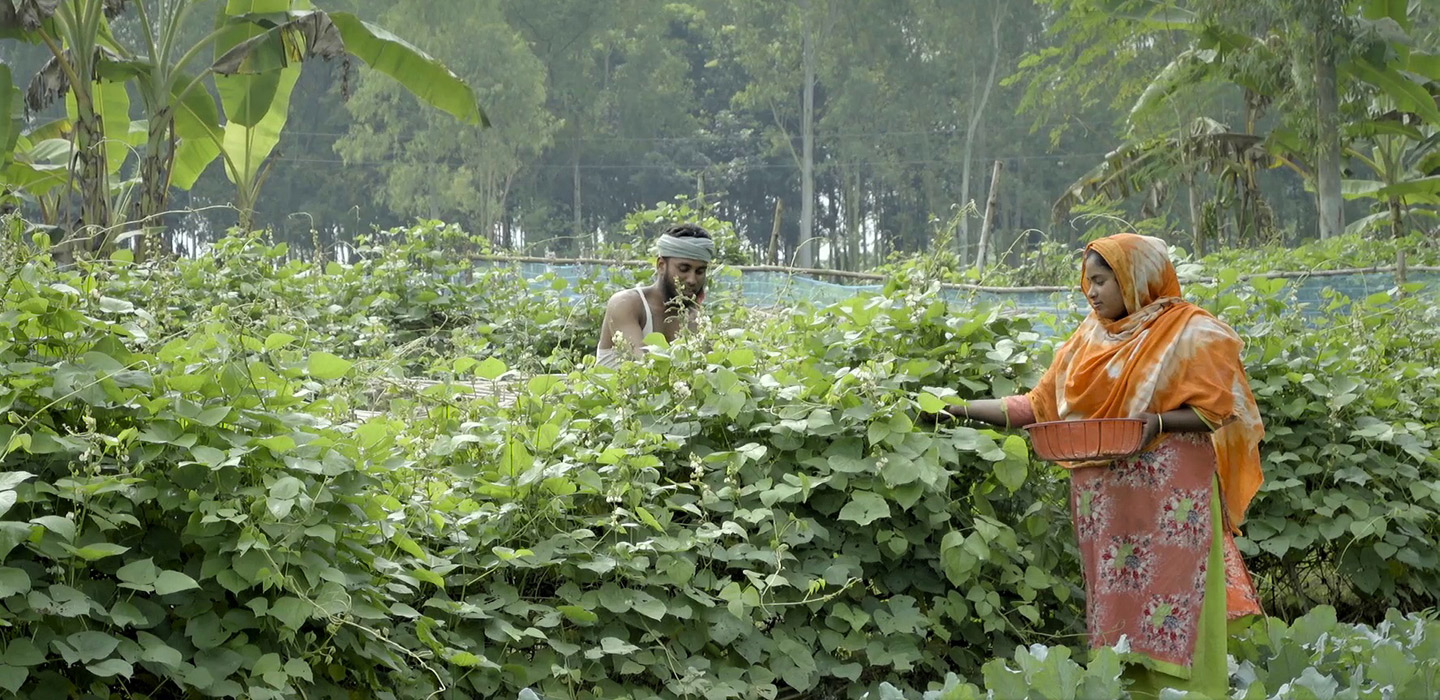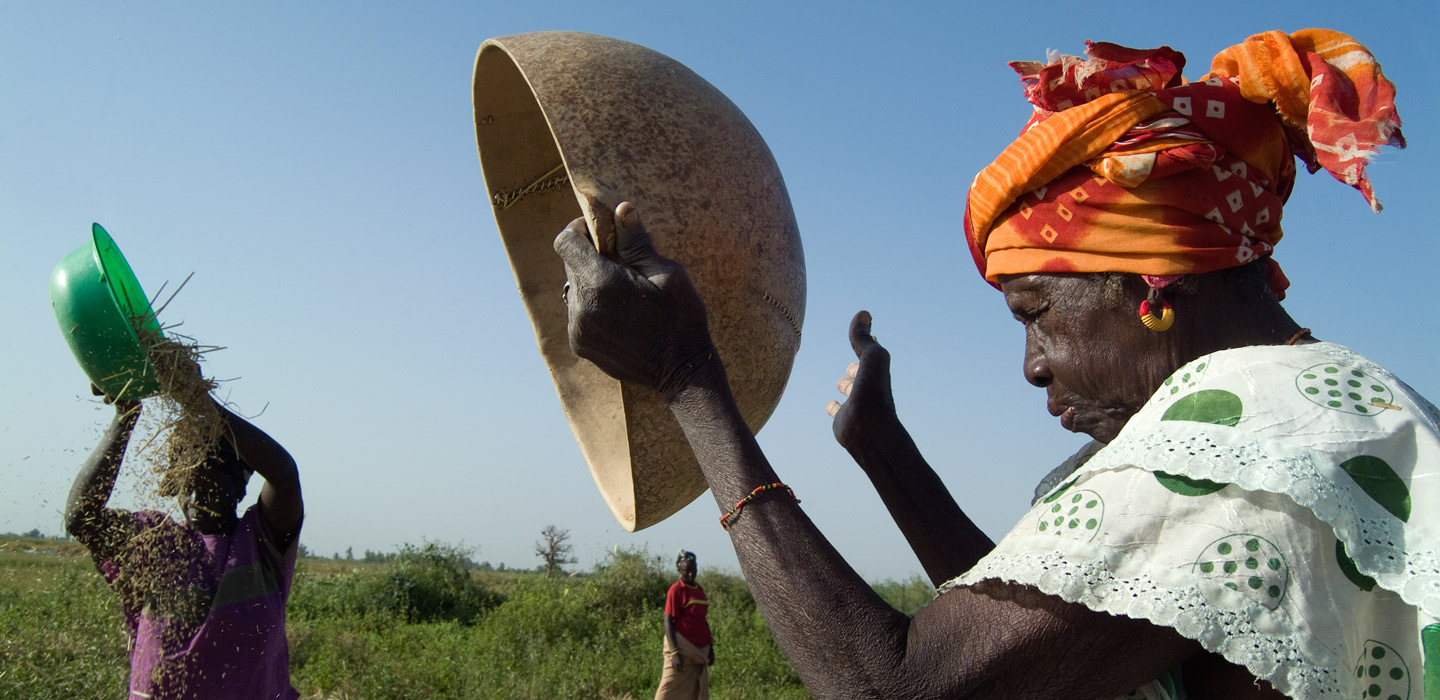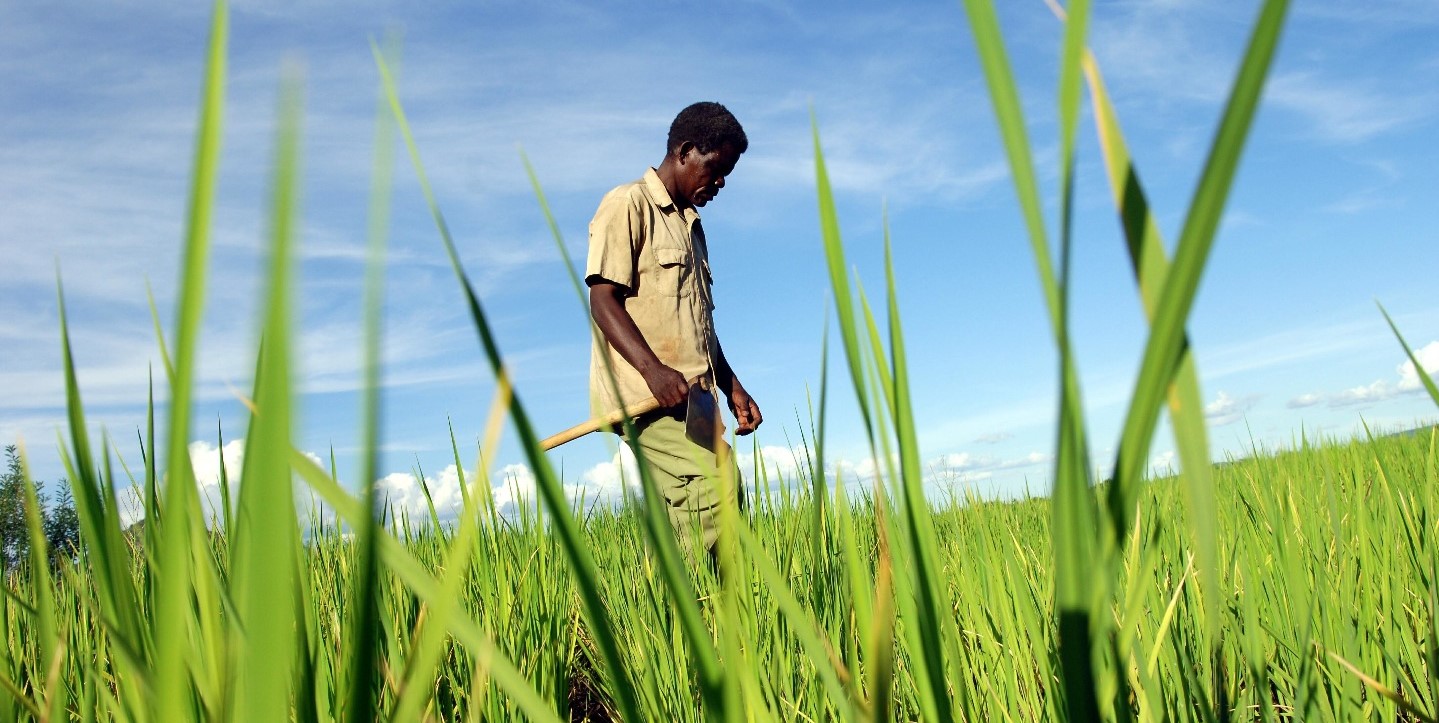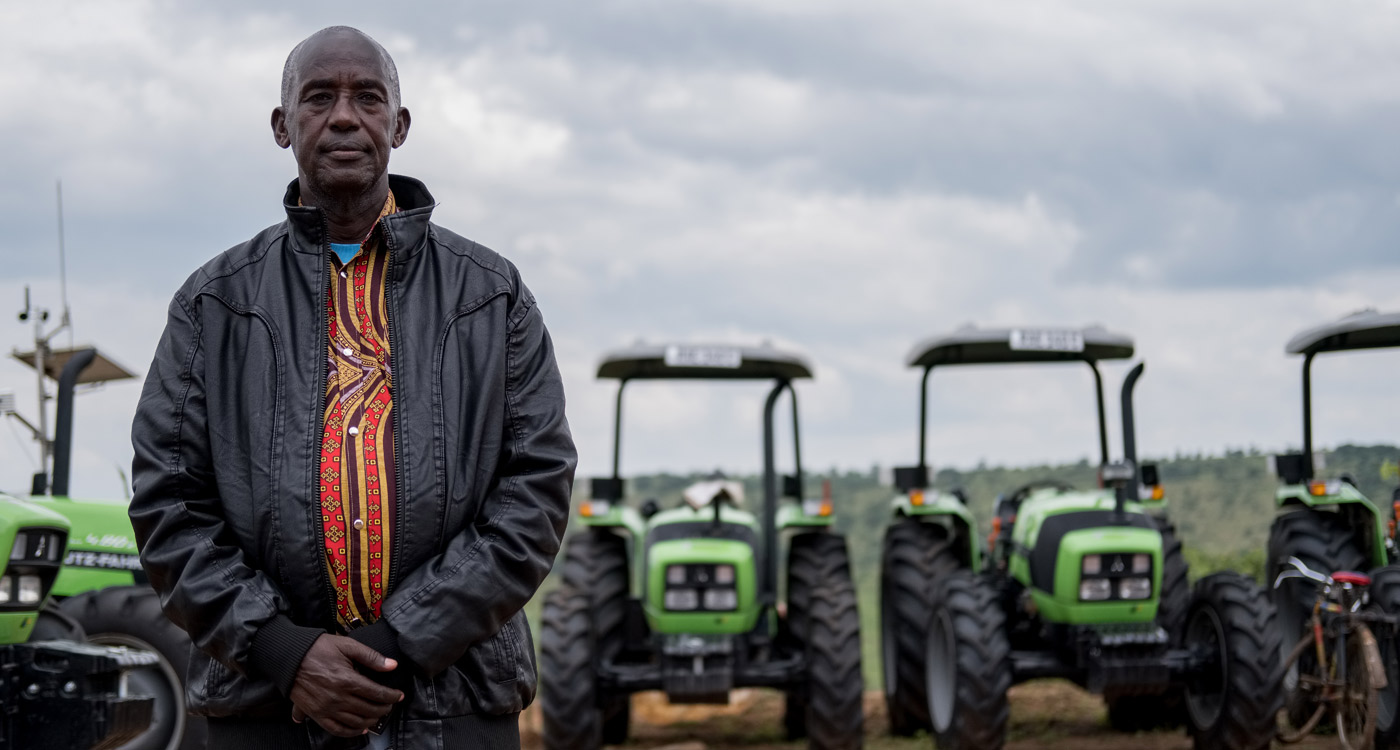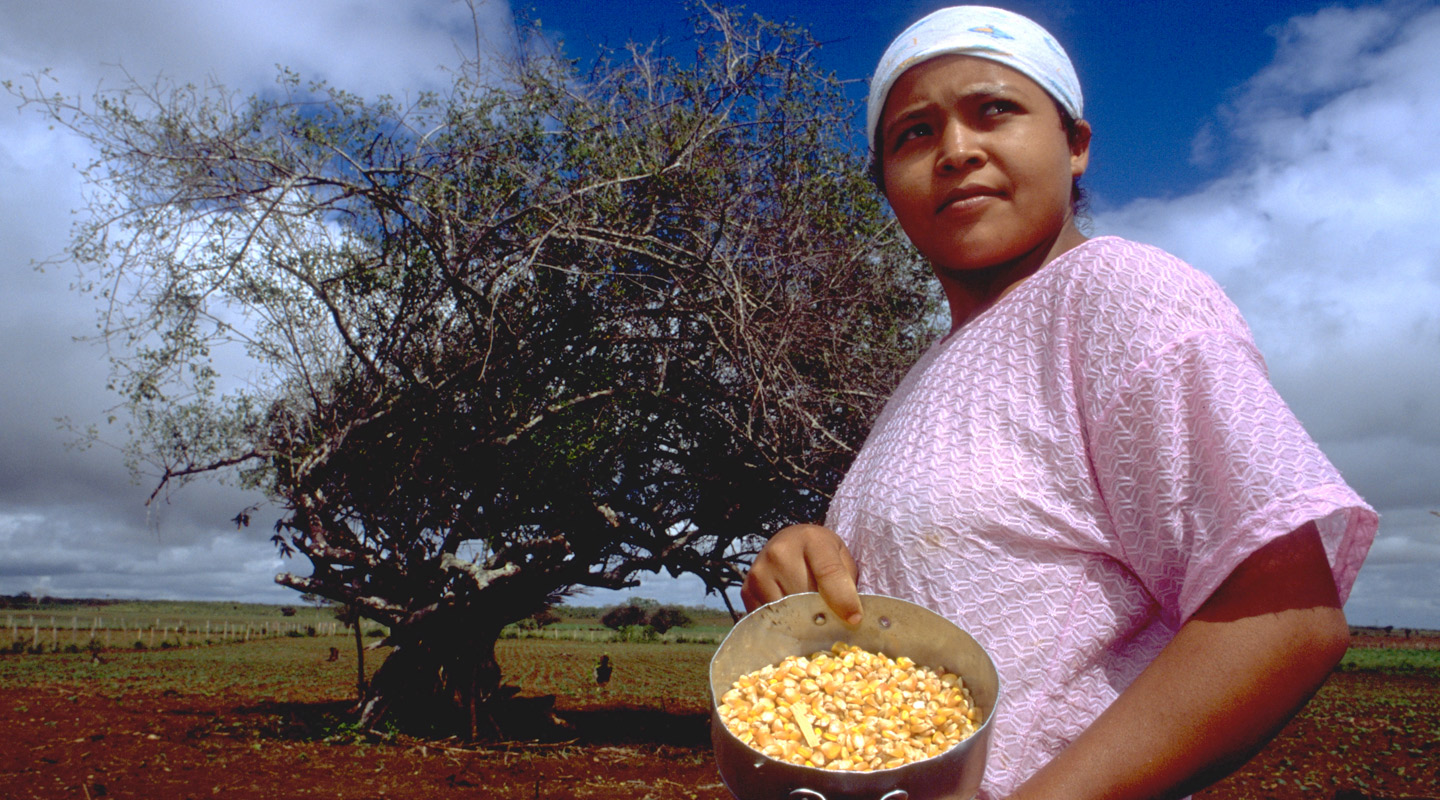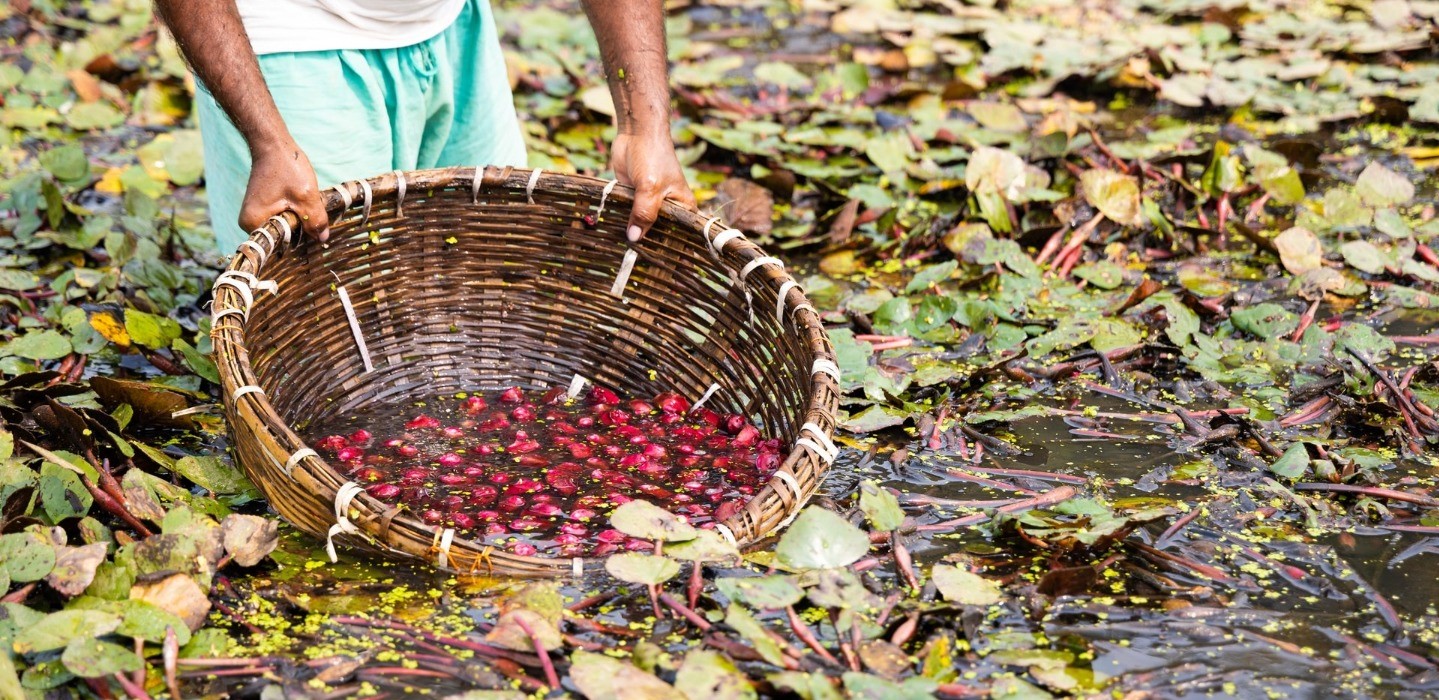Latest
Latest

Latest
Manual Submenu Topics
Search Results Filters
Search Results
How nature based solutions are transforming lives
Nature-based solutions is a concept that highlights the fact that people can proactively protect, manage or restore natural ecosystems, while significantly contributing to addressing six major challenges: climate change, food security, water security, human health, disaster risk, and social and economic development.
Managing fisheries for sustainability and resilience: The case of Angola
The fisheries and aquaculture sectors fully or partially support the livelihoods of 10–12 per cent of the world’s population. Yet fisheries across the world are under threat from climate change and over-exploitation. The question of how best to manage fisheries under these conditions is a complex one, but in our experience, bringing communities into inclusive governance structures is an indispensable part of the solution.
Highlights from COP26 – Saturday 6 November
IFAD Goodwill Ambassadors, Idris and Sabrina Elba attended COP26 to help ensure that African farmers are not left out of the climate conversation and to promote greater investments for small-scale farmers and producers to adapt to climate change.
Media briefing with Idris and Sabrina Elba on how we can feed ten billion humans without destroying the habitable planet
We would like to invite you to our in-person media briefing on Saturday, 6 November at 11:00-11:30 GMT with IFAD and Conservation International on the importance of investing in small-scale agriculture, climate adaptation and nature-based solutions to achieve sustainable and prosperous food systems.
IFAD Goodwill Ambassadors Idris and Sabrina Elba attend COP26 to advocate for increased investments in climate adaptation and biodiversity protection
As climate negotiations enter a crucial phase, Idris and Sabrina Elba, UN Goodwill Ambassadors for IFAD, will attend COP26 to advocate for increased investments to help small-scale farmers to adapt to climate change and to protect biodiversity.
Six reasons to focus on small-scale producers at COP26
IFAD believes rural economies and food systems have the potential to become more resilient, sustainable, inclusive – and productive – all at the same time. But to get there, we need to focus our attention and support on the people who make these systems work.
The French Development Agency and the International Fund for Agricultural Development join hands to promote food security and sustainable agriculture in the Republic of The Gambia
On 1 November 2021, the French Development Agency (AFD) and IFAD will sign a €7 million grant agreement to support the implementation of the project “Resilience of Organizations for Transformative Smallholder Agriculture” (ROOTS). The project aims to improve food security, nutrition and smallholder farmers’ resilience to climate change in The Gambia.
COP26: Pastoralists and rural entrepreneurs from Asia and Africa amongst speakers at IFAD Pavillion
Pastoralists and young rural entrepreneurs from six different Asian and African countries will be at COP26 in person to share their experiences in managing their ecosystems and to advocate for investments to stimulate green jobs and climate adaptation.
Highlights from COP26 - Wednesday 3 November
It’s the first day at the IFAD Pavilion at COP26 in Glasgow, United Kingdom, and we’ve come together with thousands of activists, world leaders and representatives of businesses and civil society from around the world to talk about the greatest challenge we face: how to mitigate and adapt to climate change.
Bringing the benefits of agricultural insurance to smallholders in Viet Nam: Building awareness and understanding
Between sowing their seeds and selling their harvest, smallholder farmers in developing countries face a multitude of potentially devastating risks. In Viet Nam, as in countries around the world, many of the most severe threats are climate-related, including storms, floods, excessive heat, frost and drought.
At COP26, IFAD spotlights the impact of climate change on small-scale farmers with an innovative virtual visit to Bangladesh
IFAD highlighted the impact of climate change on small-scale farmers at the 26th Conference of the Parties (COP26) to the UN Framework Convention on Climate Change currently underway in Glasgow, UK, through a virtual visit to Bangladesh, where the country’s poorest small-scale farmers spoke about the projects and practices that are helping them adapt.
Protecting homes and livelihoods in Bangladesh’s Haor Basin
On one terrible day four years ago, Anjuli Rani Das’s life was swept away before her eyes. A flash flood engulfed her small duck farm, washing away everything she had worked for in the past years.
Honduras and IFAD will work together to foster resilient small agriculture
The Government of Honduras and IFAD, the UN agency for rural development, agreed today in Glasgow to work together to access Green Climate Fund (GCF) financing to promote small-scale climate-smart agriculture in the country.
Climate change adaptation programme can help an additional 10 million vulnerable people in Asia and Pacific says new IFAD report
Climate-related hazards are intensifying in the Asia Pacific region, disproportionately affecting vulnerable rural communities. Policymakers must prioritise climate resilience and adaptation measures in order to protect rural communities from losing economic advancements according to a new report released today by IFAD.
IFAD goes to COP26 – Putting rural small-scale farmers at the centre of global climate negotiations
From 31 October, world leaders, experts, and climate activists from across the world will gather in Glasgow, Scotland for COP26, the biggest climate conference since the Paris Accords. IFAD will be there, calling for greater investments in climate adaptation – and we will be giving the floor to rural small-scale producers to share their own experiences and solutions.
Putting rural small-scale farmers at the centre of global climate negotiations – IFAD interactive events during COP26
Rural small-scale farmers are disproportionately impacted by climate change, yet seldom have a voice at global forums. At COP26, IFAD has created a space to hear their challenges and solutions. With more than 30 interactive events hosted at its pavilion, IFAD will highlight how small-scale farmers can adapt to a changing climate and ensure global food security.
What do the IPCC report’s findings mean for rural dwellers? Your questions answered
The IPCC report released in summer 2021 leaves no more room for ambiguity: the climate is changing, and it’s because of human activity. Here, we answer some of your questions about the report, why it’s important, and what its findings mean for some of the world’s most vulnerable populations.
Oysters and honey: The perfect combination for Senegal’s Delta of Saloum
The Delta of Saloum’s mangrove forest is rich in beauty and biodiversity, but it has suffered from years of deforestation, disrupting the area’s ecosystem and threatening the livelihoods of the area’s farmers and fishers. Recently, a collaborative project has begun to tackle both problems by funding a restoration of the mangrove and supporting local farmers’ associations.
IFAD report predicts steep drop in African staple crops by 2050, prompting urgent call for adaptation funding at COP26
Staple crops in eight African countries could decrease by as much as 80 percent by 2050 in some areas if temperatures continue to rise due to climate change, according to a report released today by IFAD.
What are nature-based solutions? Your questions answered
We believe nature-based solutions (NbS) are the key to helping the most vulnerable people adapt to the effects of climate change. But just what are NbS, and why do we think they’re so great?
Why invest in climate change adaptation? Your questions answered
It’s official: human-induced climate change is happening. Some of its effects are already being felt, and further impacts are inevitable. Alongside mitigating our greenhouse gas emissions, we need to help those already feeling the worst effects – particularly small-scale agricultural producers – adapt.
Adapt Now: Climate change and small-scale farmers – Episode 25
This month’s episode is all about the connections between small-scale farming and climate change as we approach the UN Climate Summit, or COP26, to be held in Glasgow.
Why COP26 matters for the world’s rural dwellers: A conversation with Jo Puri
In early November, top experts from around the world will meet in Glasgow for COP26, the biggest climate change conference since the Paris Accords. We caught up with climate scientist and IFAD Associate Vice-President Dr Jo Puri to ask her what COP26 is all about and what she hopes will emerge from it.
High-level UN delegation to visit farmers and review progress of rural development projects in Egypt
A high-level delegation of Executive Board members and senior staff of the International Fund for Agricultural Development (IFAD) began an official one-week visit to Egypt today, to observe the impact of IFAD's investments in the country.
The challenges and opportunities of investing in small-scale irrigation
Many countries in the Arab world rely on irrigation for their agricultural production. However, large-scale irrigation schemes have historically been difficult to manage. Small-scale schemes, when planned well from the outset, can be the solution.
High-level UN delegation to visit Egypt next week
A high-level delegation of IFAD's Executive Board members and IFAD senior staff will begin a five-day working visit to Egypt from 23rd to 28th of October and will meet with high level Government Officials and travel to IFAD-supported projects in the country to see progress and meet with community members and rural farmers.
Women are protagonists of change in Nicaragua’s rural areas
One after another, women who received support from the NICAVIDA project, repeat like a mantra: “I’m a protagonist”.
Ahead of global climate talks, public development banks join forces to boost investments in sustainable food systems
Responding to an urgent call to increase financing for the world’s poorest farmers who are hardest hit by climate change, a group of Public Development Banks (PDBs) stepped up their commitment to accelerate green investments in agriculture during today’s Finance in Common Summit.
Finance as a driver of food systems transformation: A new role for Public Development Banks?
One major obstacle to realizing sustainable and inclusive food systems is a lack of sufficient and appropriate financing. Recent estimates suggest that transforming food systems to deliver healthy people, a healthy planet, and a healthy economy will require an extra US$300 – US$350 billion per year for the next decade.
Leading from the front - How rural women across South Asia are inspiring their communities
From the fields they sow to the harvest they reap and the cattle they raise – women are the backbone of farming in South Asia. Yet, their contributions often remain invisible, and they are denied access to resources and a voice in decisions.
Invest in gender equality to reduce climate change impacts on world’s poorest, says IFAD President on the International Day of Rural Women
We need a significant boost in investments to close the gender gap otherwise rural communities will never bounce back from the impacts of climate change, warned Gilbert F. Houngbo, the President of IFAD, on the International Day of Rural Women.
Changing lives by transforming gender norms
Women are major contributors to the rural communities where IFAD works but they continue to face barriers that inhibit their – and their families’ – livelihoods. Compared with men, women have less access to resources and services – including land, finance, training, inputs and equipment. In addition to their agricultural work, they are overburdened with domestic chores and caring tasks.
To achieve the SDGs we must first transform how we feed the world
This year we commemorate, for the second time, World Food Day held under pandemic conditions. The theme is Our Actions Are Our Future. It’s time to ask what actions we must take to build that better future, in which food is produced sustainably and efficiently, providing good nutrition to all, while protecting the environment.
The woman who walks with llamas
Thousands of Bolivian families, particularly in the Altiplano, the high-plateau region of the Andes where Chaquilla is located, depend on breeding camelids for their livelihoods.
Celebrating rural women's voices - Rural women speaking out for change through community radio in Nepal
On the International Day of Rural Women (IDRW), 15 October, we celebrate rural women and girls worldwide and recognize the crucial role they play in contributing to sustainable food systems and rural development.
Neglected and underutilized species are the key to nourishing the world
The natural world has a wealth of plants that can sustain human life, yet global food systems are dominated by just three: wheat, maize, and rice. These species provide 50 percent of the plant-based calories we eat and occupy 40 percent of the world’s arable land.
Farmers’ organizations responding quickly in times of crisis
Ever since COVID-19 first struck, first responders all over the world have stepped up to keep the essential sectors of our society functioning. While many busied themselves with securing global health and safety, others leapt into action to keep the world’s food production chains moving.
IFAD and Nepal mount post-COVID investment programme to build resilience of rural communities
IFAD and the Government of Nepal recently launched a six-year programme to improve the livelihoods, climate resilience and nutrition of 120,000 smallholder farmers across 28 districts in provinces 2, 3 and 5.
If we lose biodiversity, we will not address climate change or hunger, warns IFAD report ahead of UN biodiversity conference
If we continue to lose biodiversity, the world’s most vulnerable people will not be able to adapt to climate change nor sustainably produce food, according to a report released today by IFAD. The report also details the role that rural small-scale farmers play in protecting biodiversity.
Promoting youth employment in Grenada
Two of the most significant challenges Grenada faces are common ones for small island developing states: high levels of youth unemployment, currently over 40 per cent, and vulnerability of agricultural production to climate change and climate shocks.
The Gilani Umoja Youth Group reaps their rewards
The Gilani Umoja Youth Group was founded in 2017 as a way to create jobs for local youth and ensure a steady supply of cereals and other staple crops. Despite some struggles at first, their business is now a source of livelihoods for themselves and others in their community.
Meet the rural women helping Paraguay’s communities and food systems flourish
Ten years ago, in Paraguay’s Capiíbary district, a group of women came together to form an association of market-sellers. Today, with the support of an IFAD-financed project, they’re thriving – and their association is now integral to local food systems.
Tackling climate change: Saving Senegal's mangrove forests
Marianne Ndong and her colleagues make a living from raising and selling oysters in the village of Dassilamé Sérère, in Senegal’s Saloum Delta. Mangroves don’t just support marine life, like the oysters Marianne raises. They also form a protective barrier between land and sea.
Balancing Biodiversity with Agricultural Development – Episode 24
This month’s episode focuses on the upcoming UN Convention on Biological Diversity, set to take place in Kunming, China this October.
To transform our food systems we must reimagine how they are financed, says IFAD President
To transform our food systems to end global hunger and be sustainable in a changing world, we must first reimagine how they are financed, said the President of IFAD to world leaders attending the UN Food Systems Summit, which ends today.
Raising hope and opportunity in rural Tajikistan: Obidova’s story
Obidova is busy these days. Whether she’s setting up a new shelter for her birds or going to the markets to sell, her days are filled with taking care of her family and her poultry business. But just a year ago, things looked very different.
Preventing the next pandemic by integrating human, animal and environmental health
The COVID-19 pandemic has made it clearer than ever that human health is not just a matter of providing people with medical care. To avoid future pandemics, we need to recognize that the well-being of people, animals, plants and ecosystems must be addressed as a dynamic whole.
Re-imagining food systems through the climate–nutrition nexus
The food we eat plays a role in not just our health, but that of our descendants. How we grow, hunt, fish or gather it, how we process it and bring it to market, affects the world around us. These simple relationships are the foundation of the climate–nutrition nexus.
Small-scale farmers need decent wages - IFAD calls on world leaders to commit to action at Food Systems Summit
It is an outrage that rural small-scale farmers in developing countries, who grow a third of our global food, are paid a pittance for their work, said the President of IFAD who today asks world leaders attending the UN Food Systems Summit to take concrete actions to change this.
A glimpse into the Pacific food systems
Discover the specificities of food systems in the Pacific region, why they are particularly fragile, and the role of the island communities in protecting them.
Three ways IFAD can support digital agriculture in the Asia-Pacific region
Farmers and agribusinesses across the Asia-Pacific region are increasingly making use of new digital technologies. IFAD and Grow Asia have recently released a report exploring how these technologies are reshaping the region’s agriculture and how IFAD’s investments can accelerate the adoption of these technologies.
IFAD’s Rural Development Report 2021
Our food systems are failing us. From the climate, to the environment, to nutrition, to human health and well-being, they are not delivering the outcomes we all need. IFAD’s Rural Development Report 2021 describes the systemic issues that have led to the situation we are in, identifies priorities for transforming our food systems, and provides recommended actions to achieve meaningful change.
Global food systems must be disrupted and changed – new IFAD report recommends concrete actions for policymakers
Transforming global food systems to become more inclusive, fair and sustainable may seem an insurmountable challenge, yet there are concrete actions policymakers can take, according to a new report released by IFAD today.
Amplifying rural needs and voices: A conversation with Helene Papper
It’s clearer than ever before: to address global crises, the communities who implement solutions must be involved, their voices heard, their knowledge included. But how do we bring forward voices from the world’s most remote areas?
African small-scale farmers use radio and mobile phones to send a message of optimism and caution to world leaders attending Food Systems Summit
Small-scale farmers in sub-Saharan Africa are impacted disproportionately by climate change, poverty and undernutrition, yet a report released today shows many remain optimistic about the future of farming.
Investing in the foundations of Gambian agriculture
Roots are the essence of farming: they erect healthy plants and help grant a predictable and generous harvest. The IFAD-supported ROOTS project seeks to promote exactly that strength in The Gambia.
Small-scale producers are central to Africa’s forest restoration efforts
Small-scale farmers have an important role to play in restoring Africa’s forests. Two IFAD-supported projects in Eritrea and Kenya are helping these farmers engage in efforts that both restore local forests and have direct economic and social benefits for their communities.
Finding a way forward: Sector reforms in Lesotho’s wool and mohair industry
Lesotho’s efforts to nationalize its wool and mohair industry set off a cascade of unintended consequences. At the government’s request, IFAD and the WAMPP project commissioned a study to analyze the impacts of these regulations and inform future policy revisions.
The labour market dynamics of COVID-19
Over a year and a half into the COVID-19 pandemic, there’s still a lot to learn about how the labour market in developing countries is reshaping itself – especially in terms of gender dynamics. Our latest study tracks employment trends in Nigeria with both pre- and post-pandemic data.
Building a Great Green Wall: Four lessons learned from the World Bank assessment
Helping the people of the Sahel prosper requires a Great Green Wall stretching across Africa. IFAD is embarking on a series of projects to help build this “wall.” We recently sat down with the World Bank to learn from their successes and challenges across a decade of their own project implementations in this region.
Support for Syrian herders and farmers to safeguard livelihoods in the face of the COVID-19 crisis
IFAD has contributed a US$544,795 grant to alleviate the pressure of the COVID pandemic on the Syrian rural community.
Mainstreaming agroecology in the Asia-Pacific region
Agroecology is a holistic approach that integrates elements of ecology, economy, and society within a food system. It also supports the well-being of small-scale producers, especially in terms of their empowerment and social inclusion. IFAD has a long tradition of supporting agroecology practices throughout Asia-Pacific, especially the Himalayas region.
Global climate leader appointed Associate Vice President at UN rural development agency IFAD
More investments in innovations and knowledge are urgently needed to increase the ability of rural people to adapt to climate change and shocks, said Jyotsna Puri, a long-time advocate for climate change adaptation and evidence-based policy and big data, who today takes up the position of Associate Vice President of the Strategy and Knowledge Department at IFAD.
The Lare Milk Dealers find their niche
Milk processing is normally a profitable venture in Kenya’s Nakuru County, but the Lare Milk Dealers Youth Group struggled to enter the market at first. Thanks to trainings hosted by an IFAD-supported project and some innovative additions to their business model, they’re now thriving.
Agroecology can address food systems failures - new IFAD report
In its first comprehensive assessment of agroecology, the International Fund for Agricultural Development (IFAD) announced today that 60 percent of its projects use practices from this holistic approach to sustainable agricultural production.
Empowering rural women with Agroecological Logbooks
The video presents the main results of using the Agroecological Logbook methodology in projects supported by IFAD in Brazil.
Black jelly brings a more resilient future for rural Viet Nam
Light and refreshing, with a mild, earthy flavour, Vietnamese black jelly is the perfect end-of-summer treat. It’s already popular throughout Viet Nam and its neighbouring countries – and thanks to the work of local growers and an IFAD-supported project, it’s now destined for wider audiences.
Protecting biodiversity is crucial to fighting hunger - IFAD calls for increased investments ahead of World Conservation Congress
If we do not invest more in protecting biodiversity, development cannot be sustainable and we will not eradicate hunger or achieve the Sustainable Development Goals, said the President of IFAD ahead of his participation in the IUCN World Conservation Congress that begins in Marseille today.
Gender-focused solutions for the post-COVID return to rural areas
The COVID-19 pandemic has given rise to waves of internal migration as urban workers return to rural areas. IFAD must identify solutions to the challenges this phenomenon has created, and will continue to create, for rural agricultural development. This is especially critical from a gender equity perspective.
Restoration takes root: Nasreen’s story
Nasreen’s family was struggling to make ends meet. Now, thanks to an IFAD-supported project, she runs her own ecological farm that produces high-quality, chemical-free vegetables – all while it restores the local ecosystem.
The Government of Mali and Rome-based agencies launch a joint programme to build resilience among rural people
The Ministry of Rural Development of Mali, the three United Nations Rome-based agencies (FAO, IFAD and WFP) and G5 Sahel officially launched a joint programme to help rural people in Mali build their resilience to climate change, conflict and COVID-19 on 26 August in Bamako.
Building rural resilience through South-South and Triangular Cooperation: Results of the Third Call for Proposals under the China-IFAD SSTC Facility
Find out more about the four projects selected from the SSTC Third Call for Proposals.
Connecting Farmers to the Food Systems Summit – Episode 23
In this month’s episode, we continue our focus on the first-ever UN Food Systems Summit.
Returning to Brazil’s Gente de Valor project: Lessons on sustainable impact
The Gente de Valor project was designed to assist the sertanejos (those who live in Brazil’s semi-arid region). It featured a community-driven development approach that promoted active participation and local leadership. Five years after the project ended, IFAD returned to evaluate the project’s outcomes and the effects of this approach.
What we’re reading for World Water Week
Here’s a list of our favourite books and other resources about the state of water in our world and the way it intersects with our politics, economics and societies.
